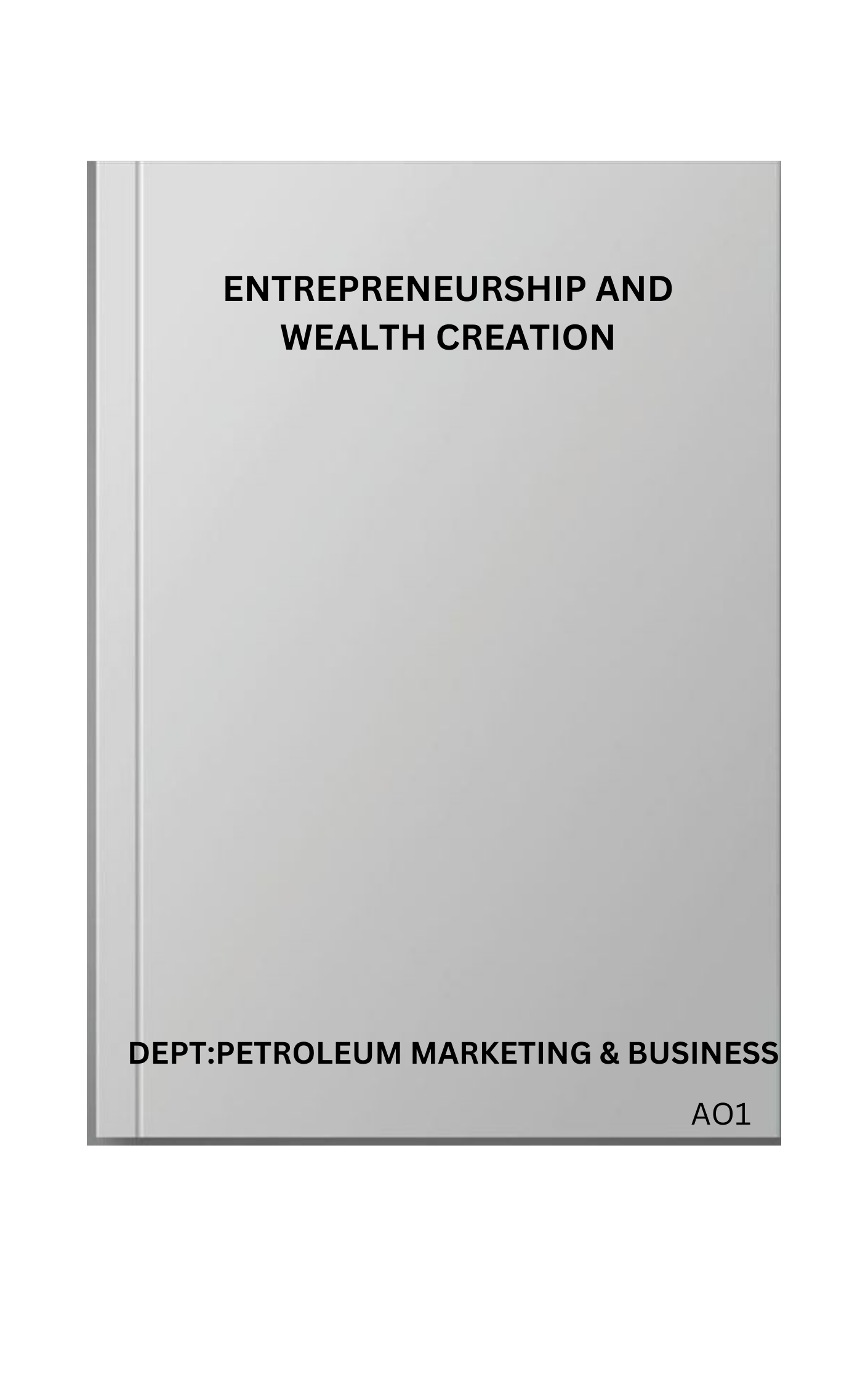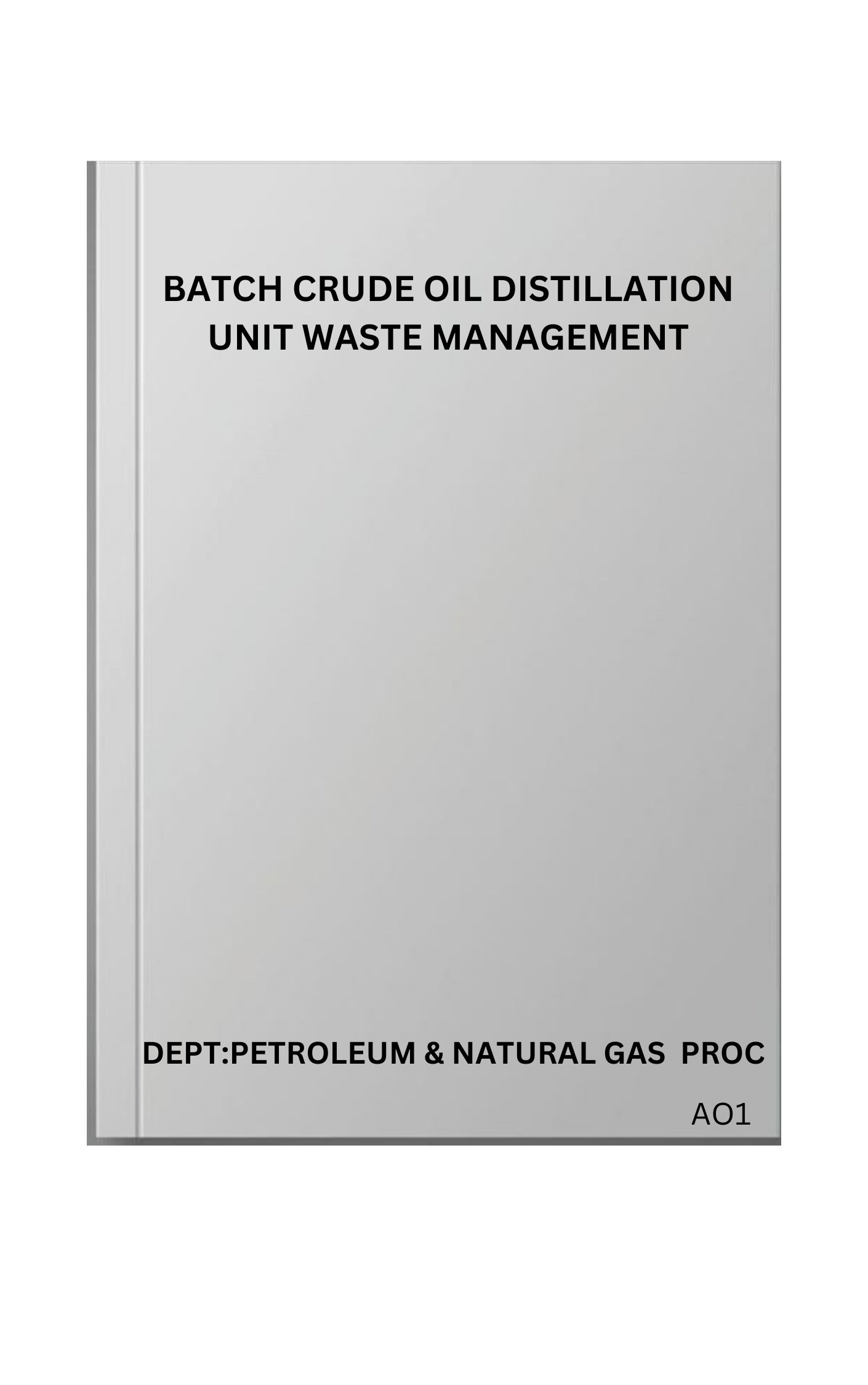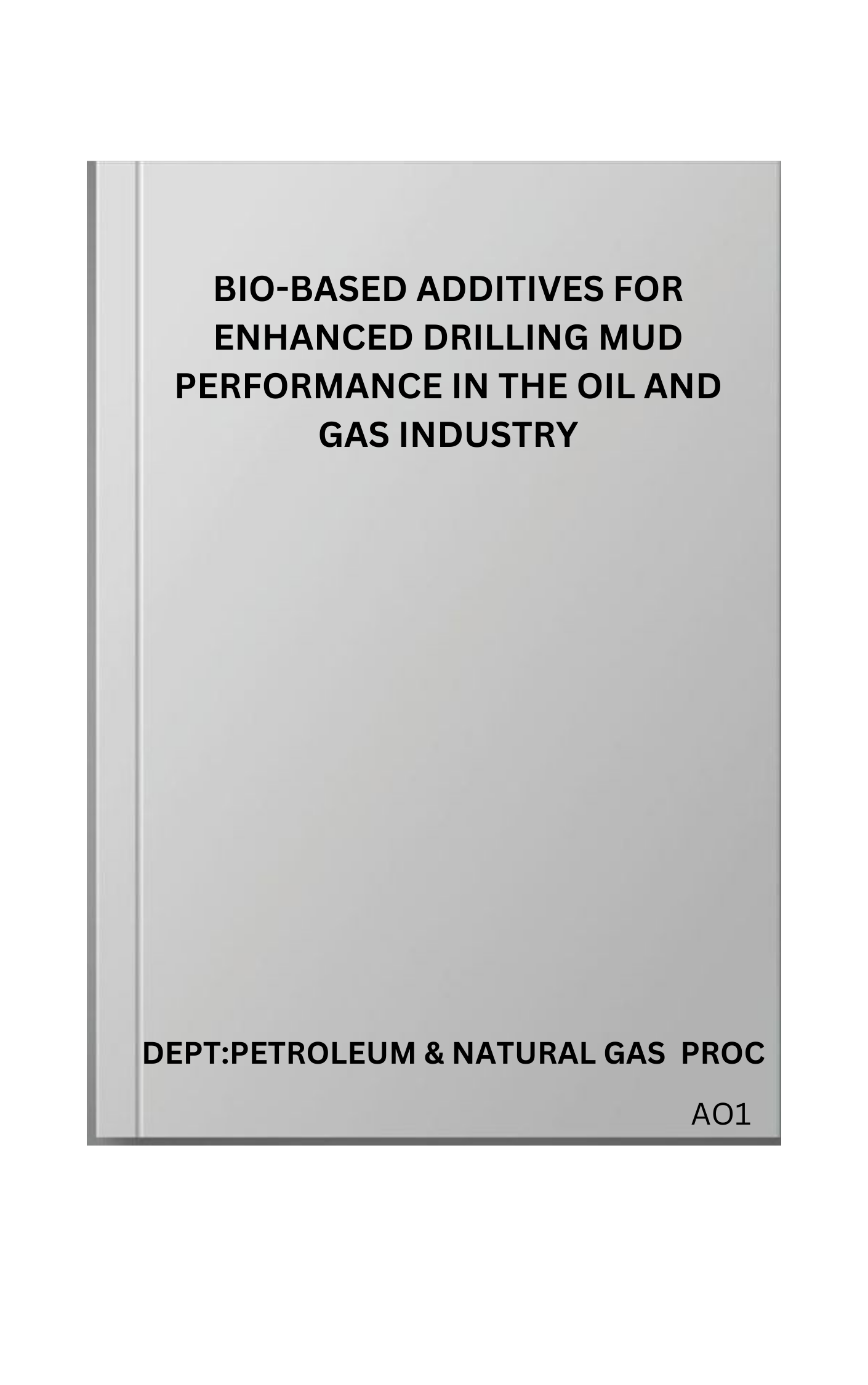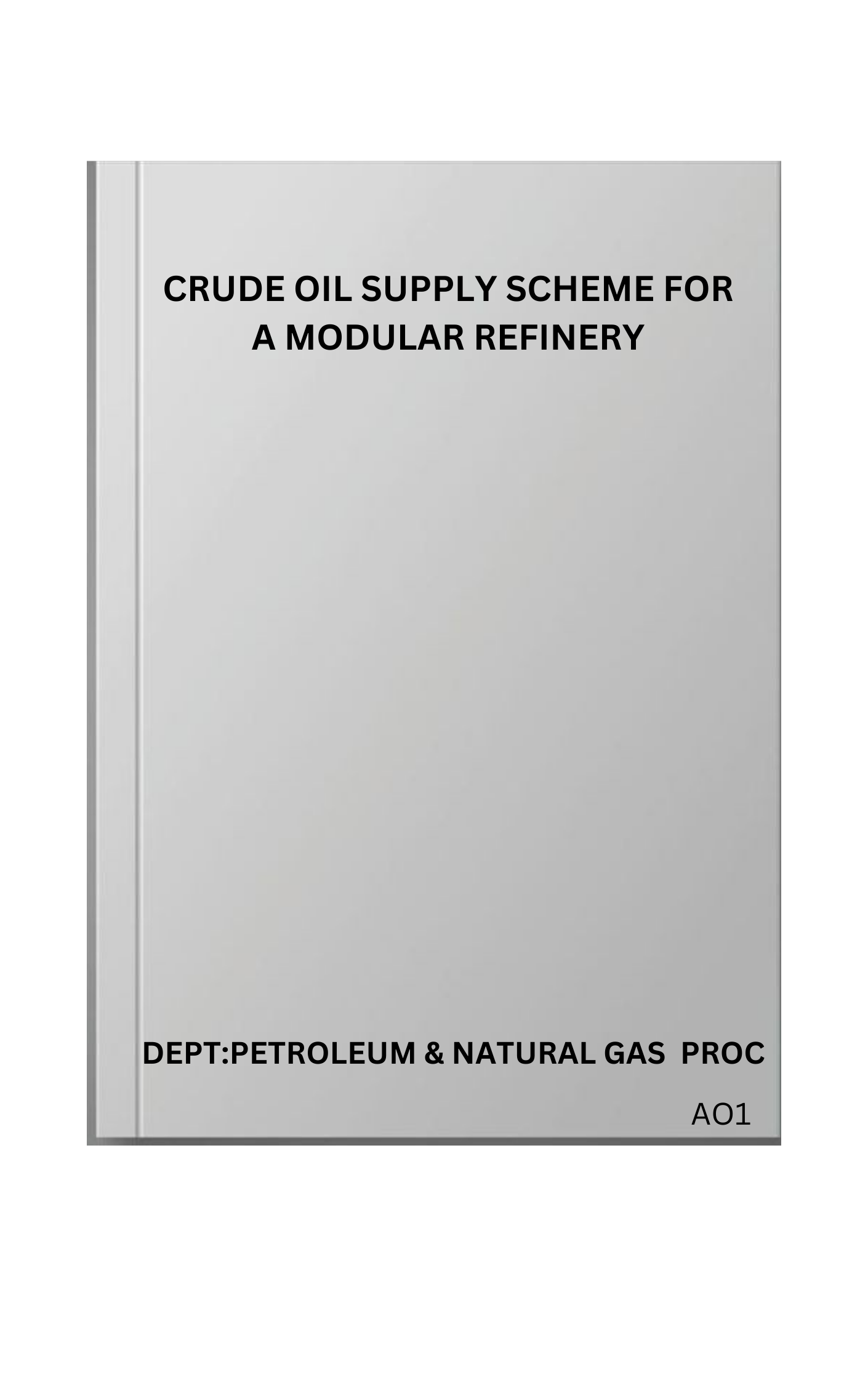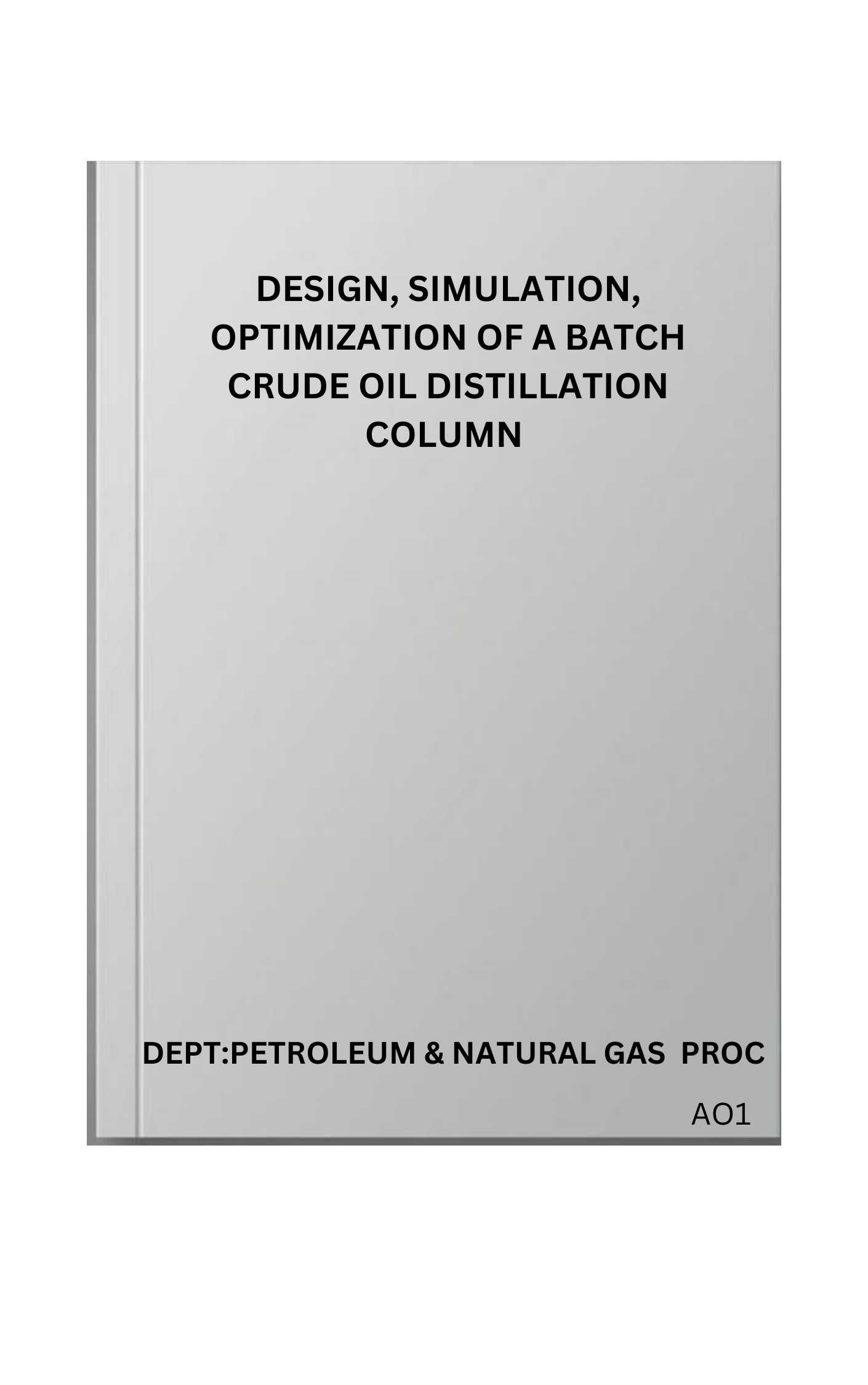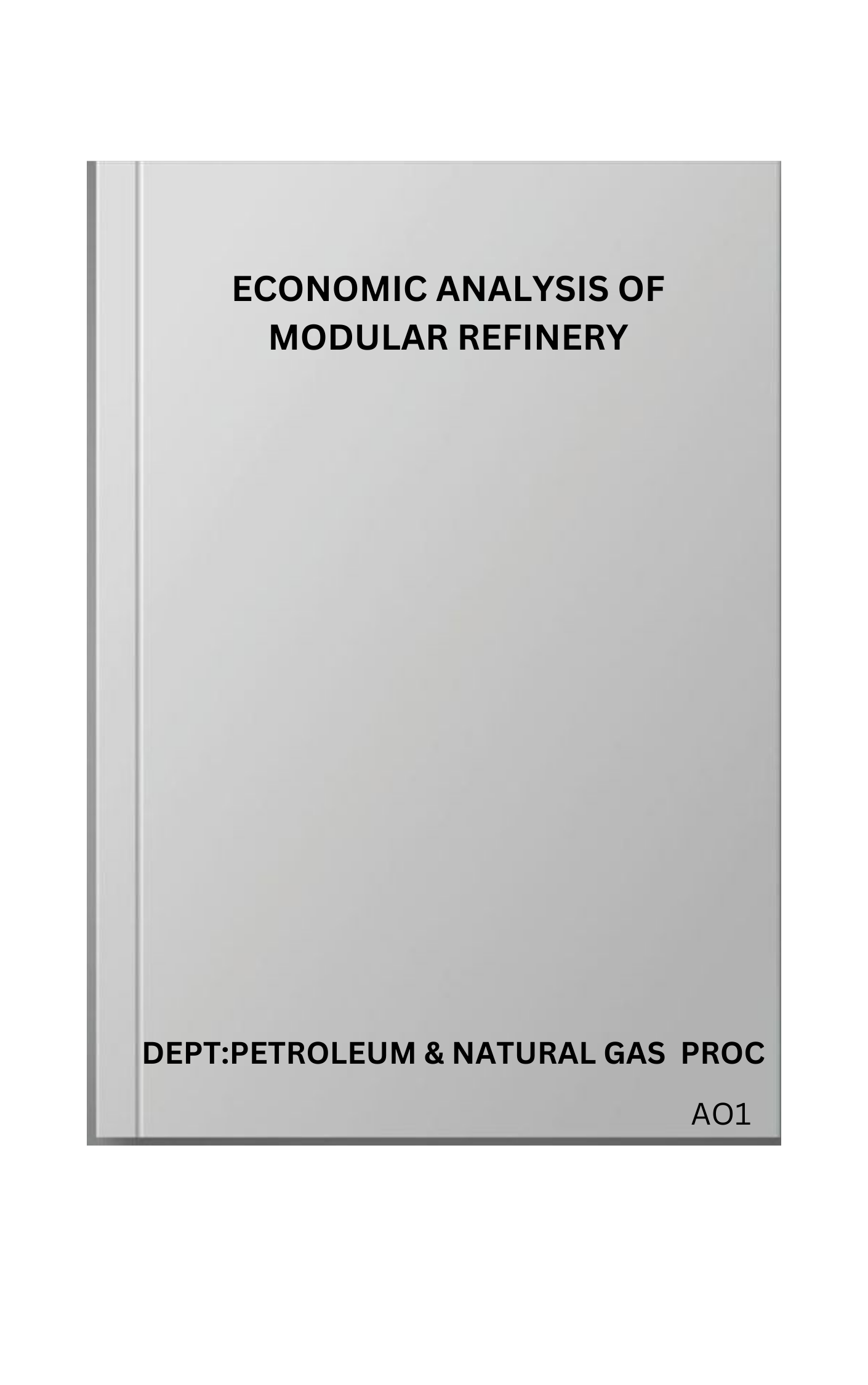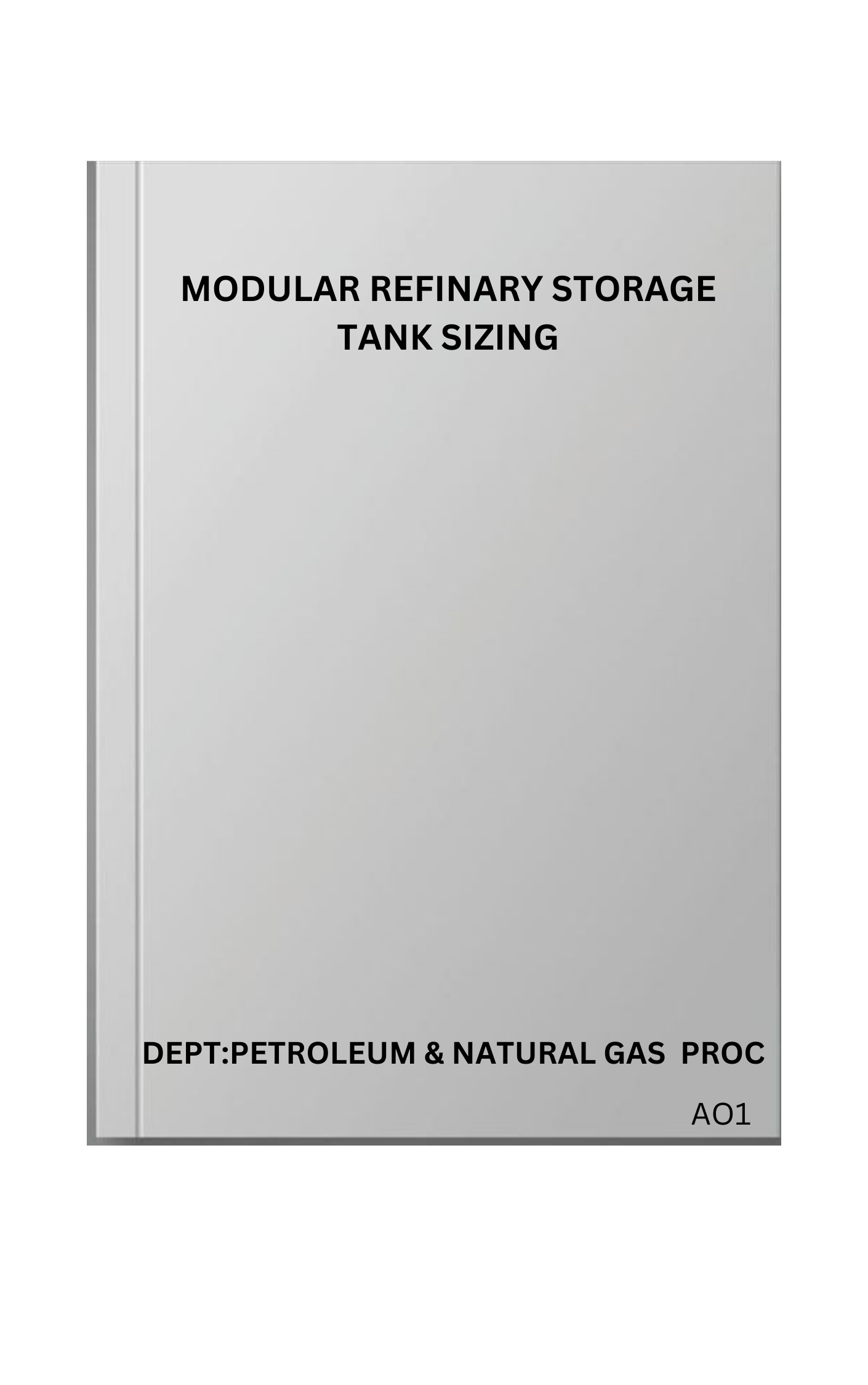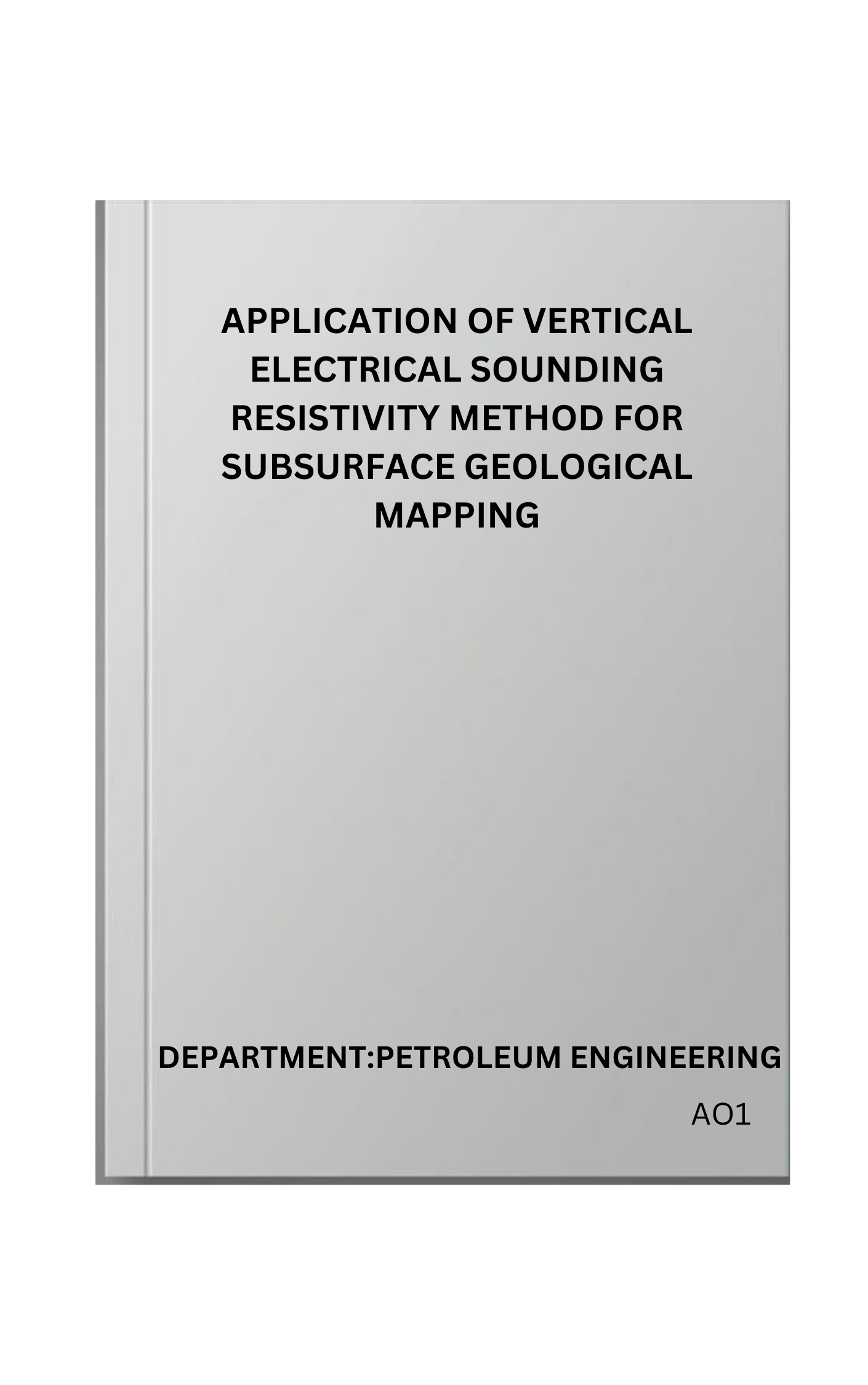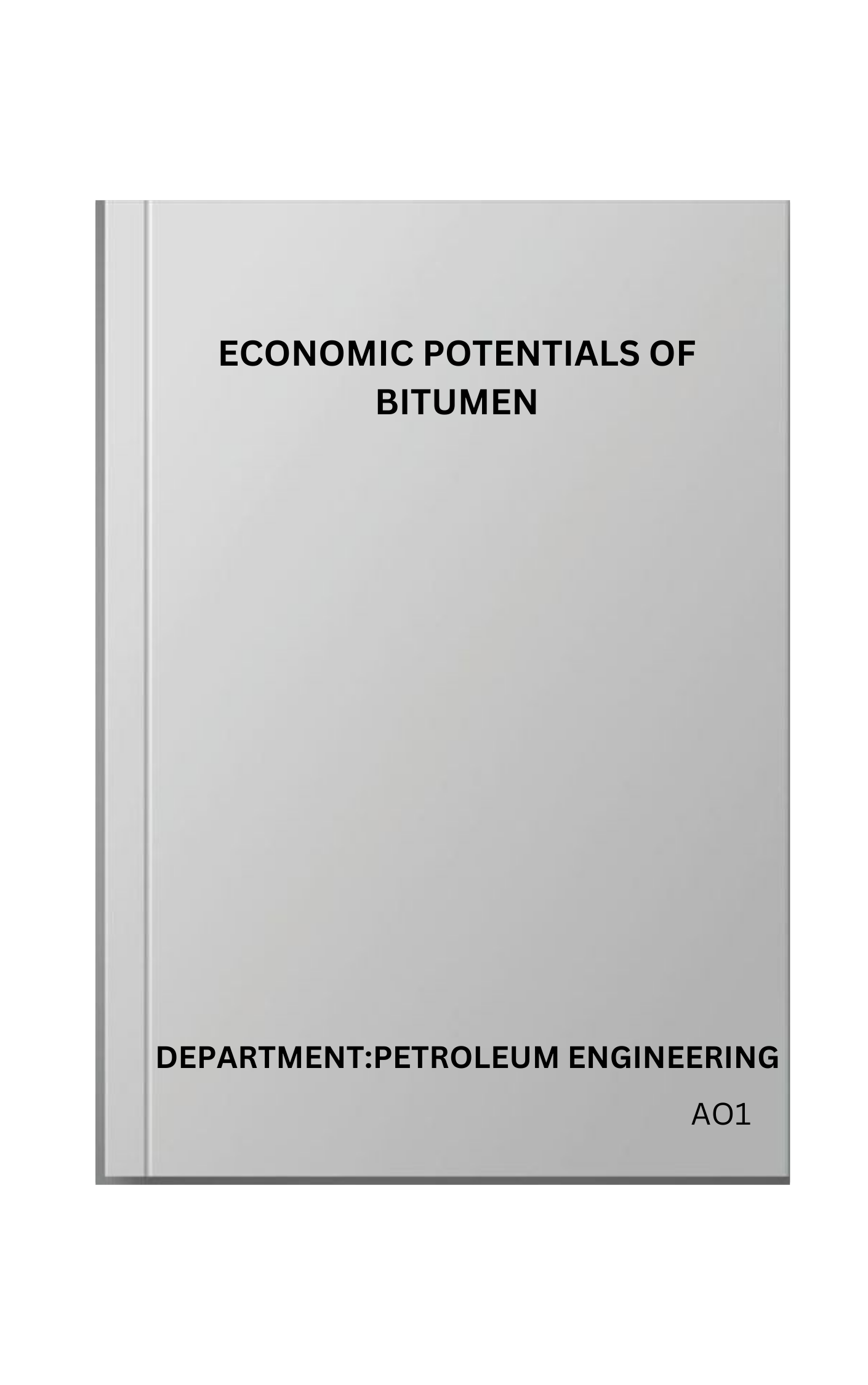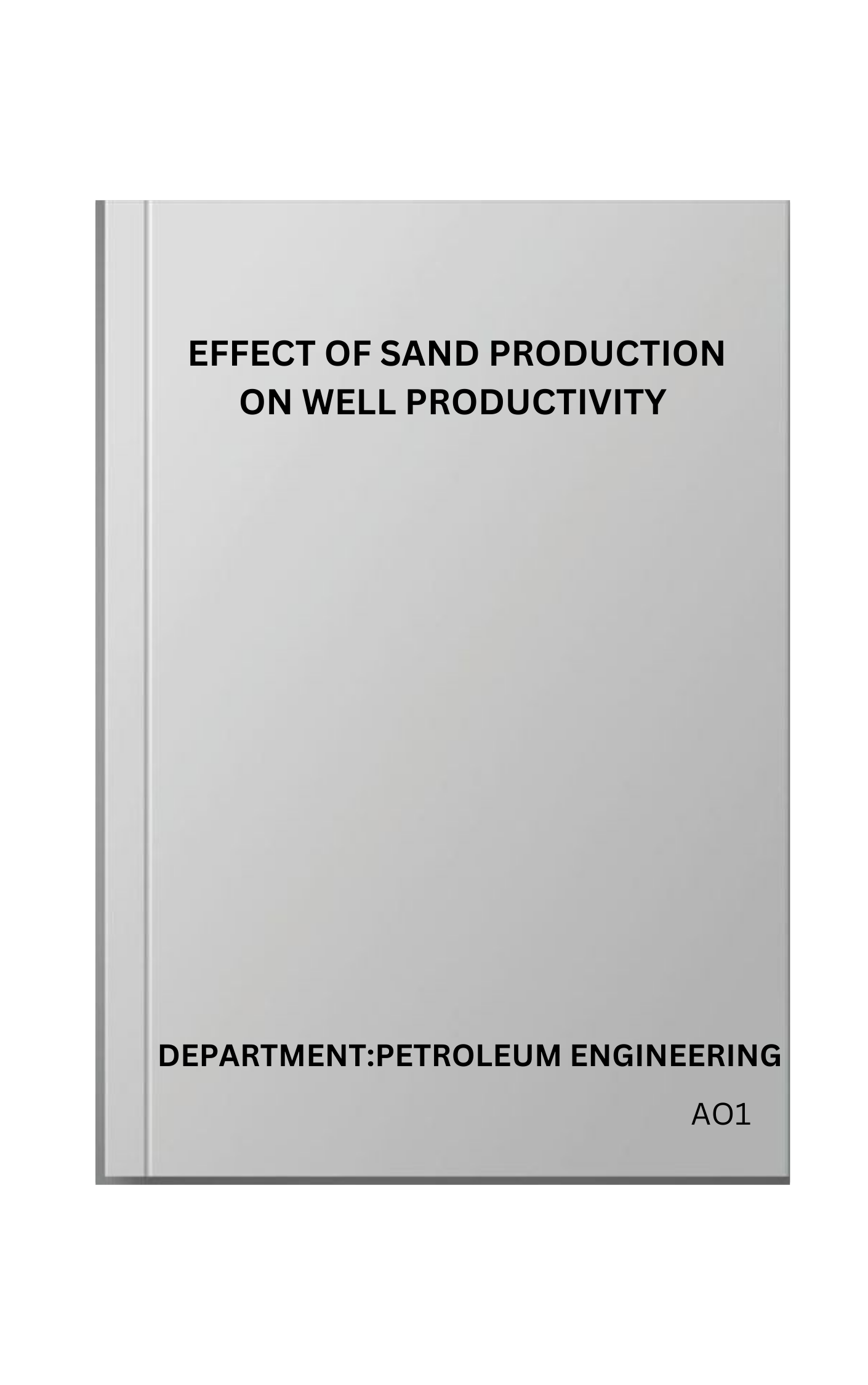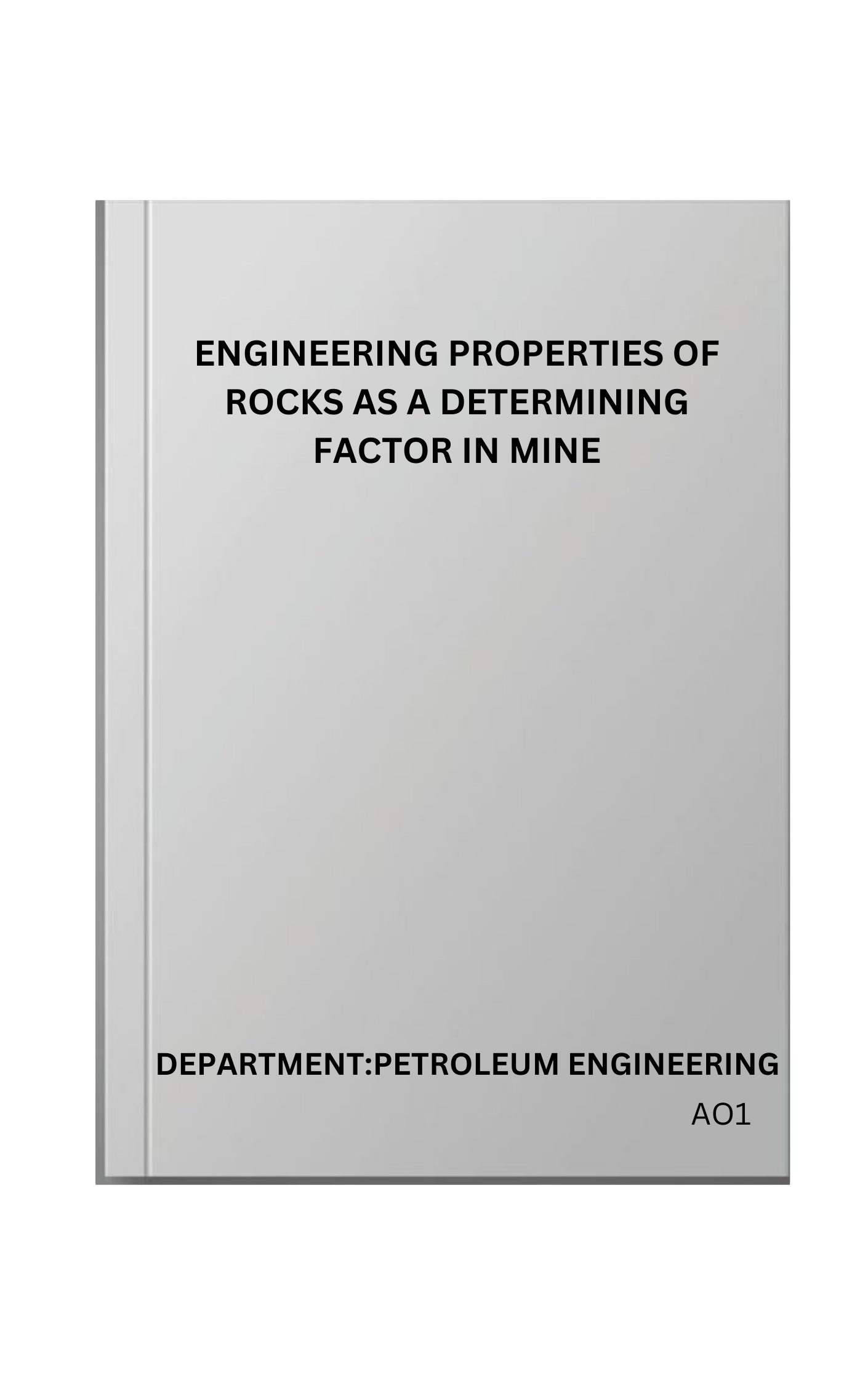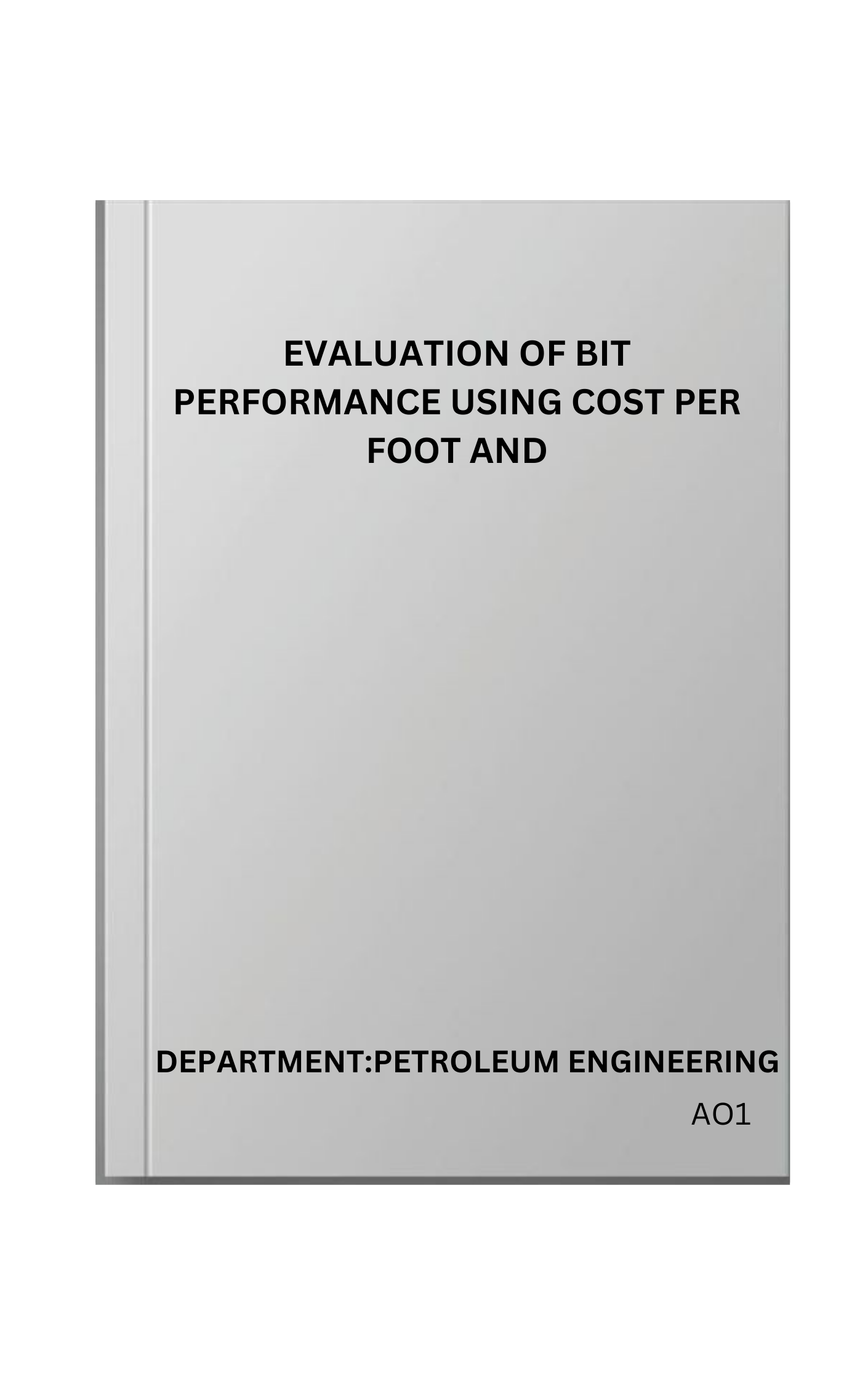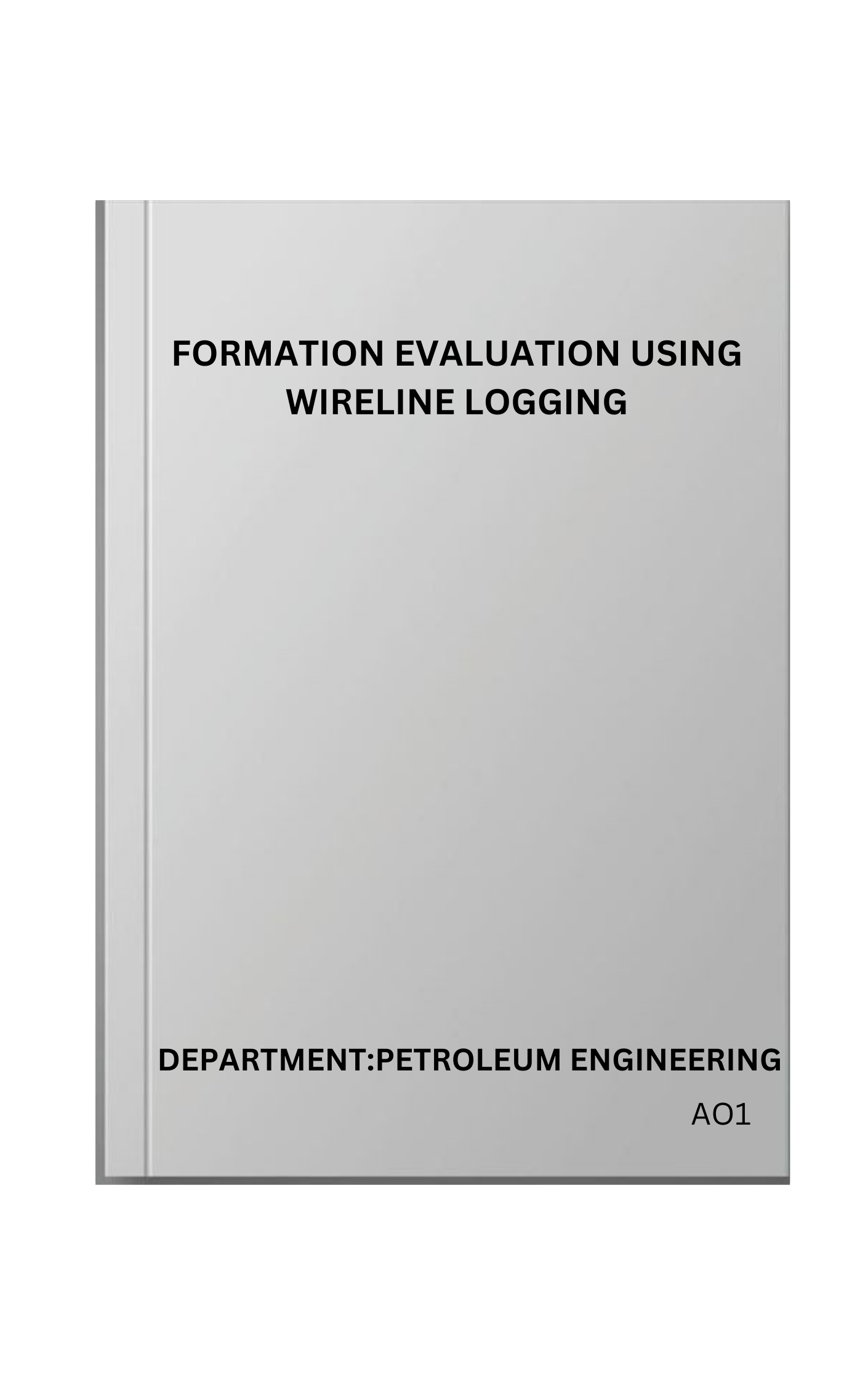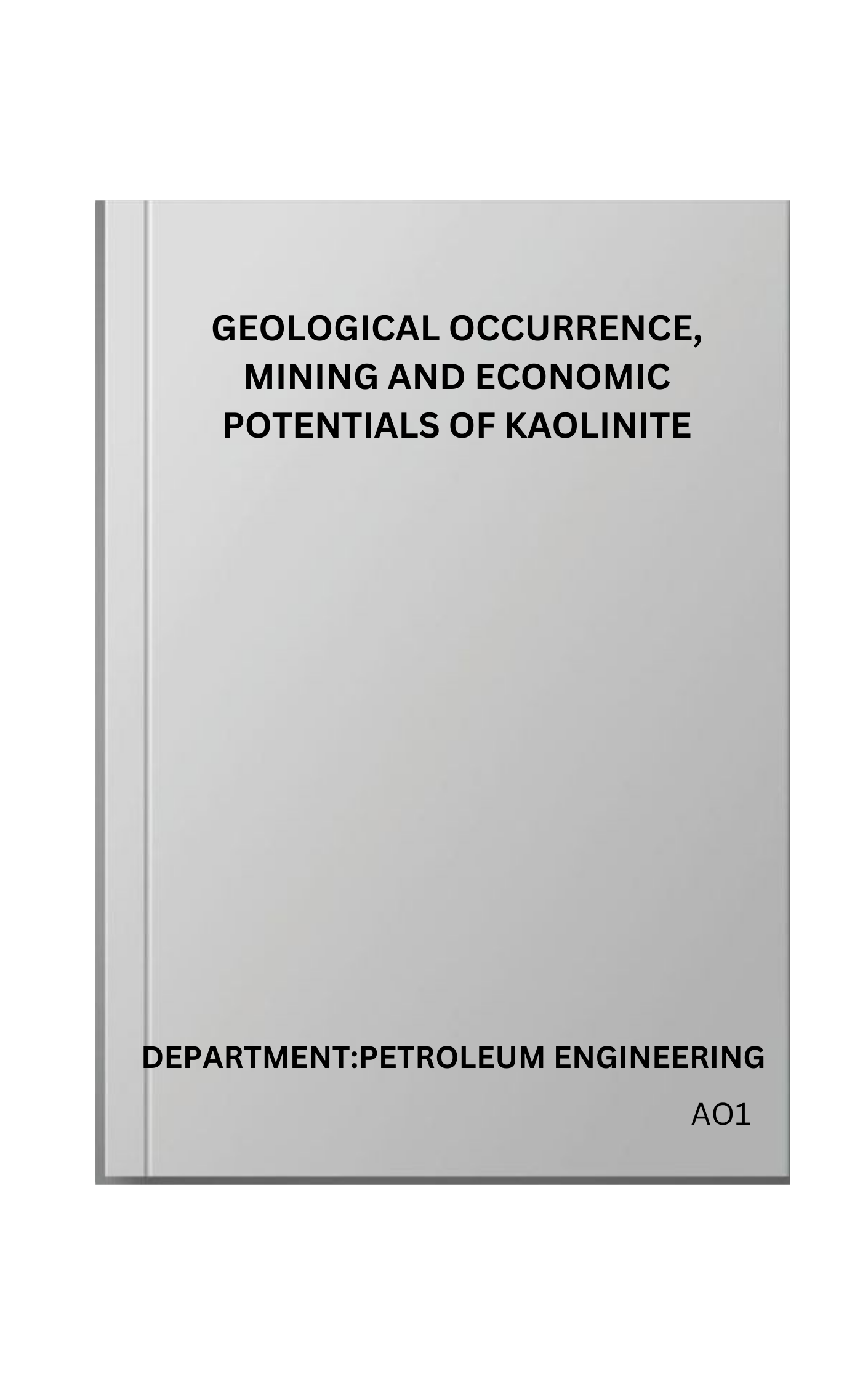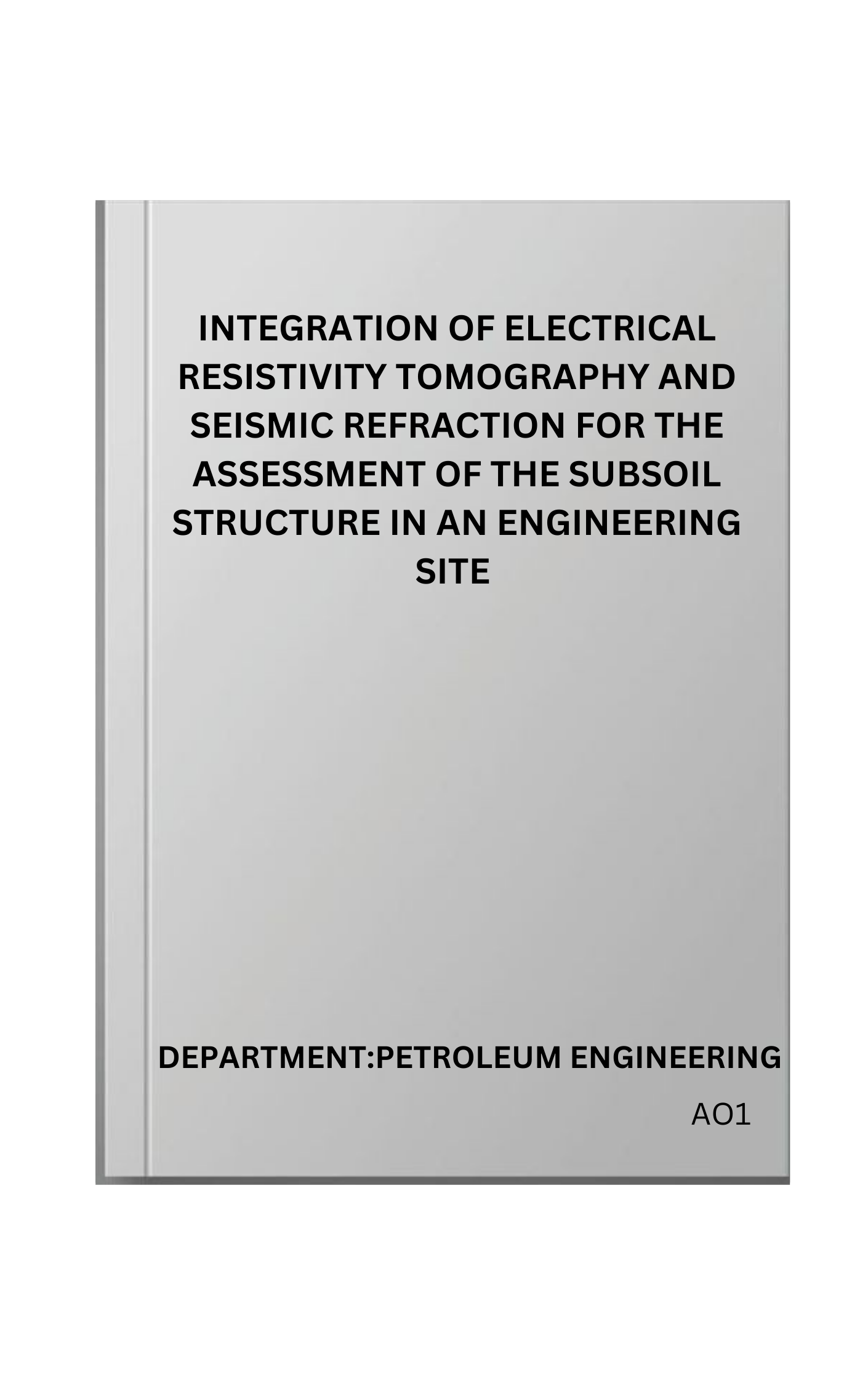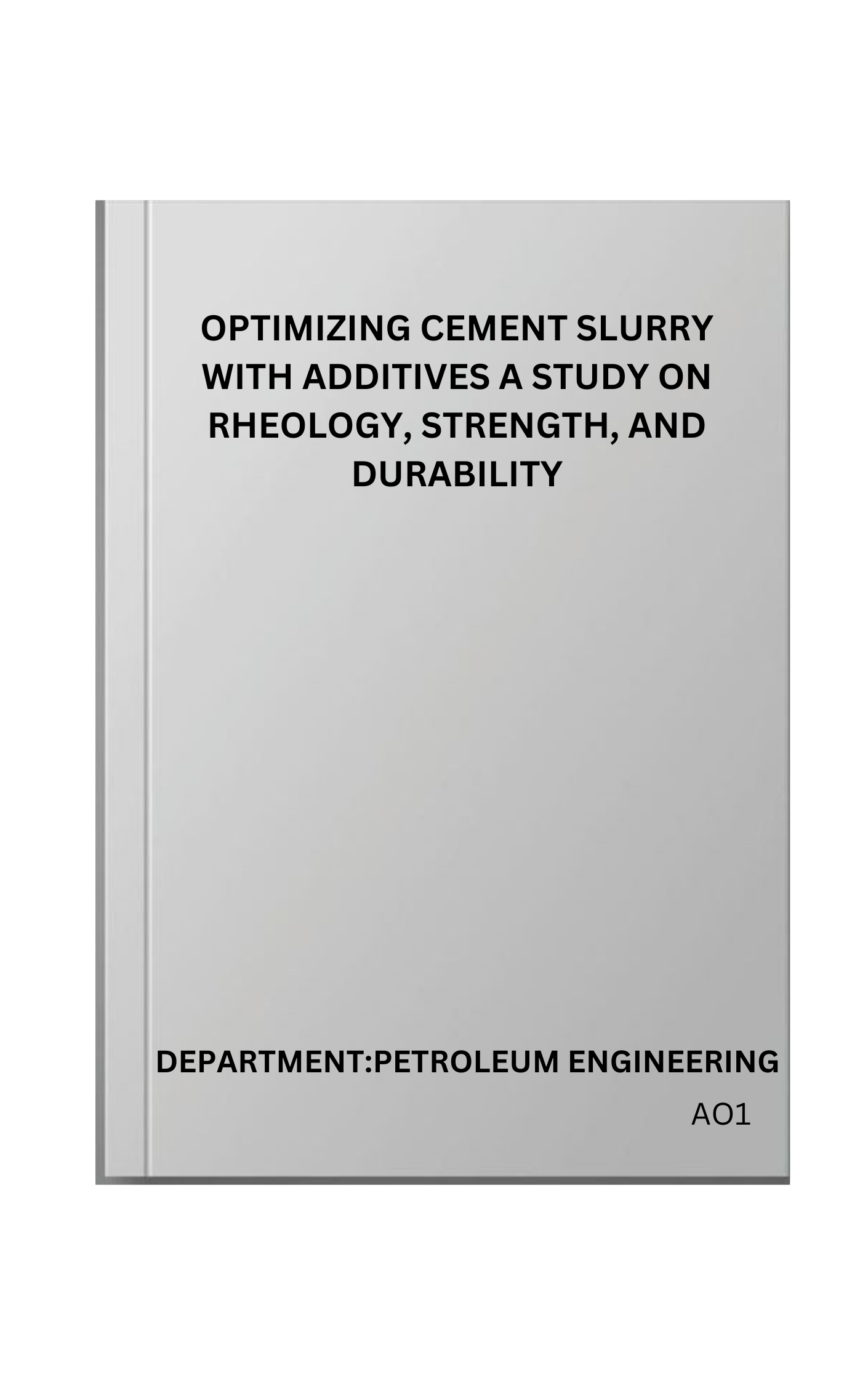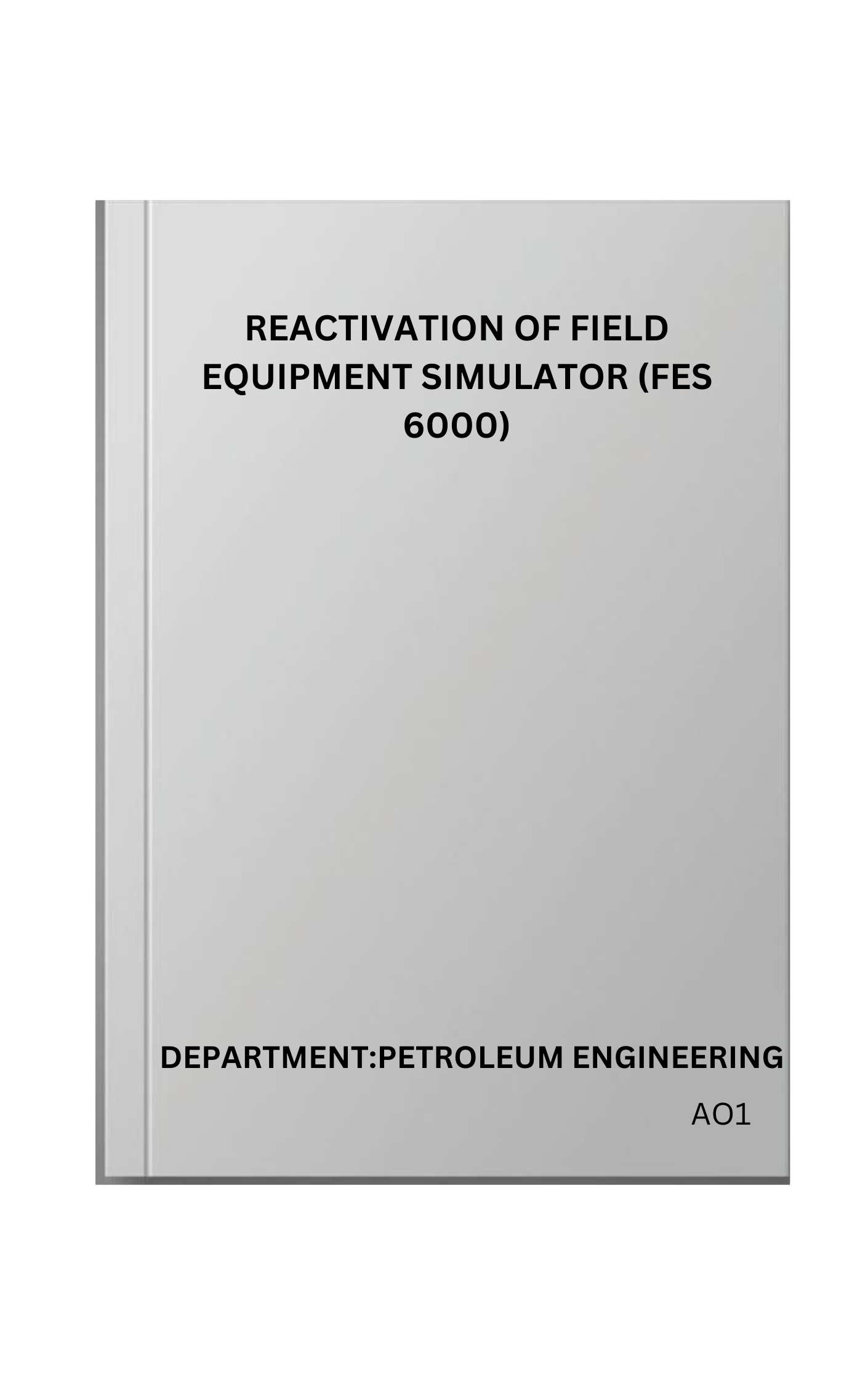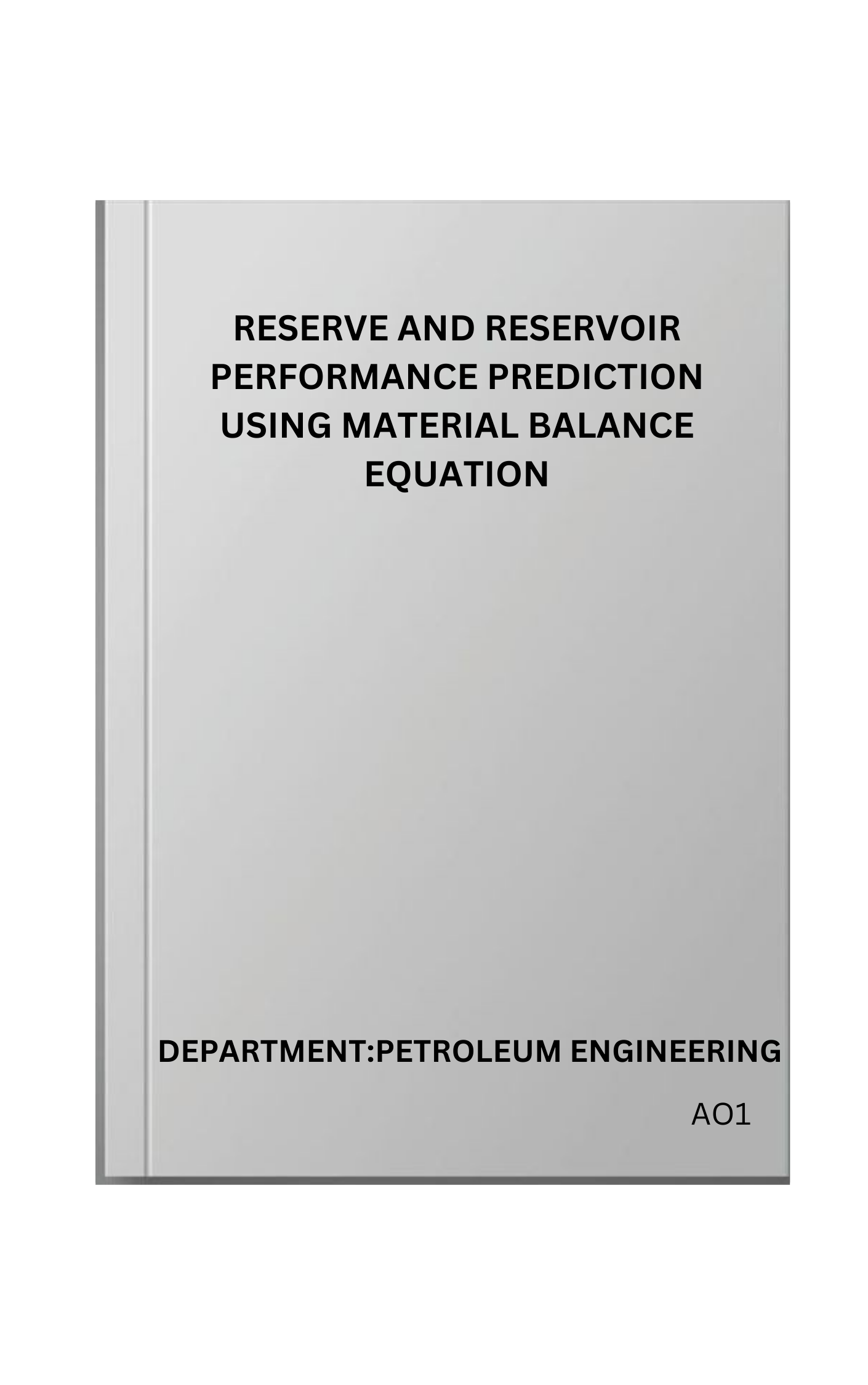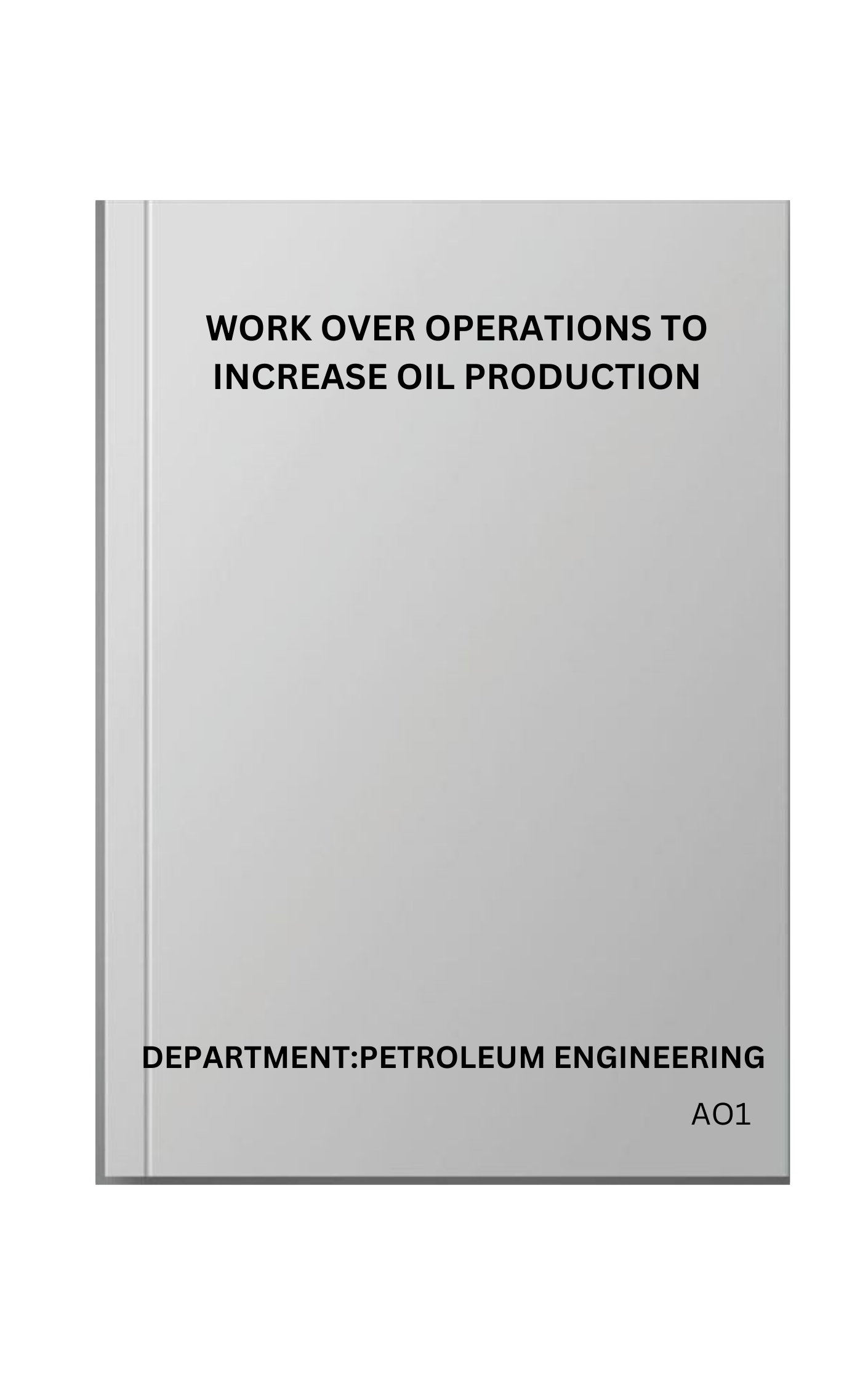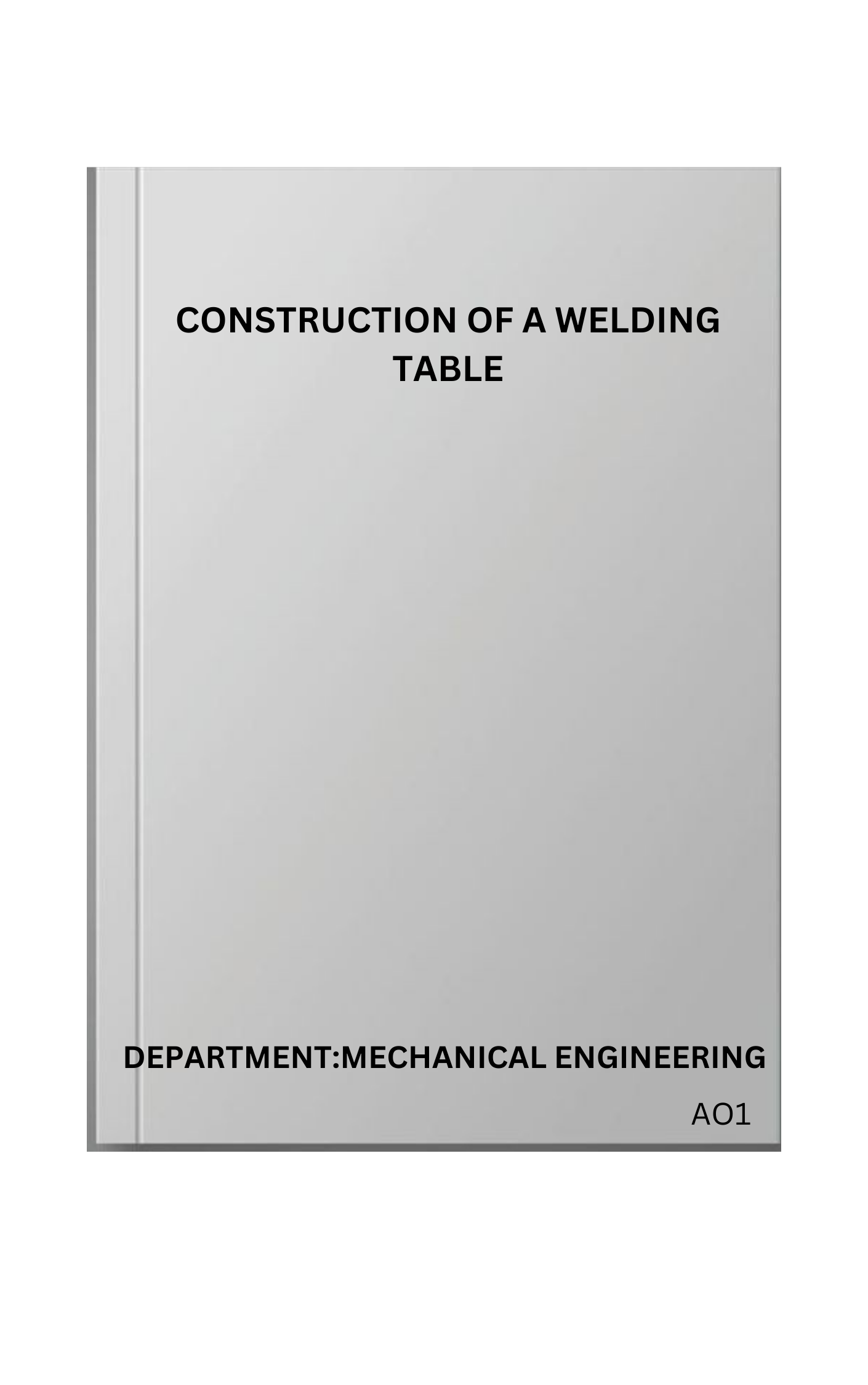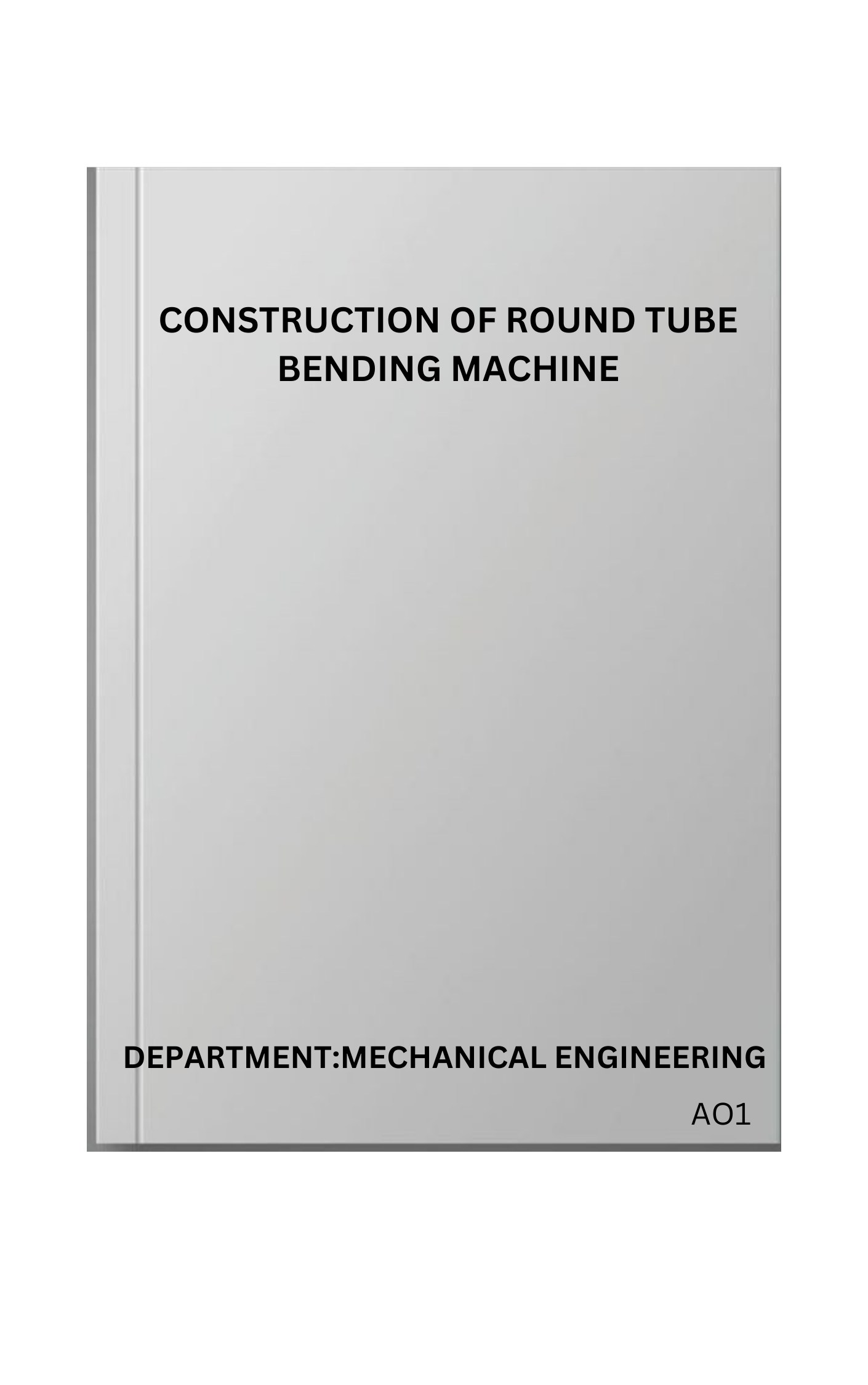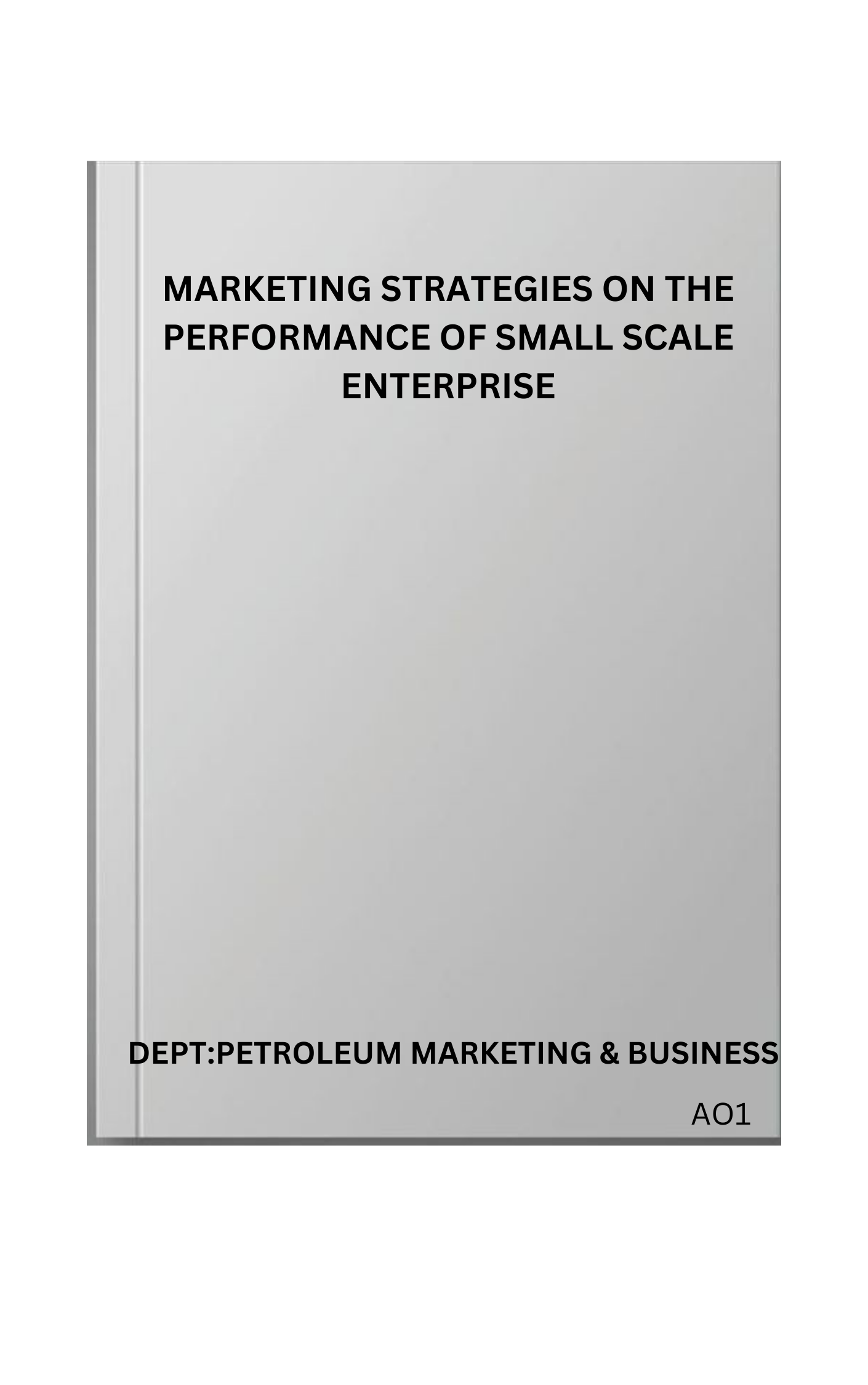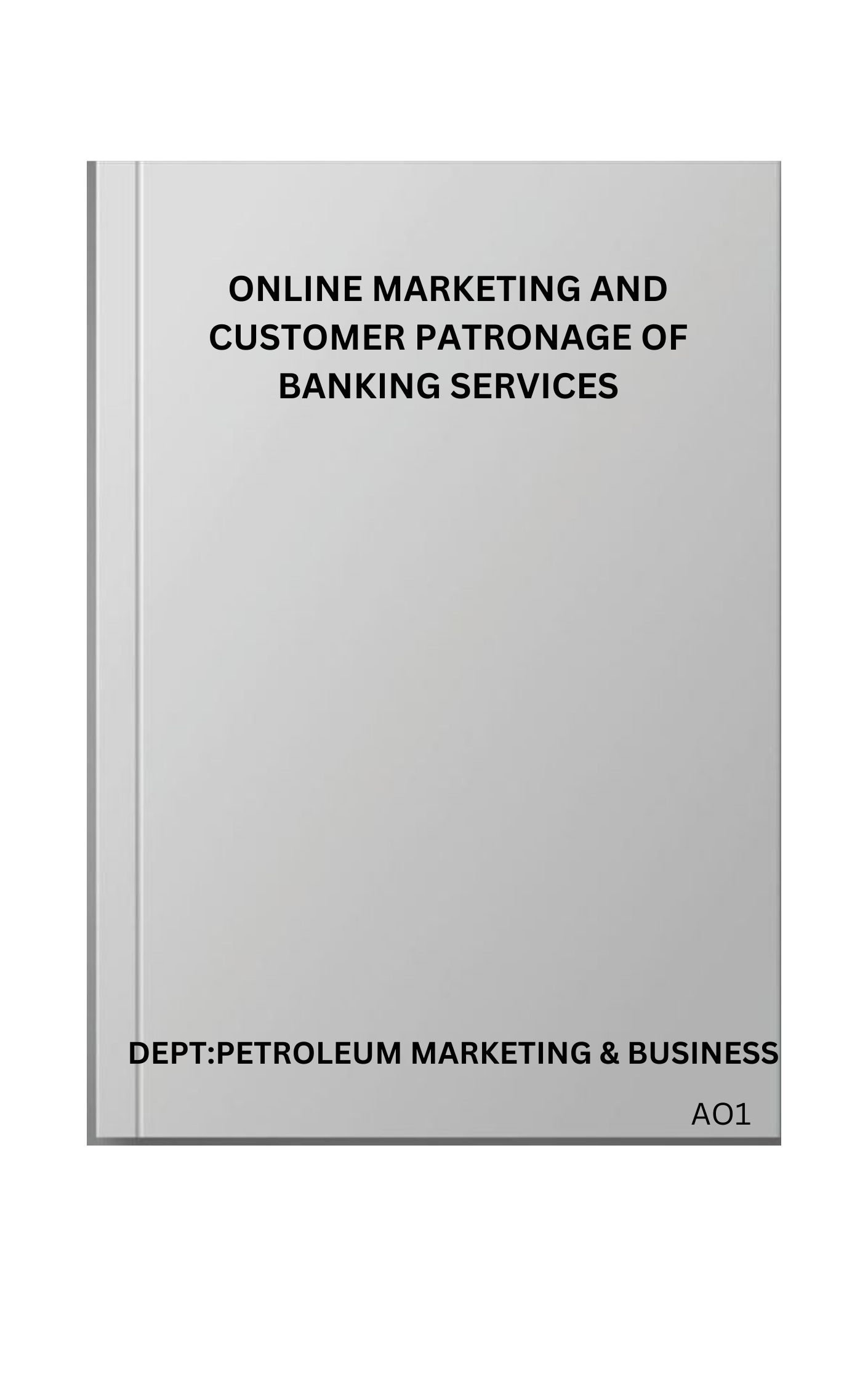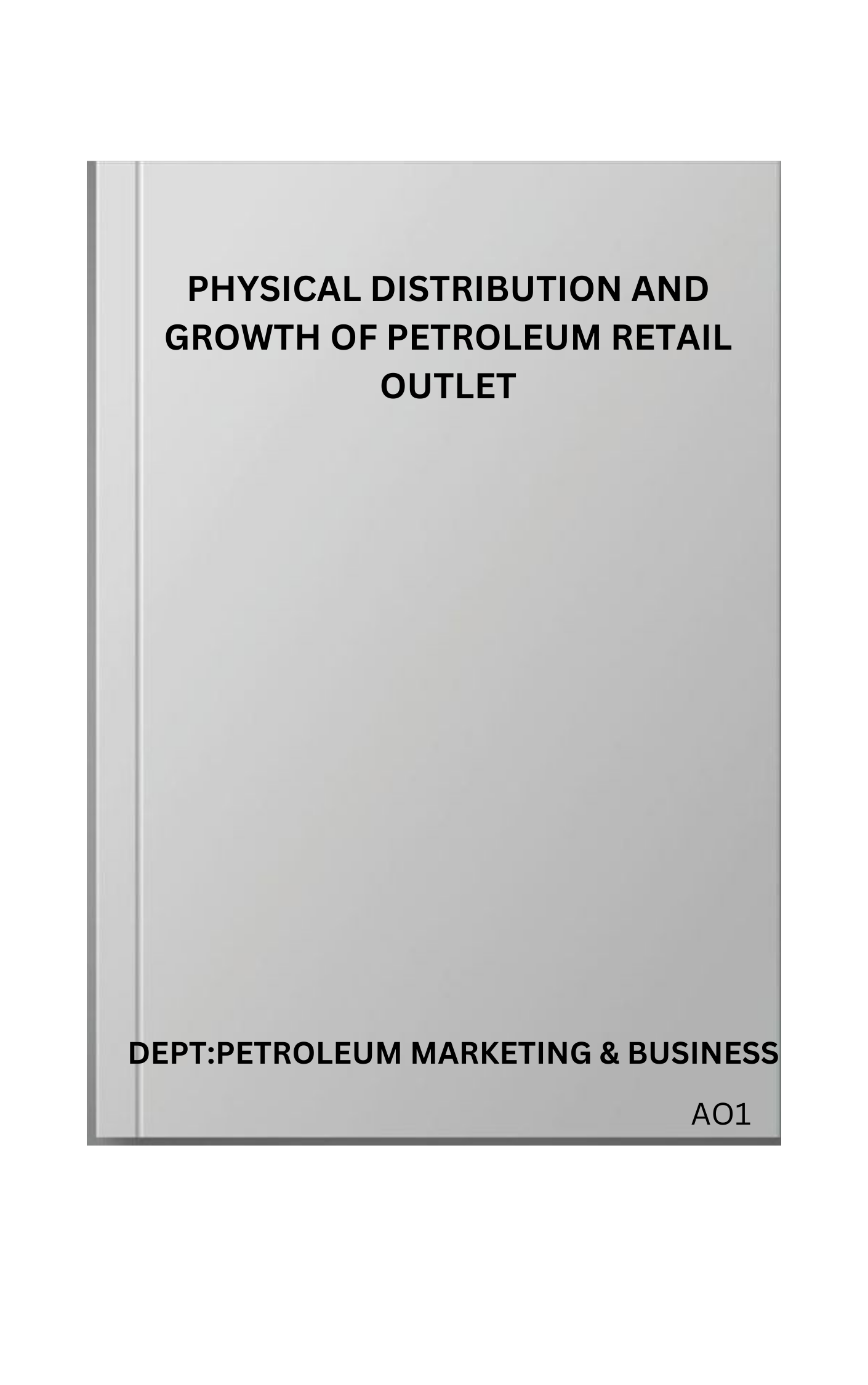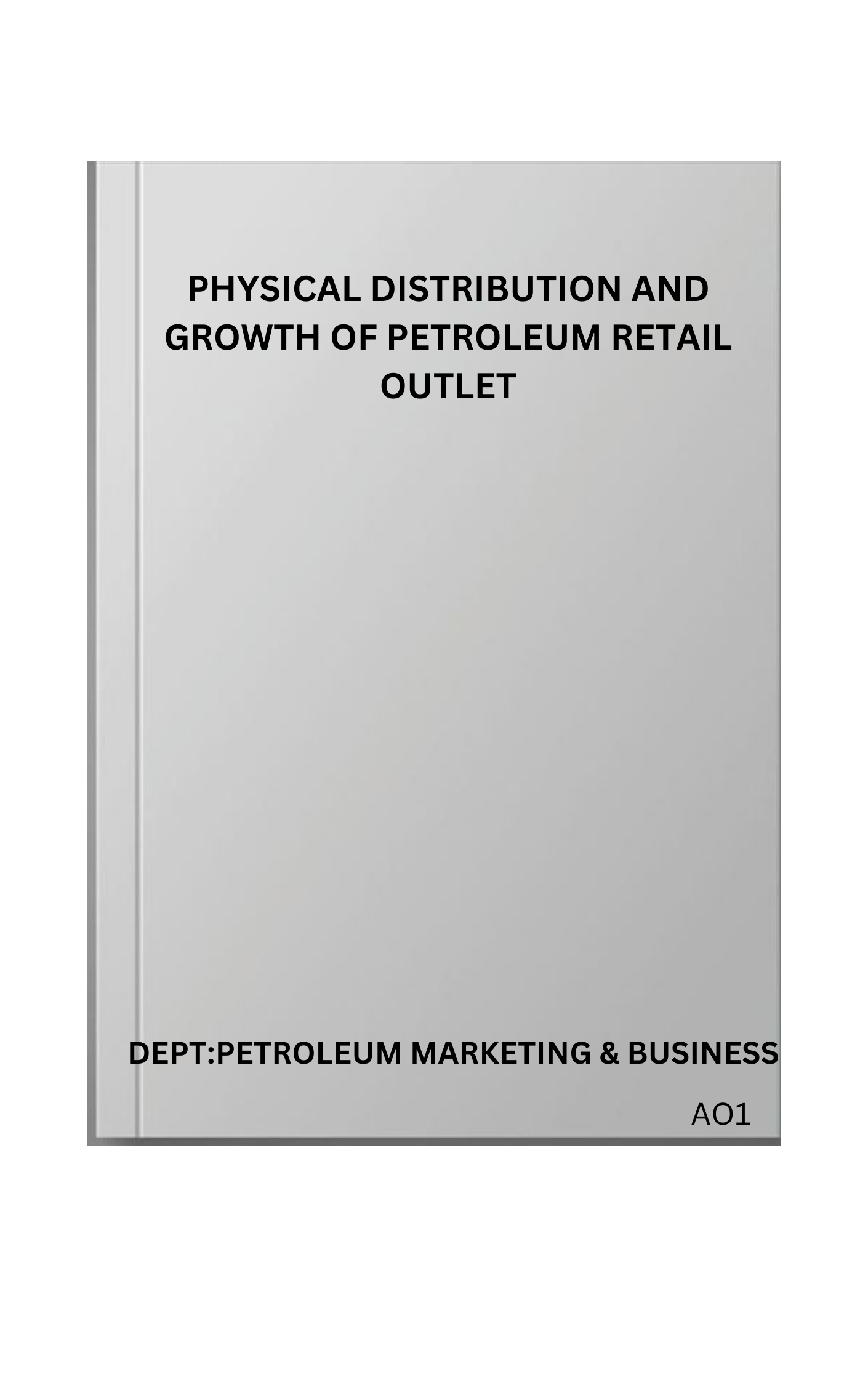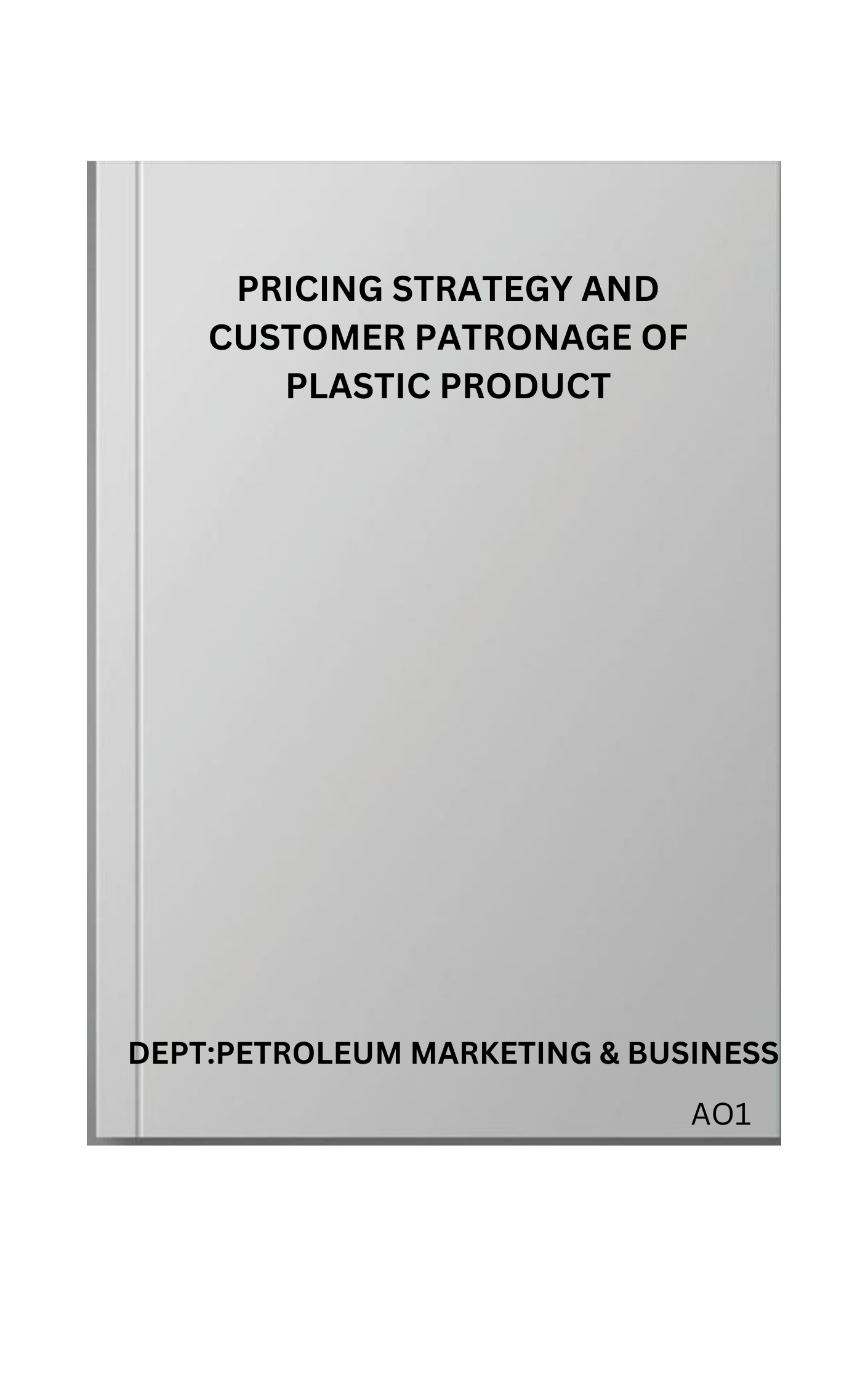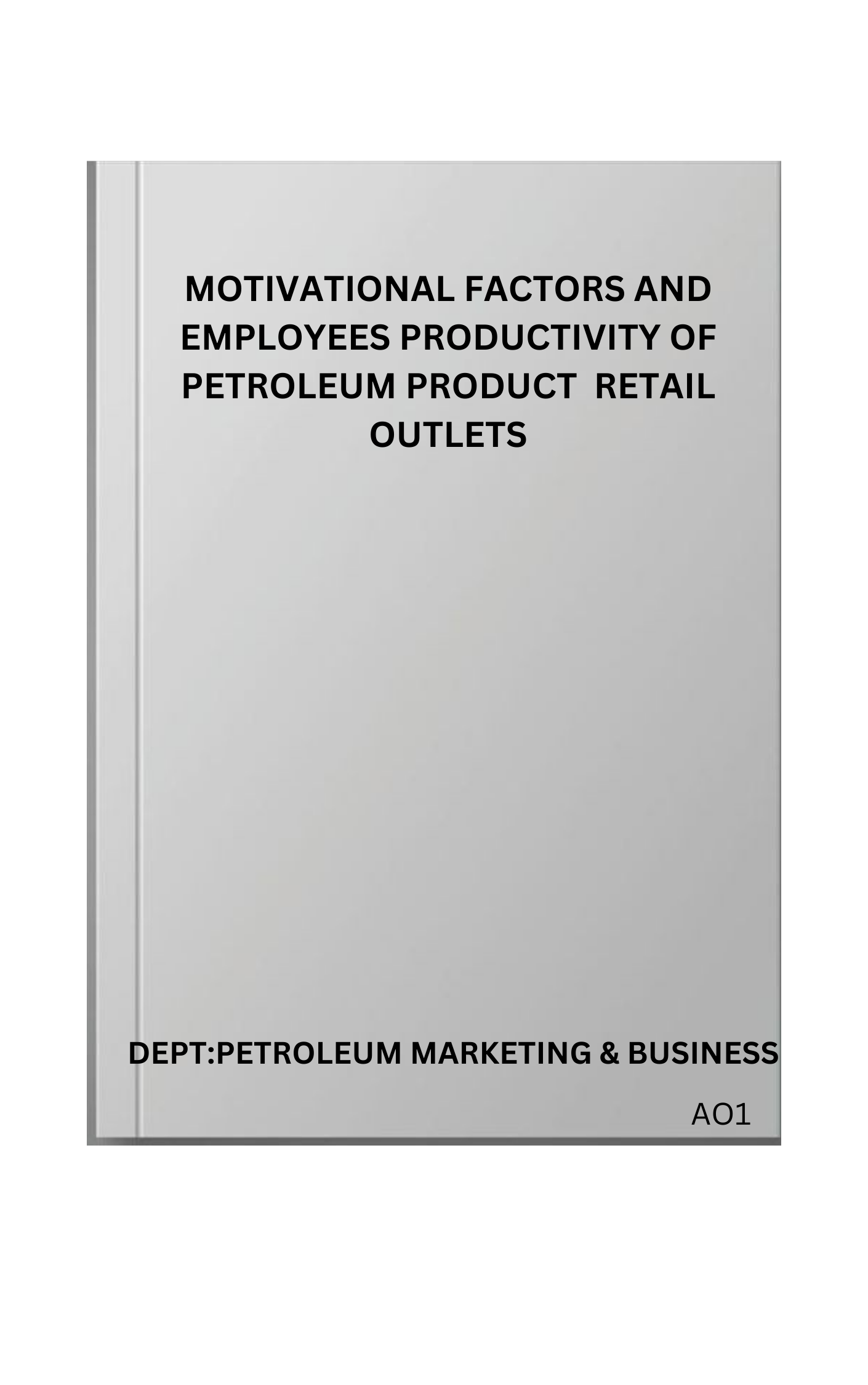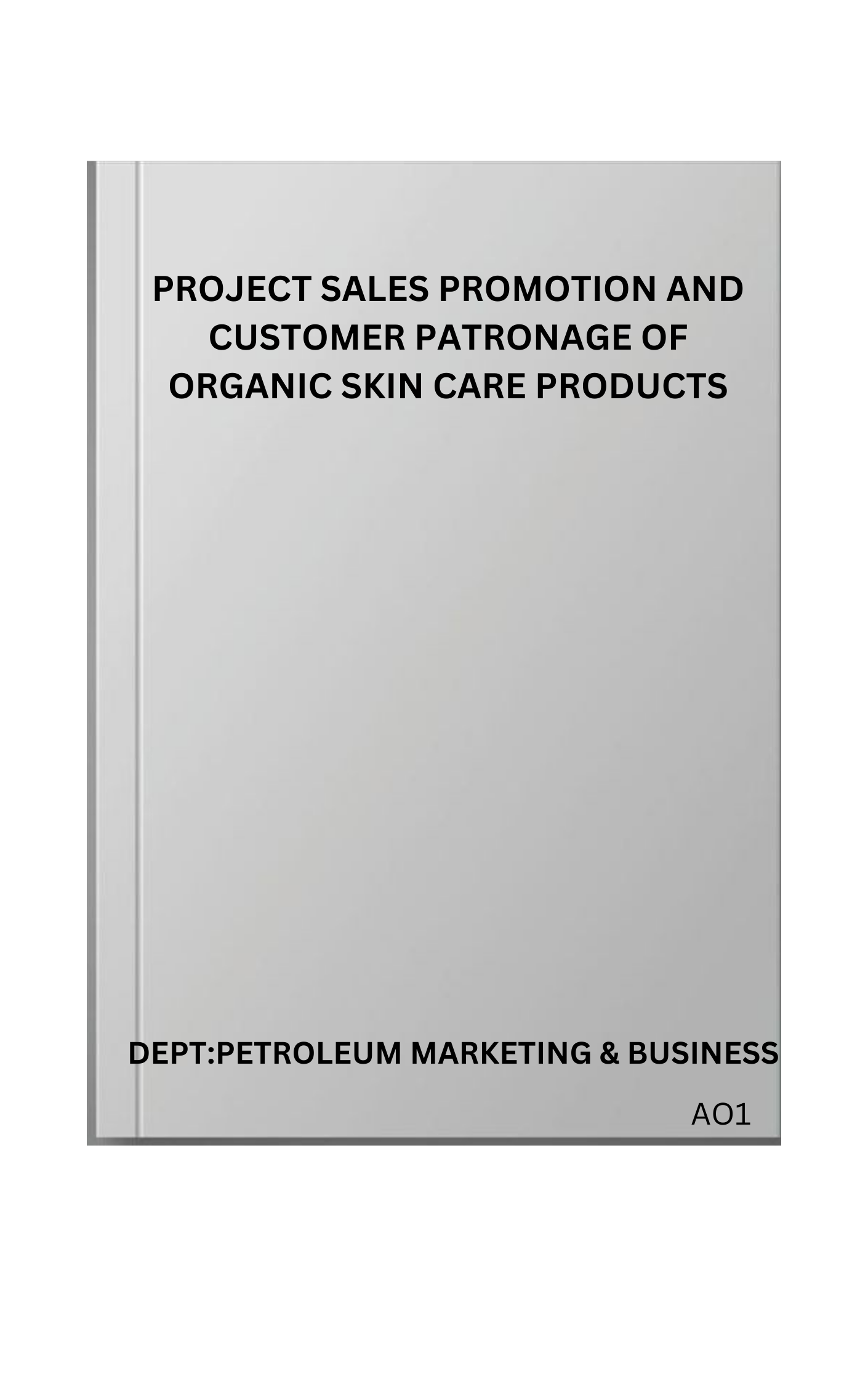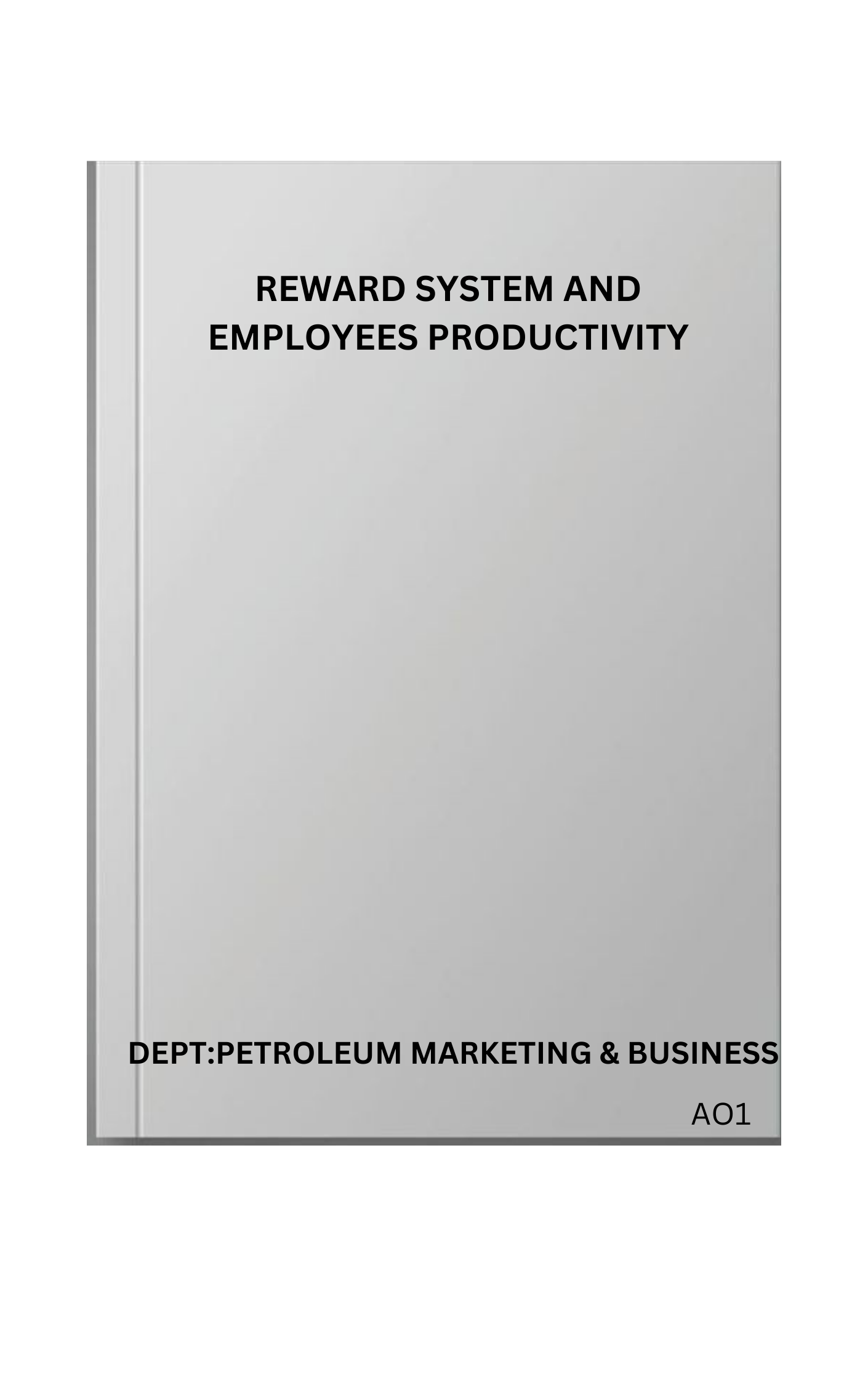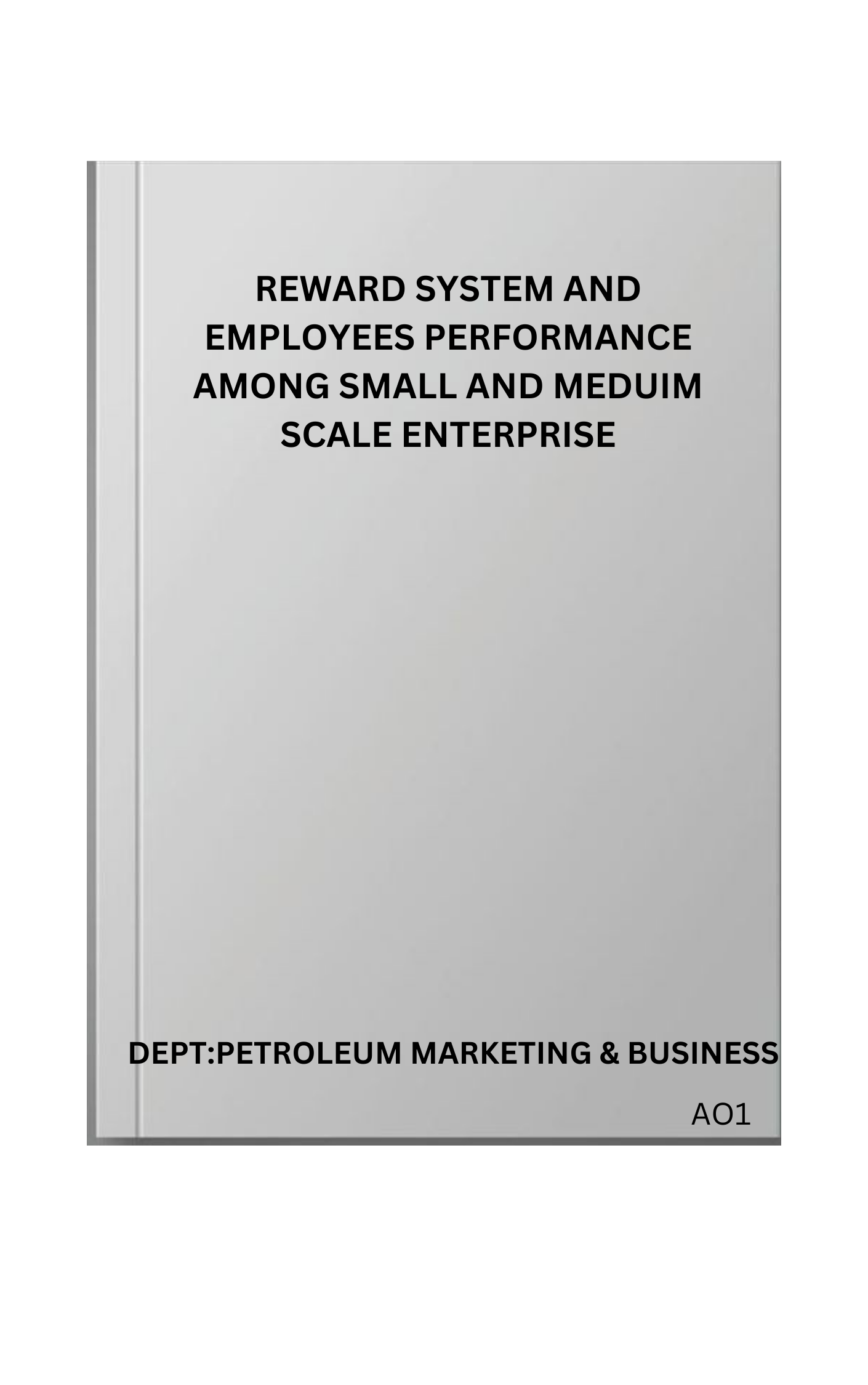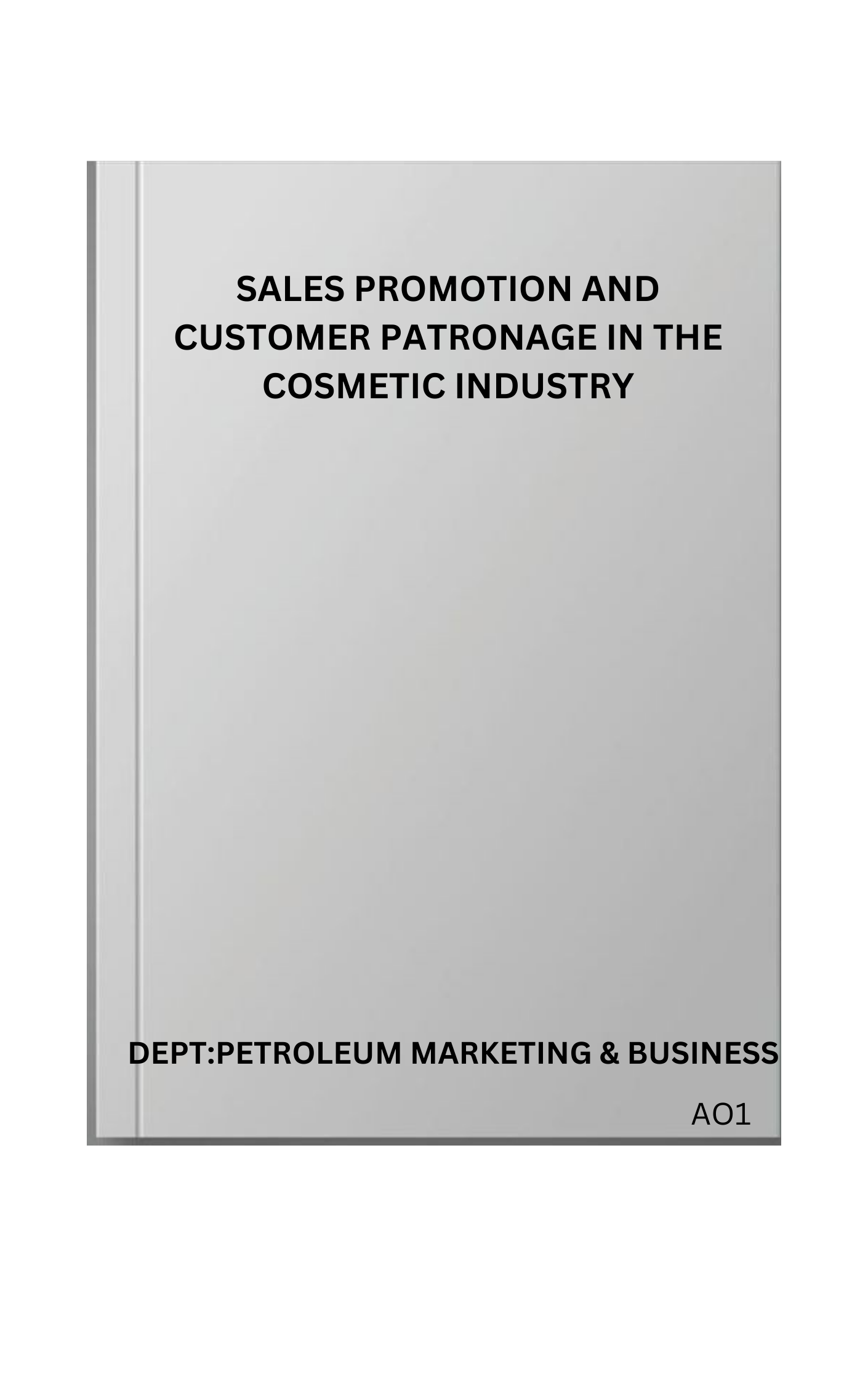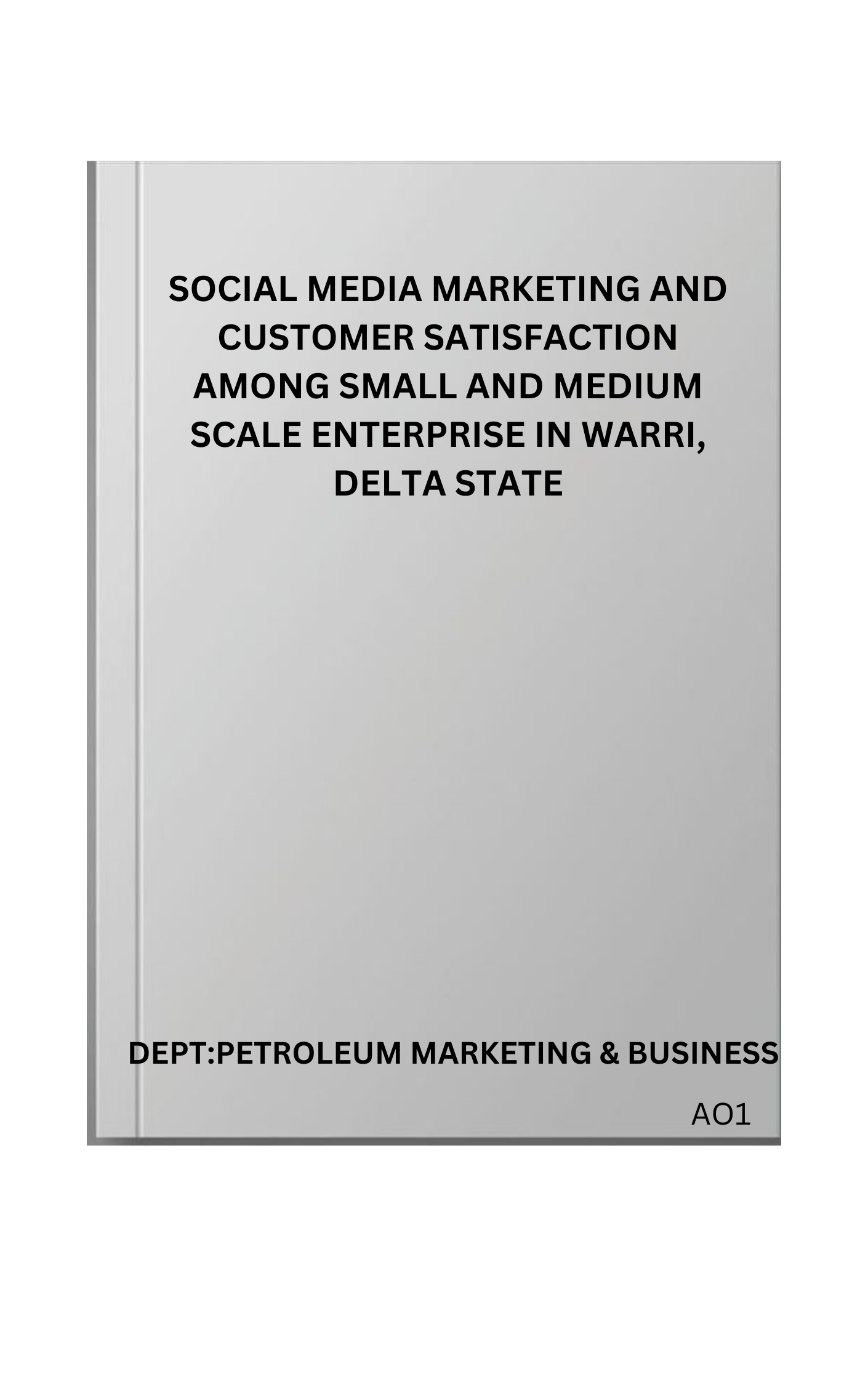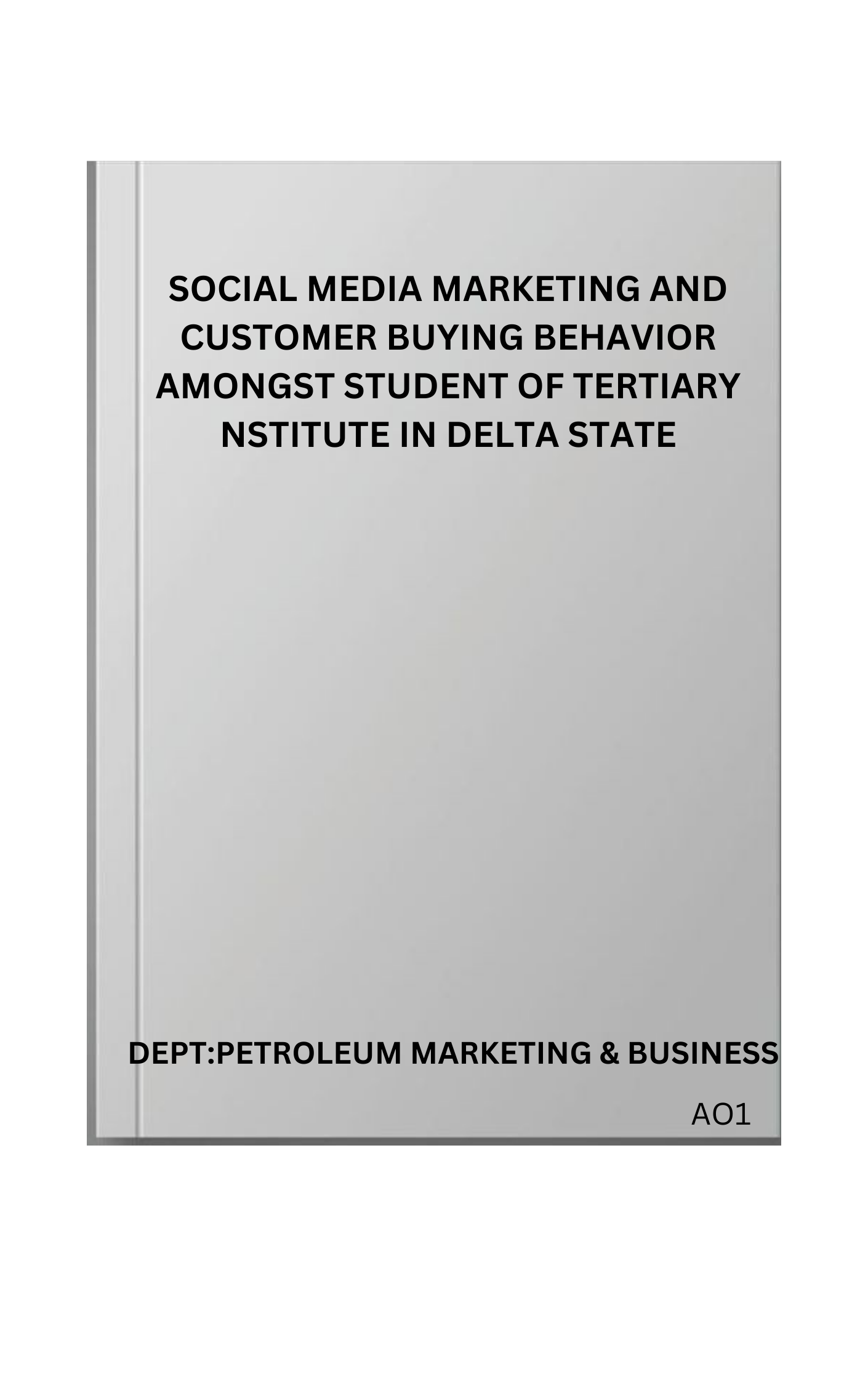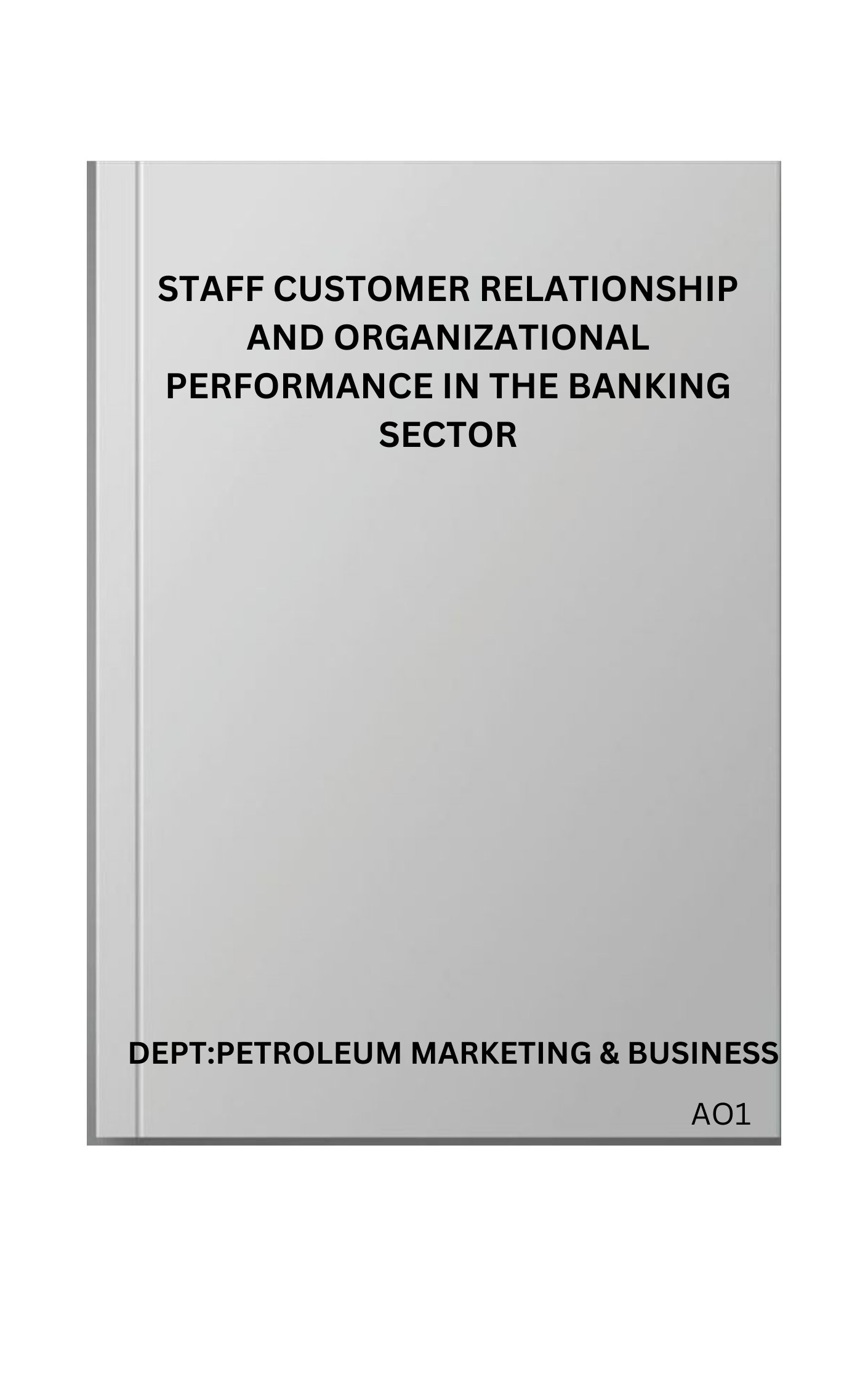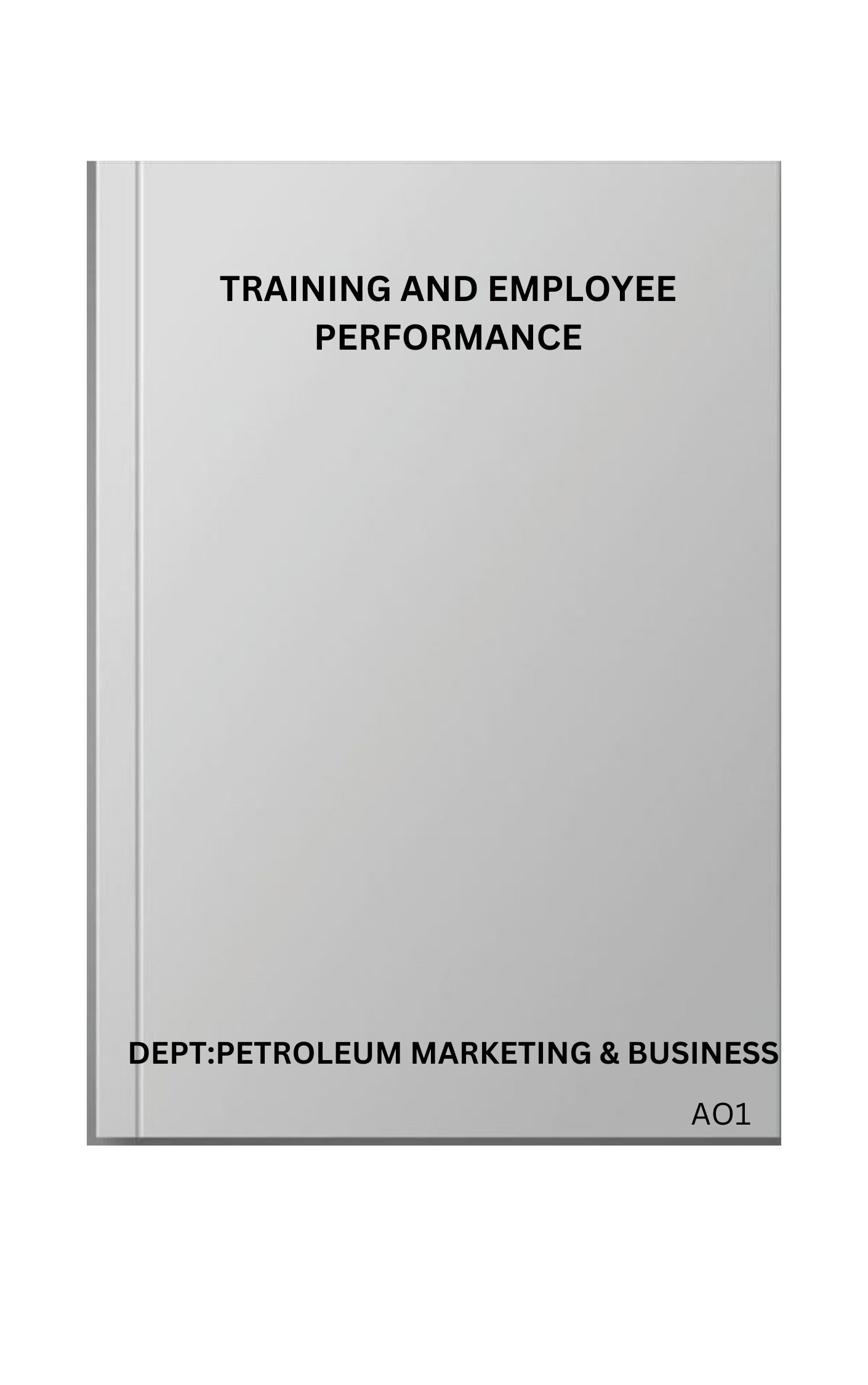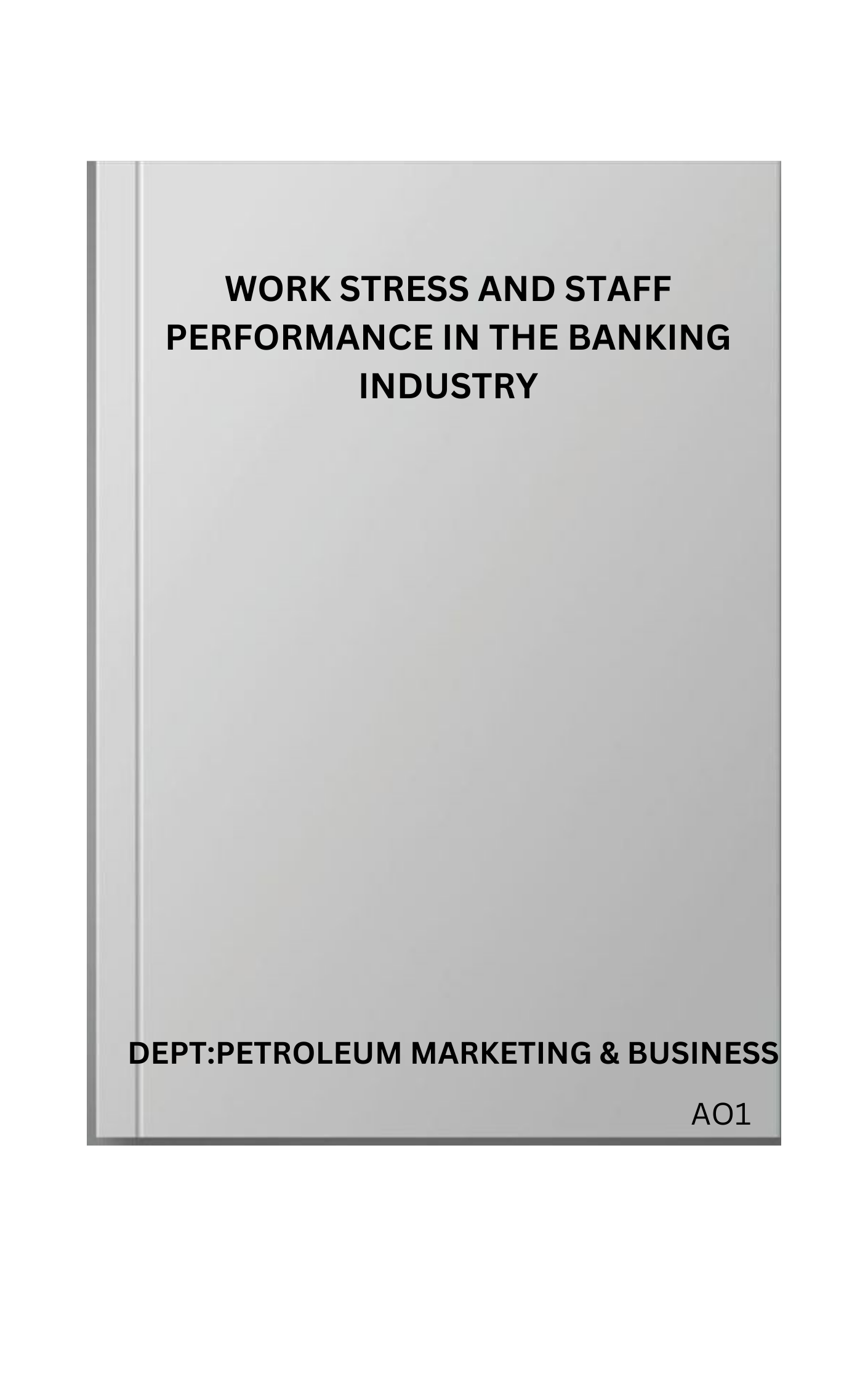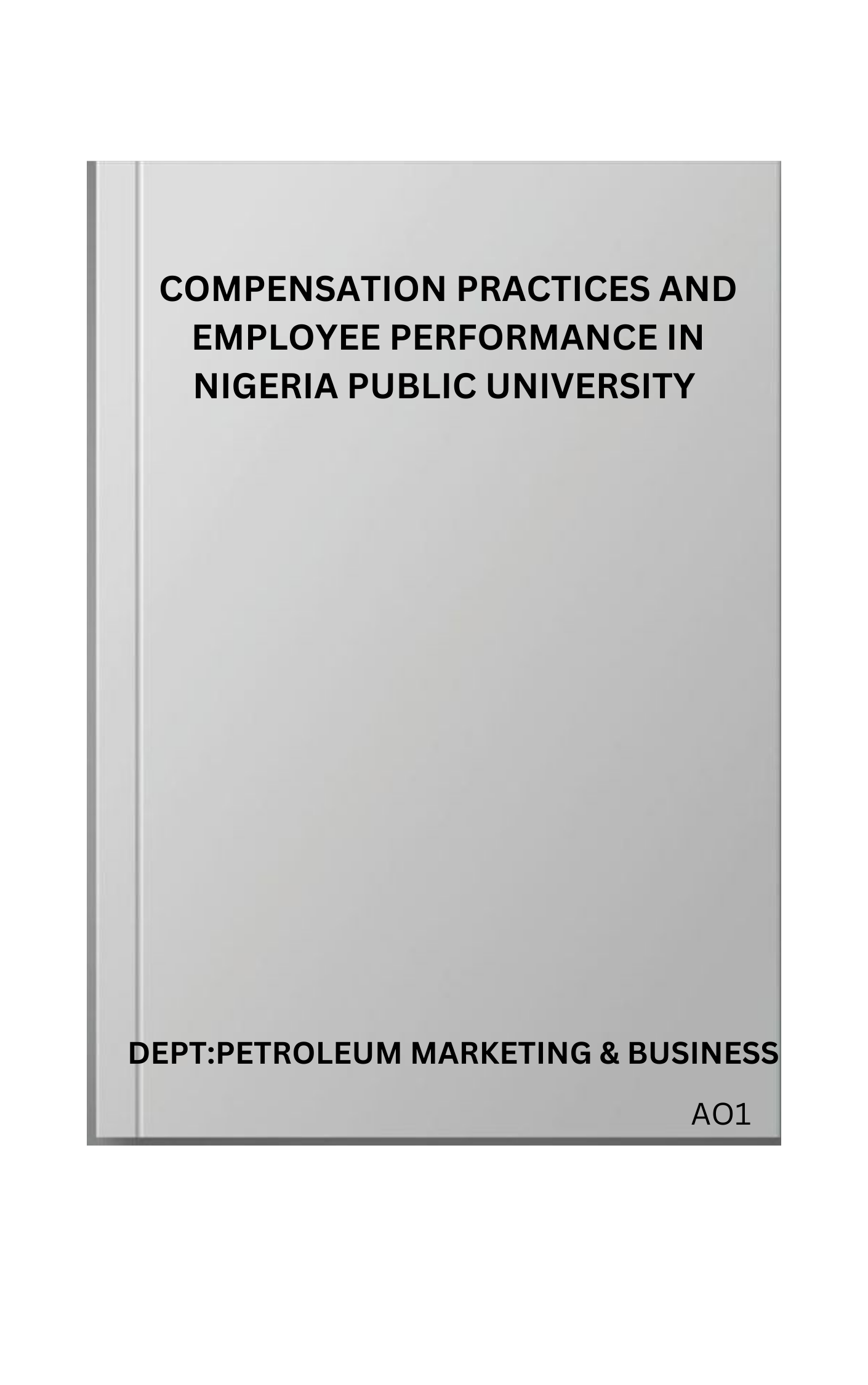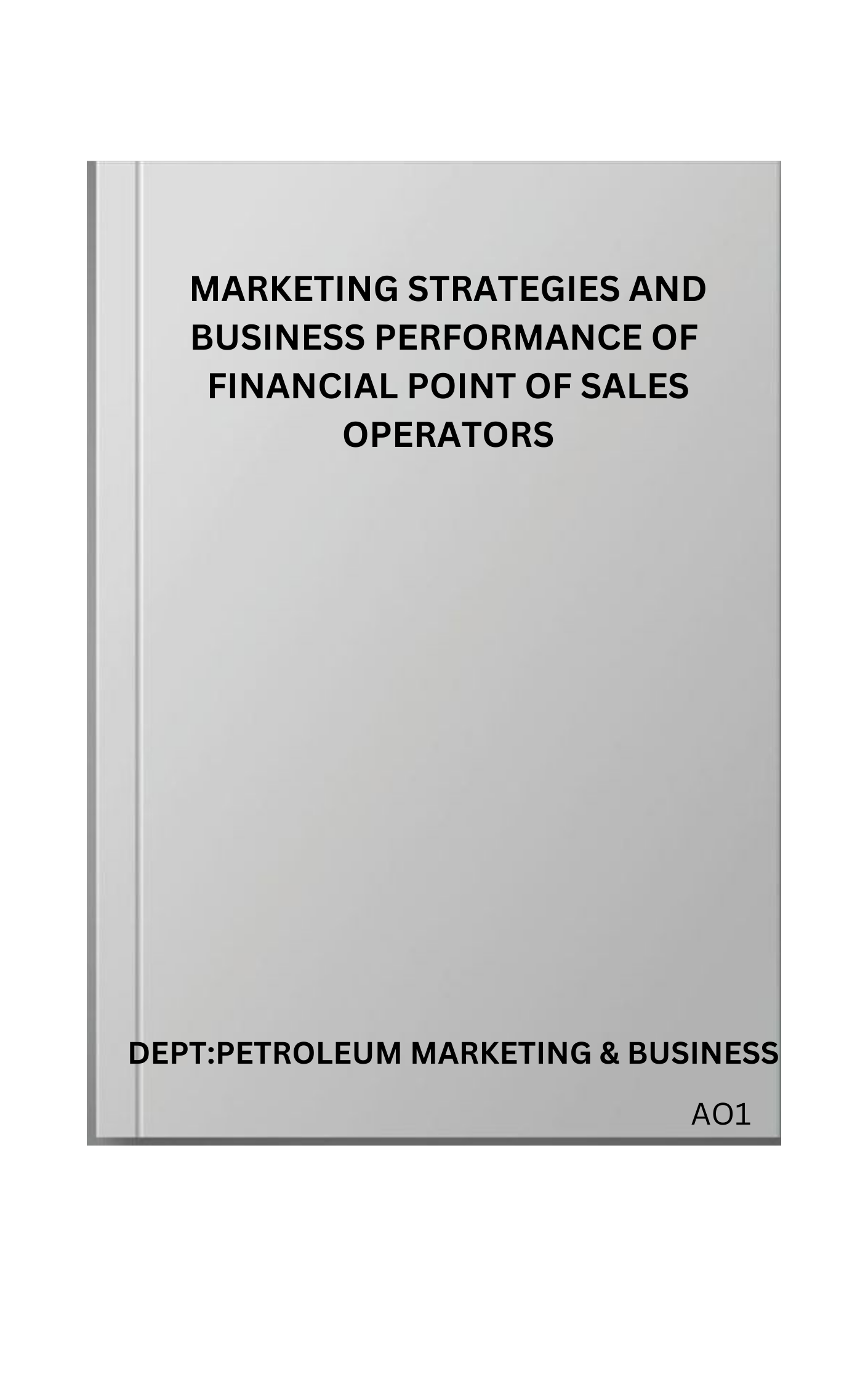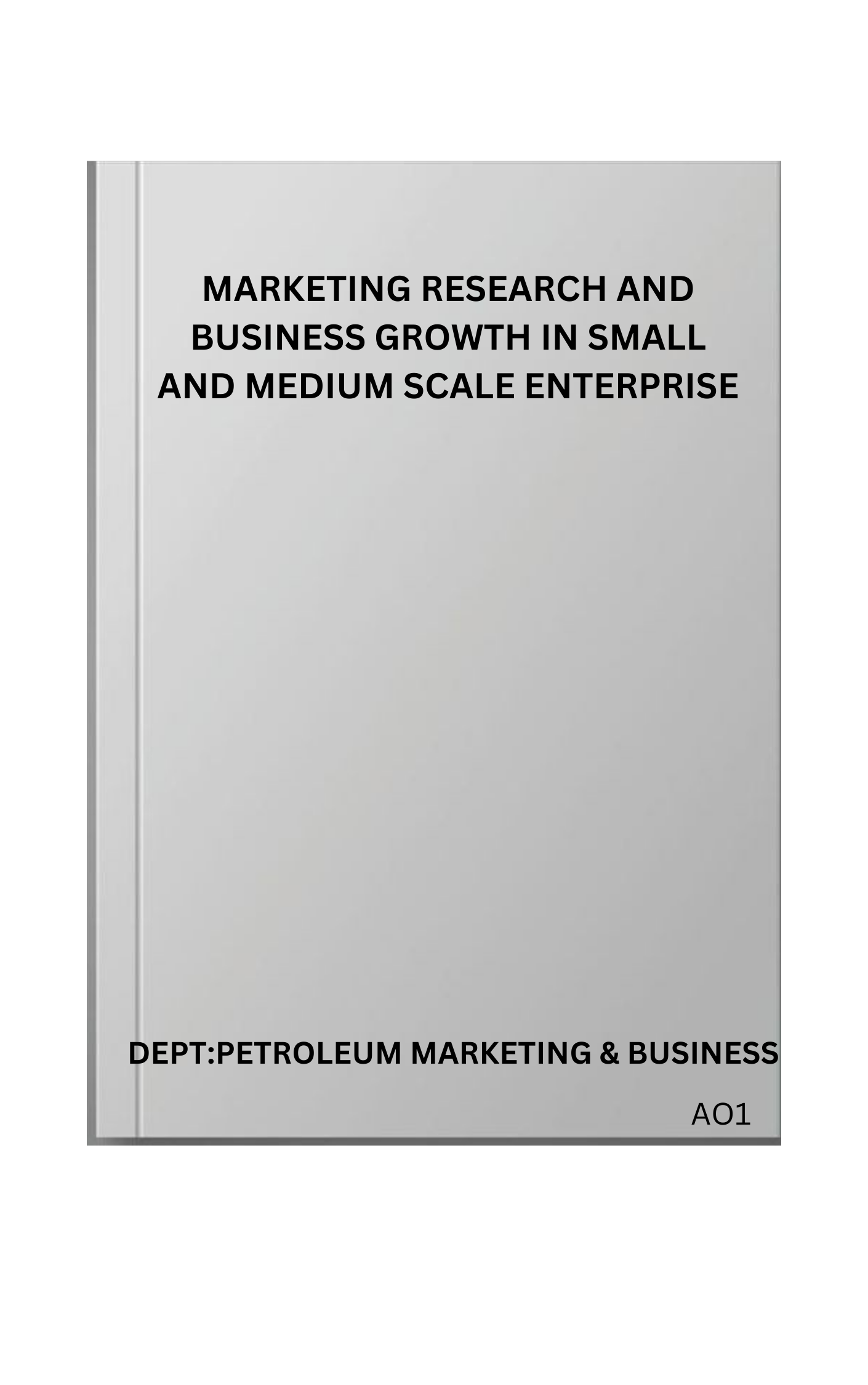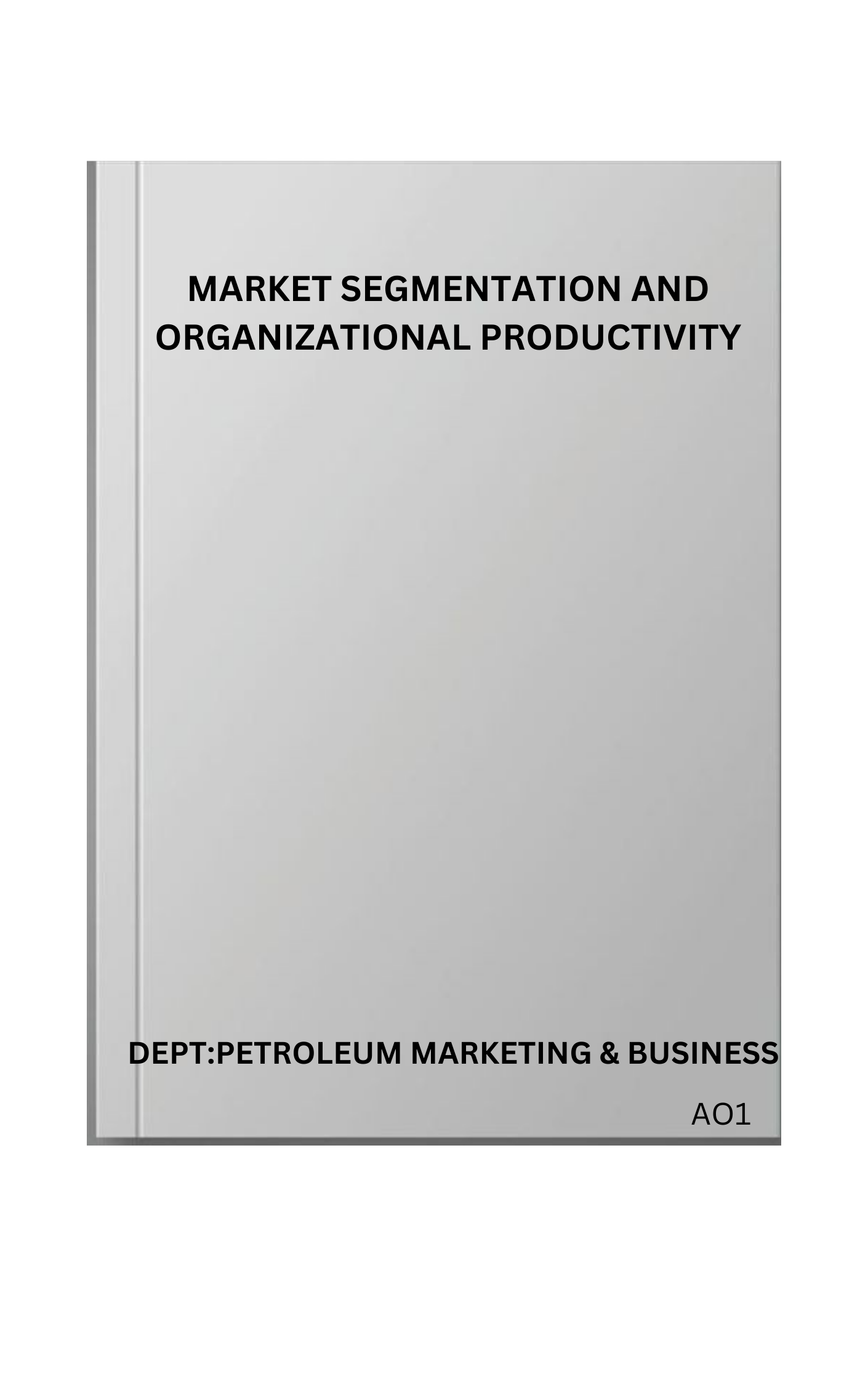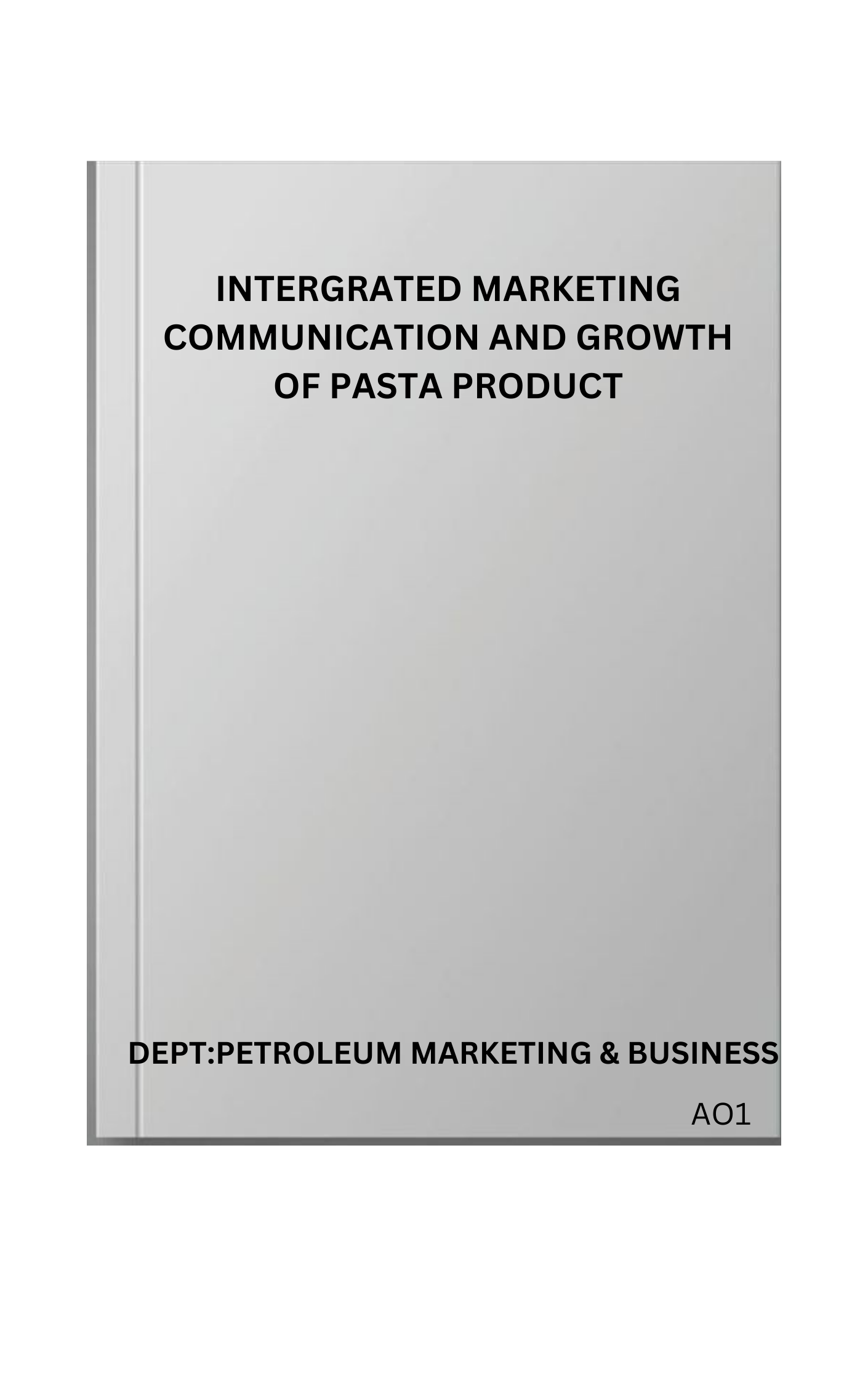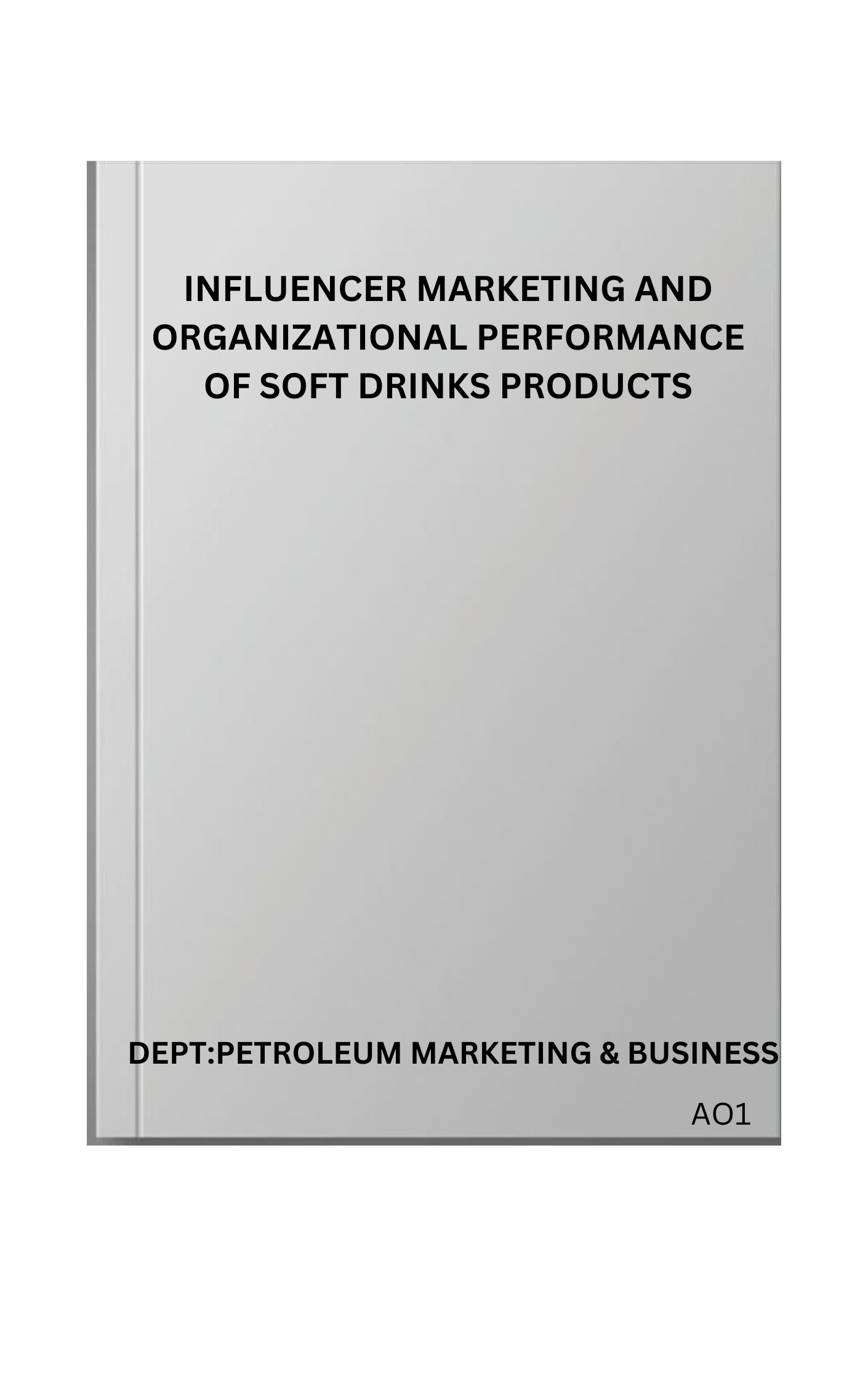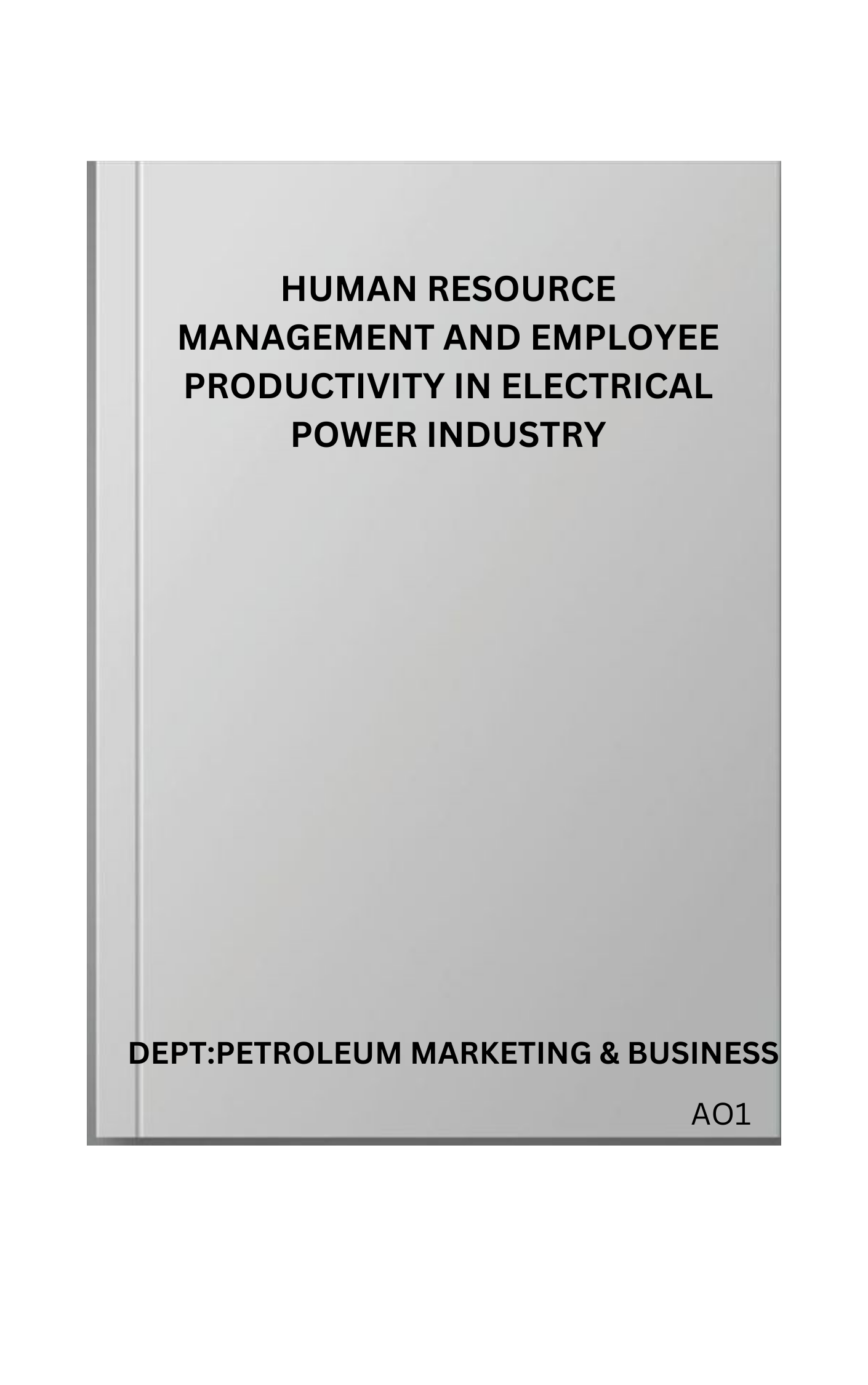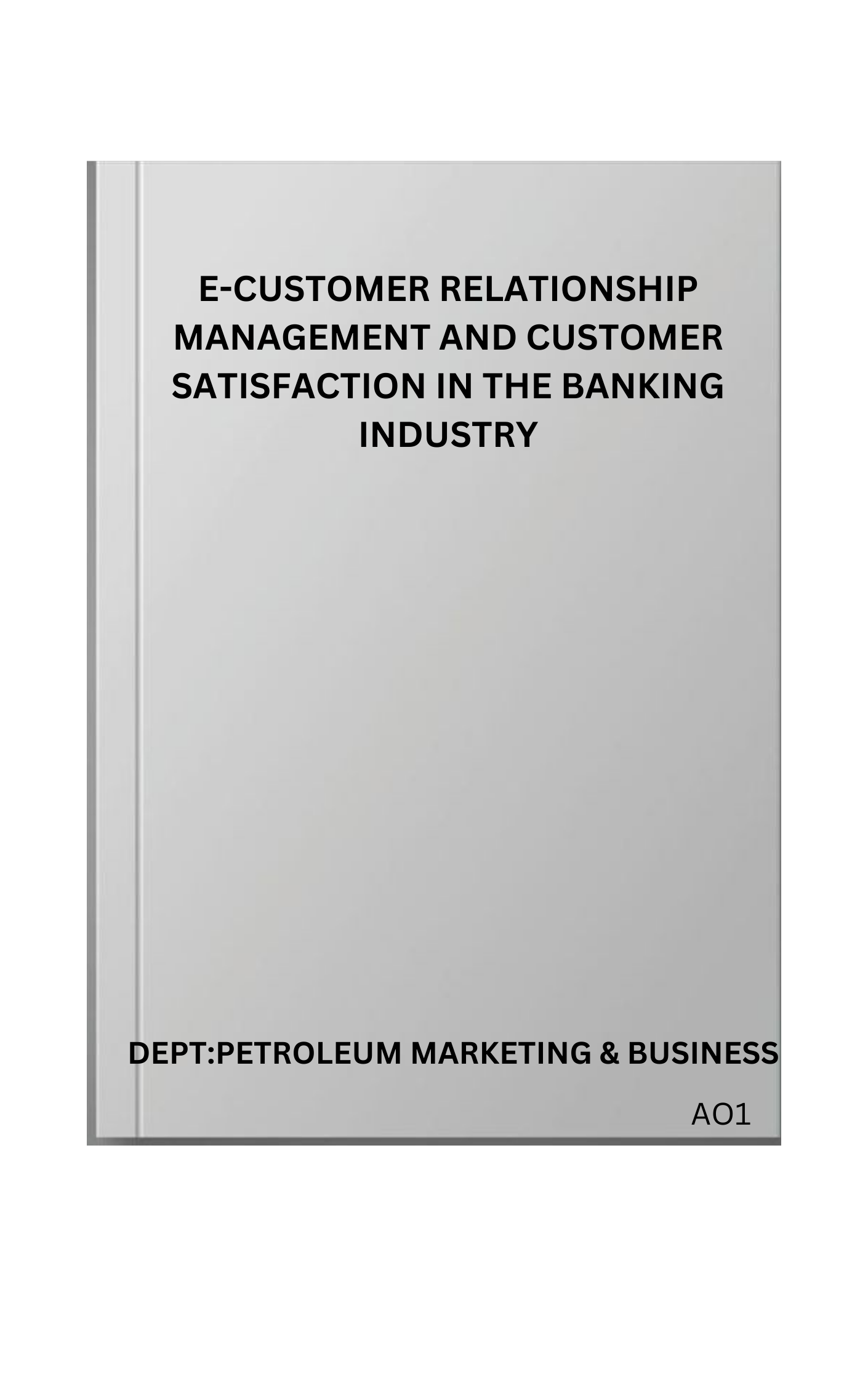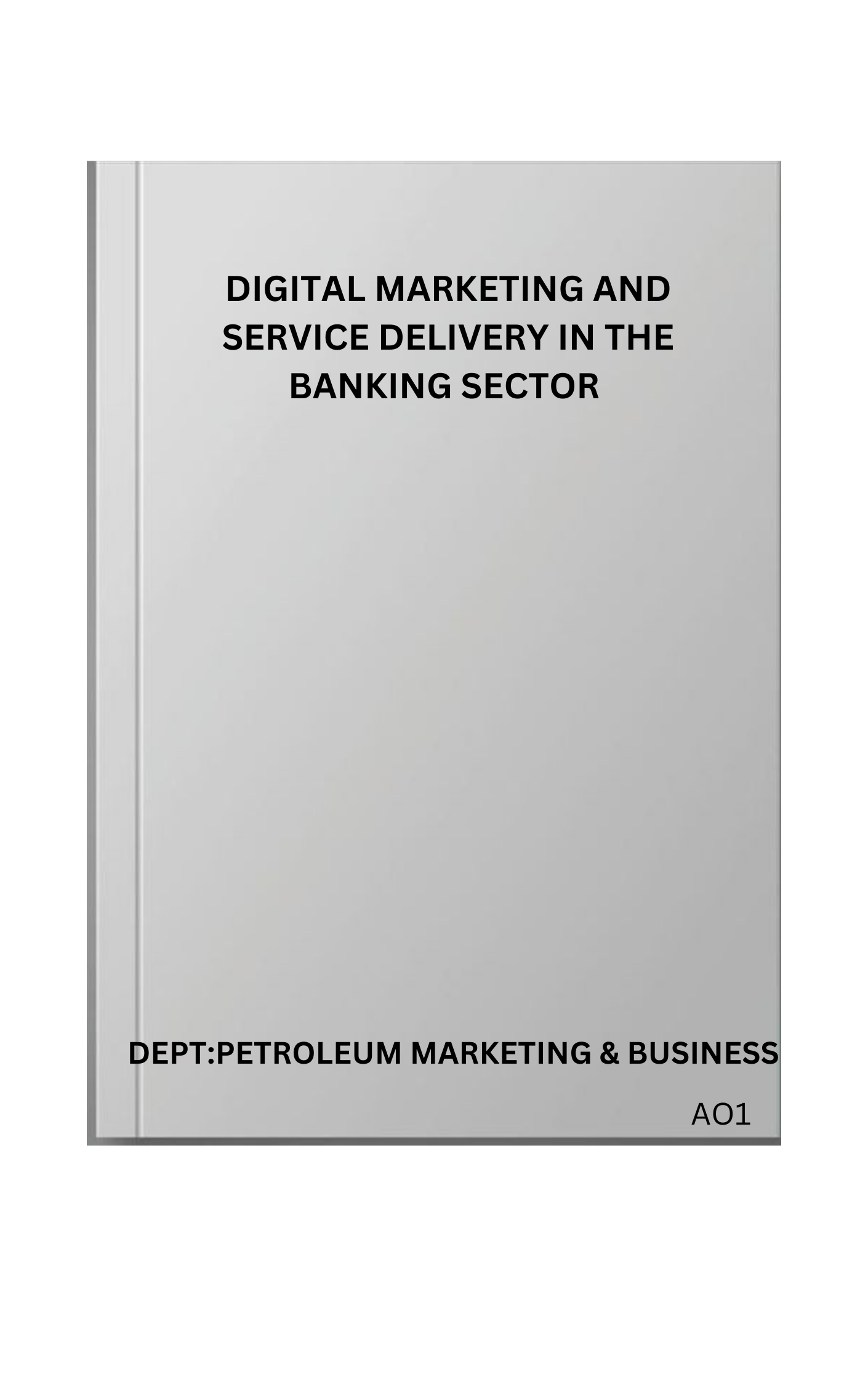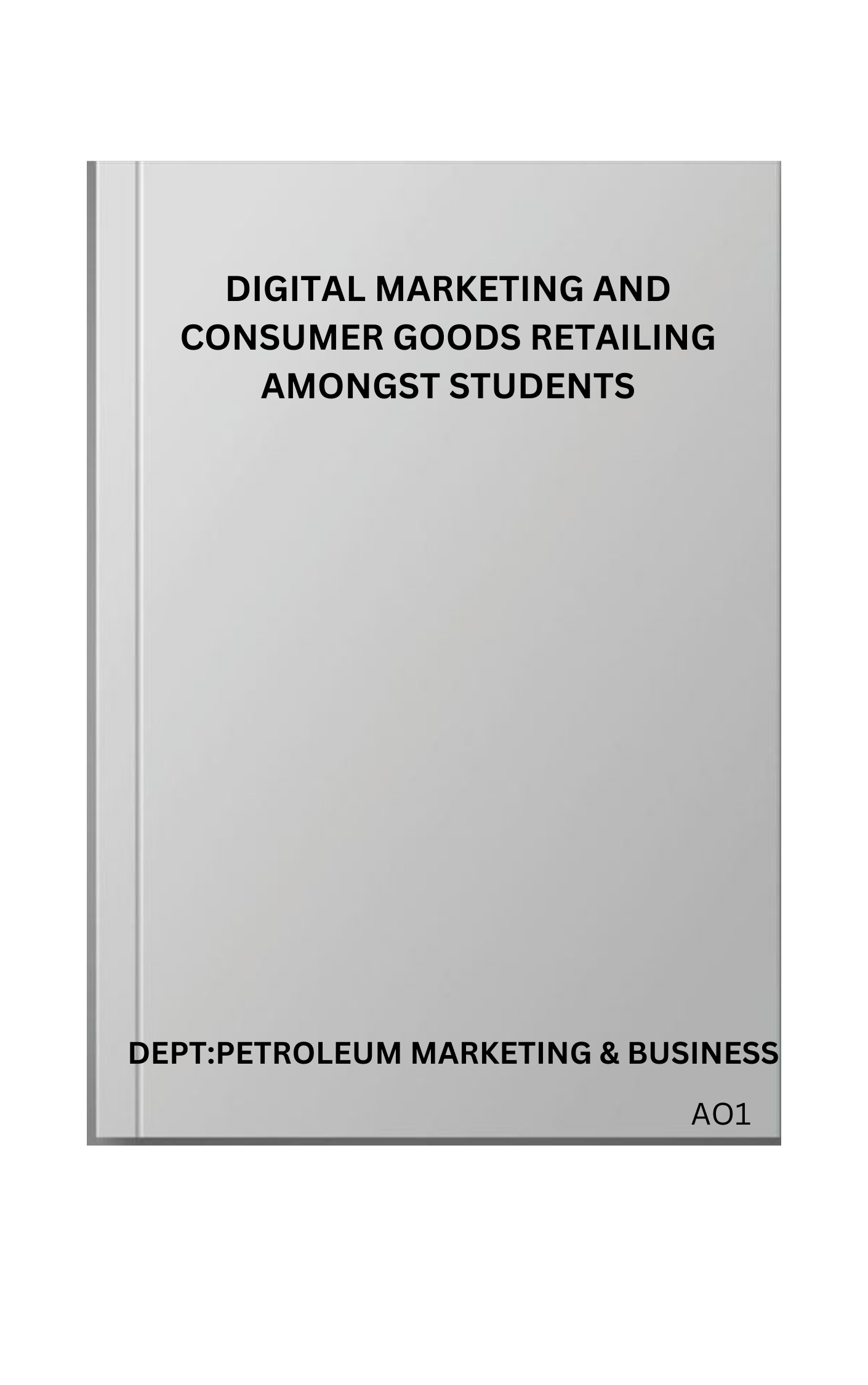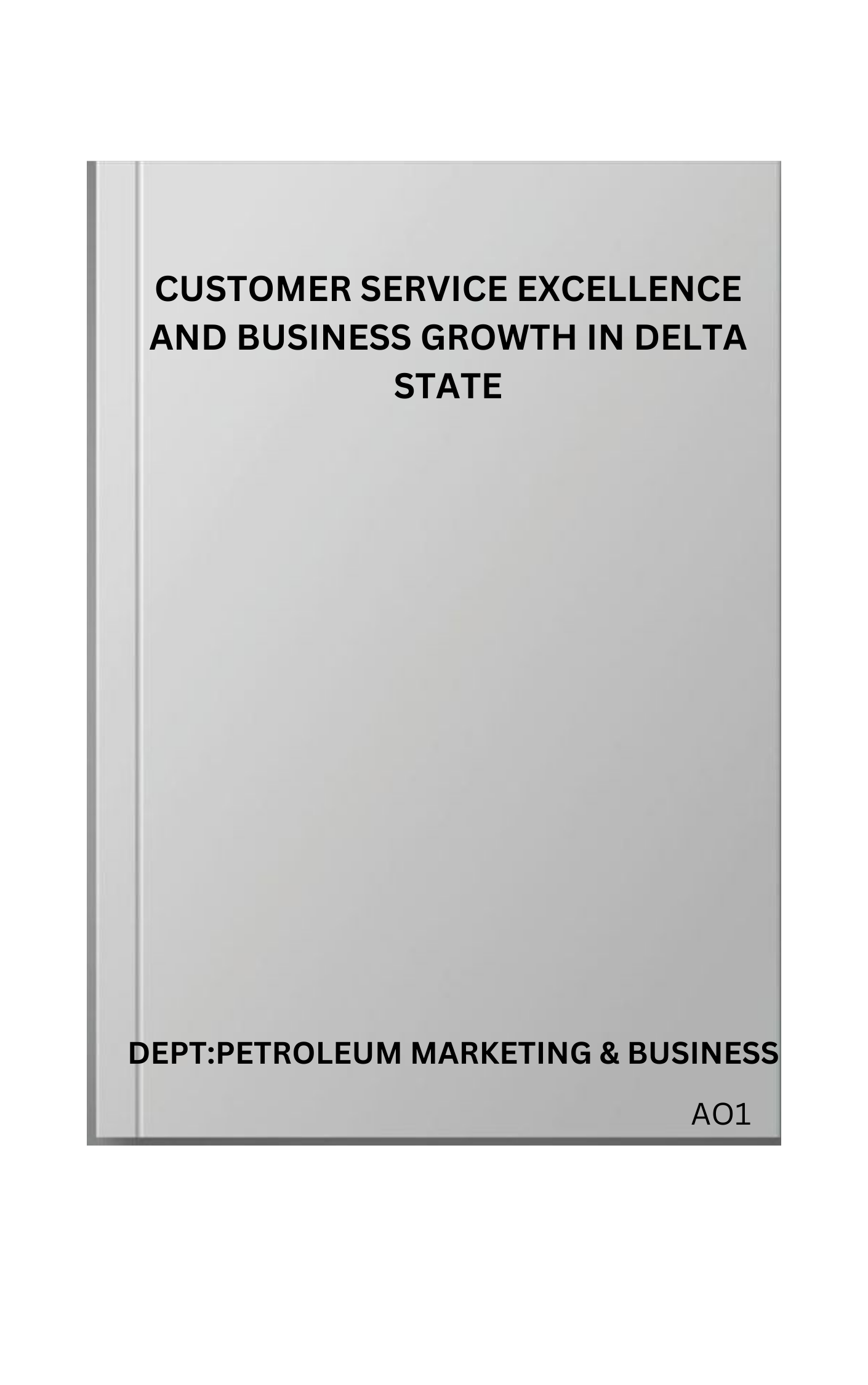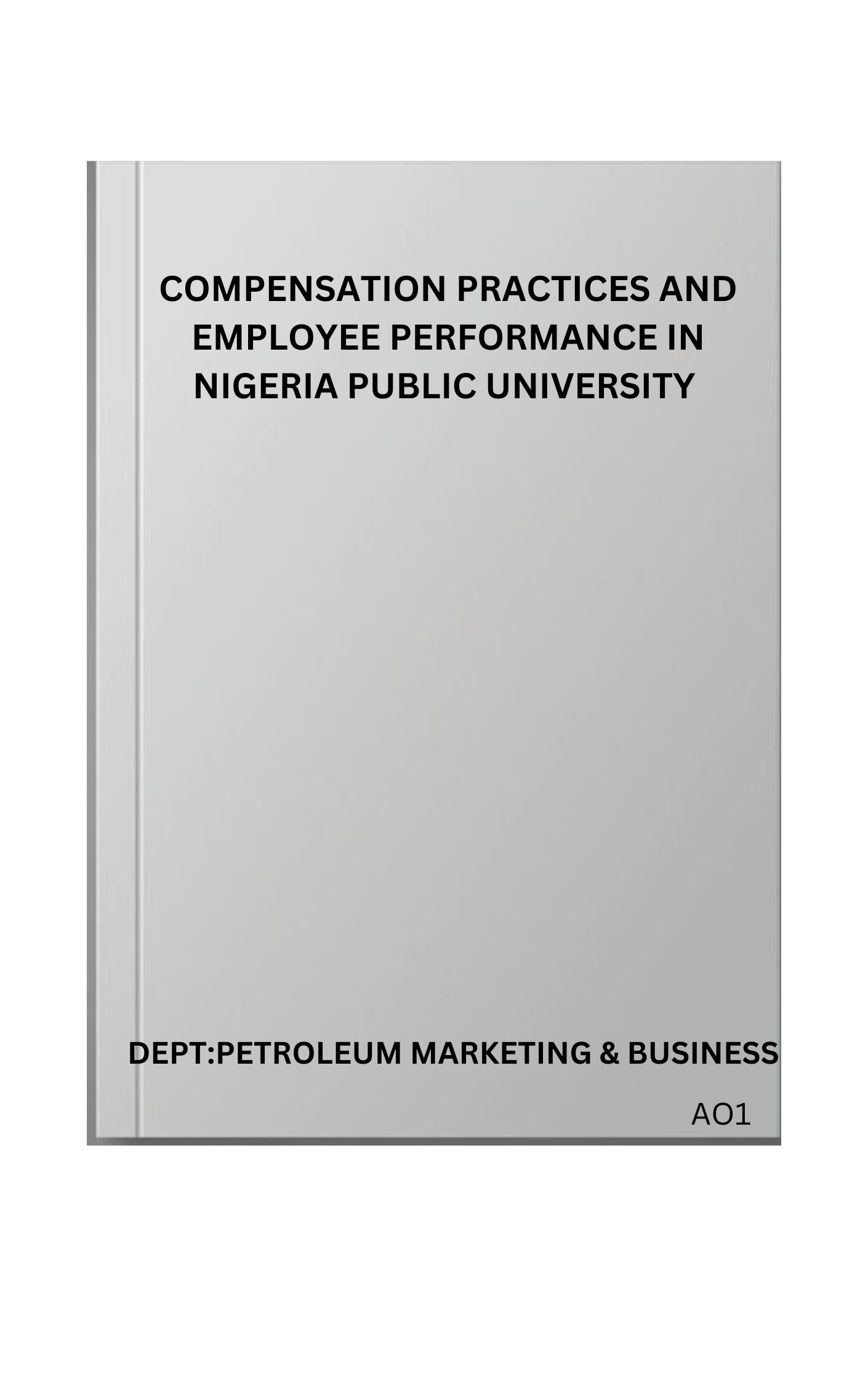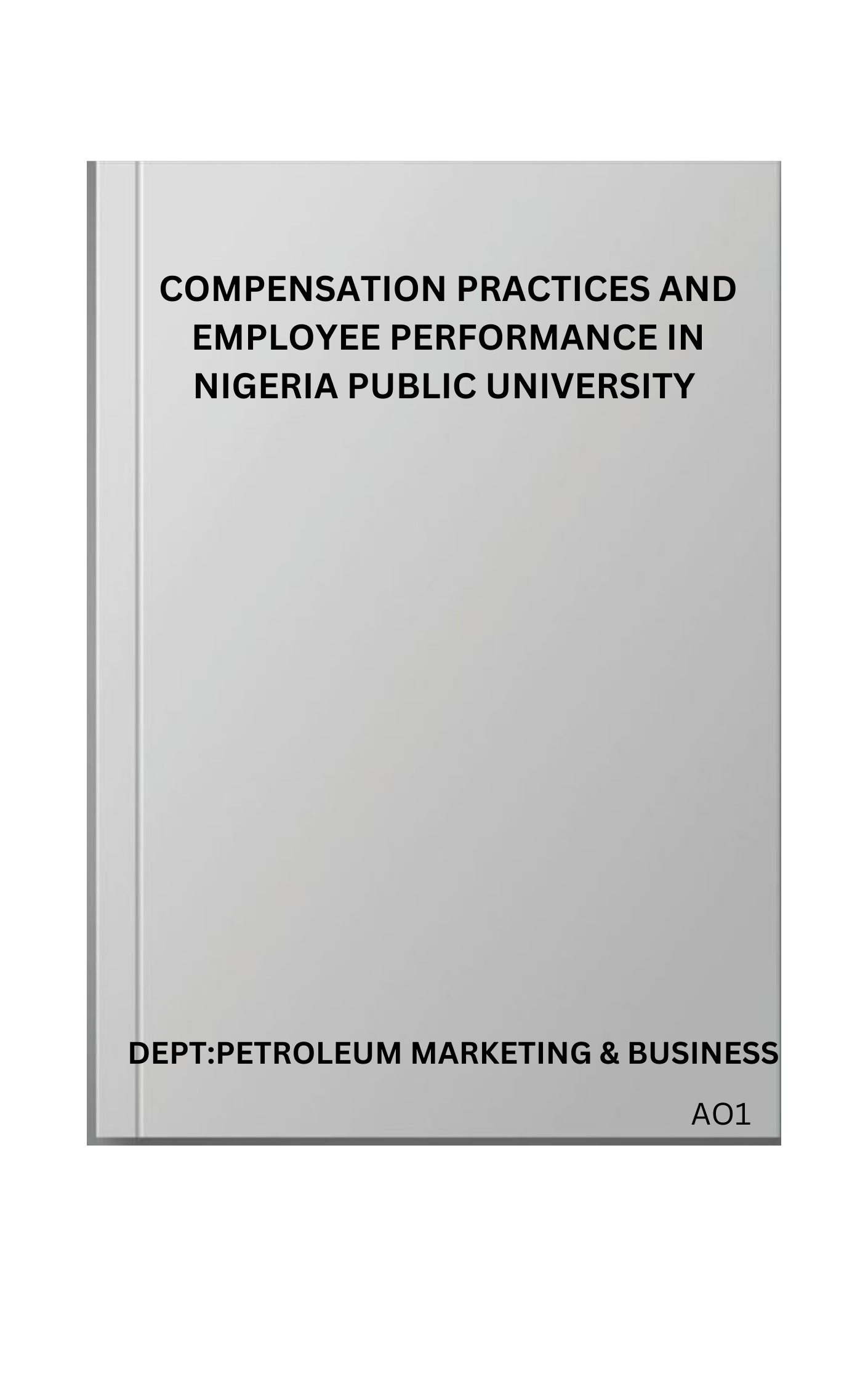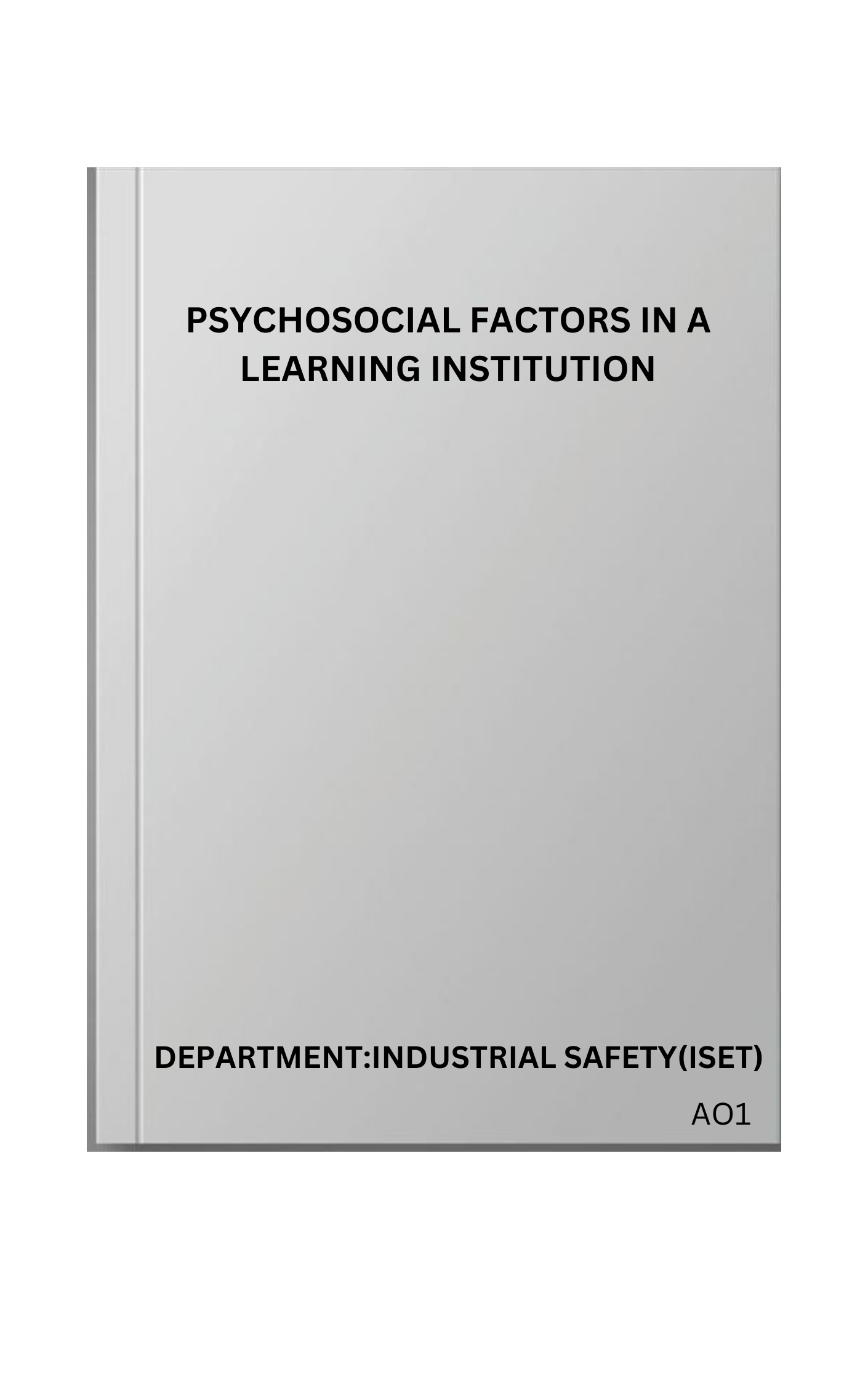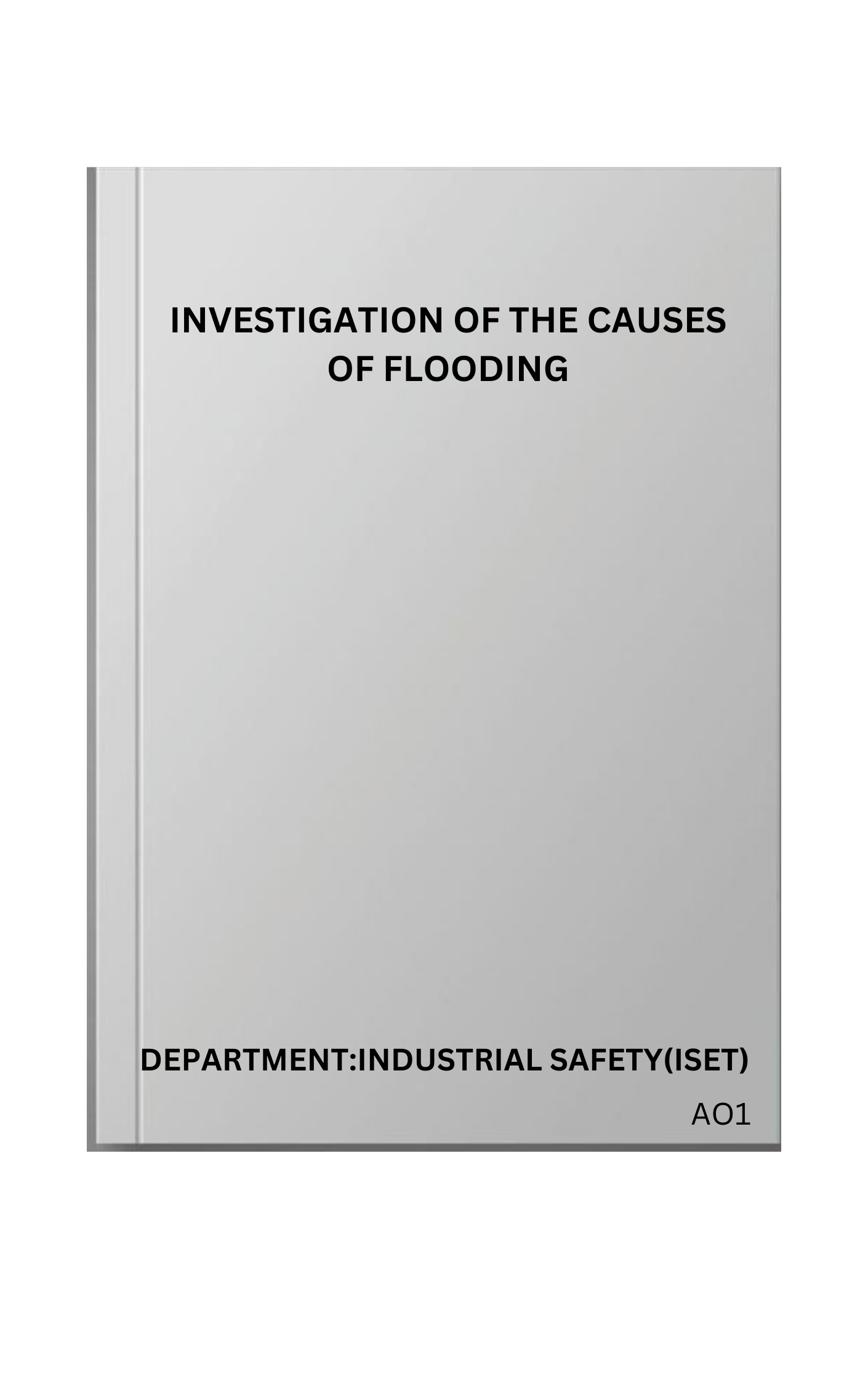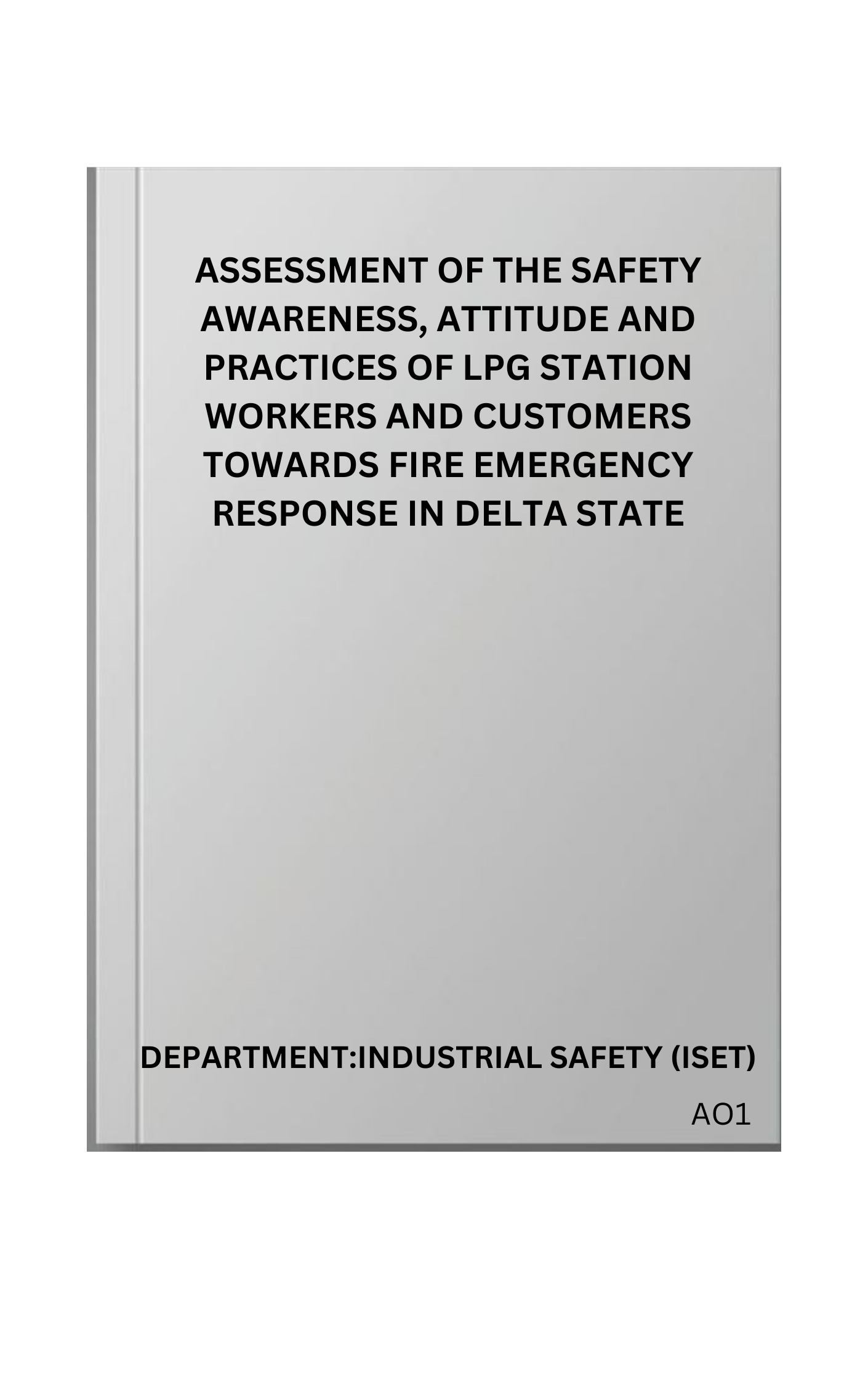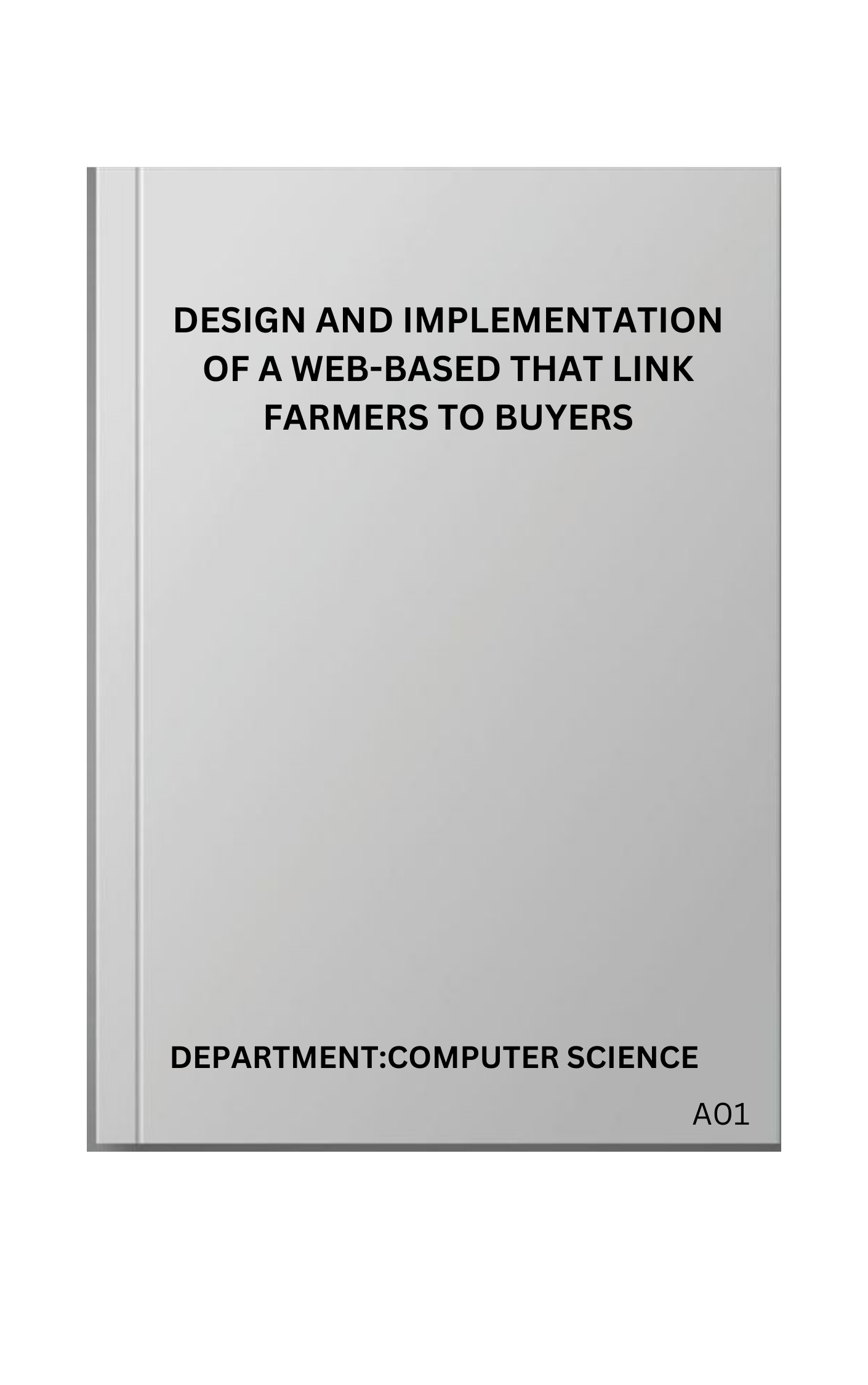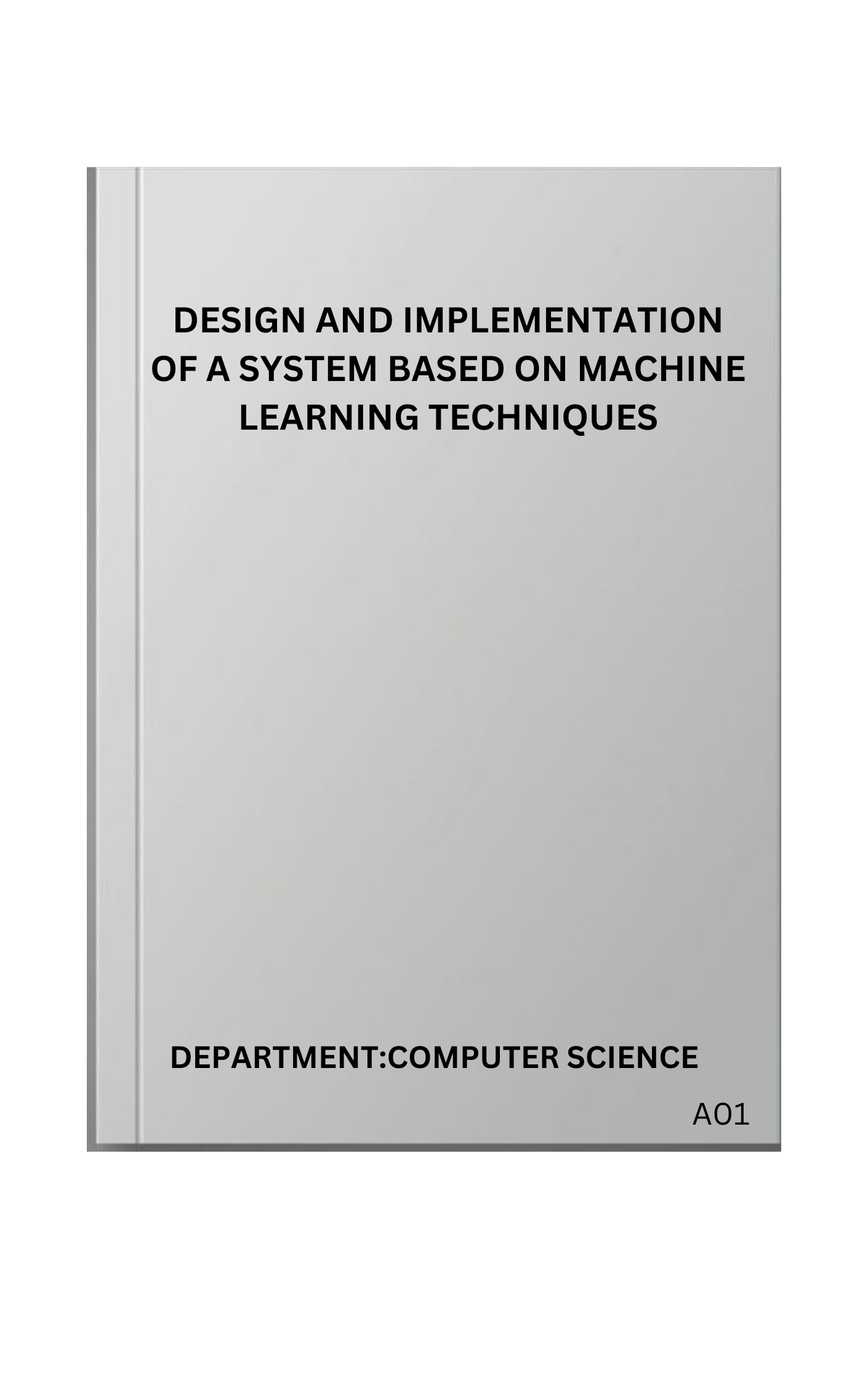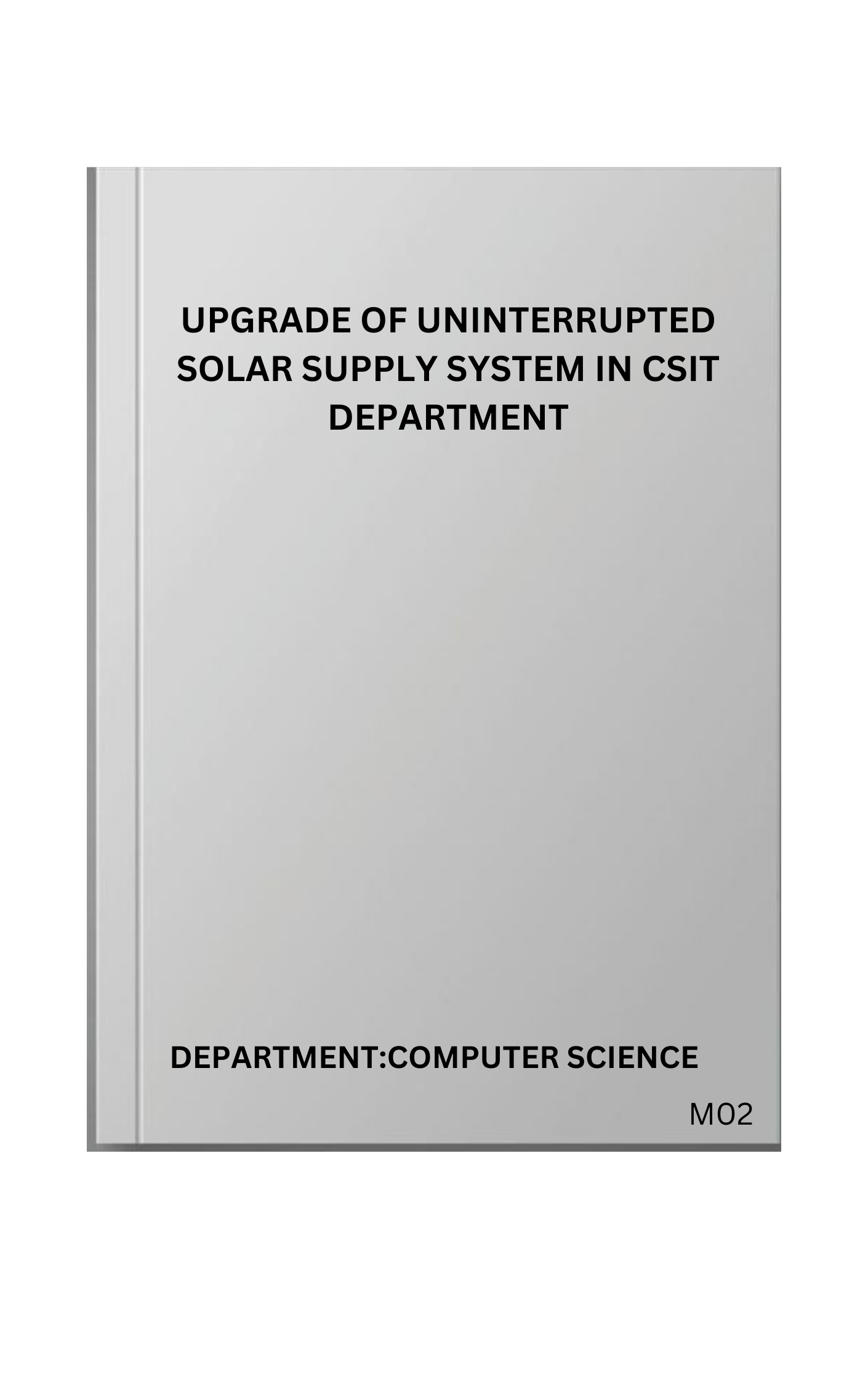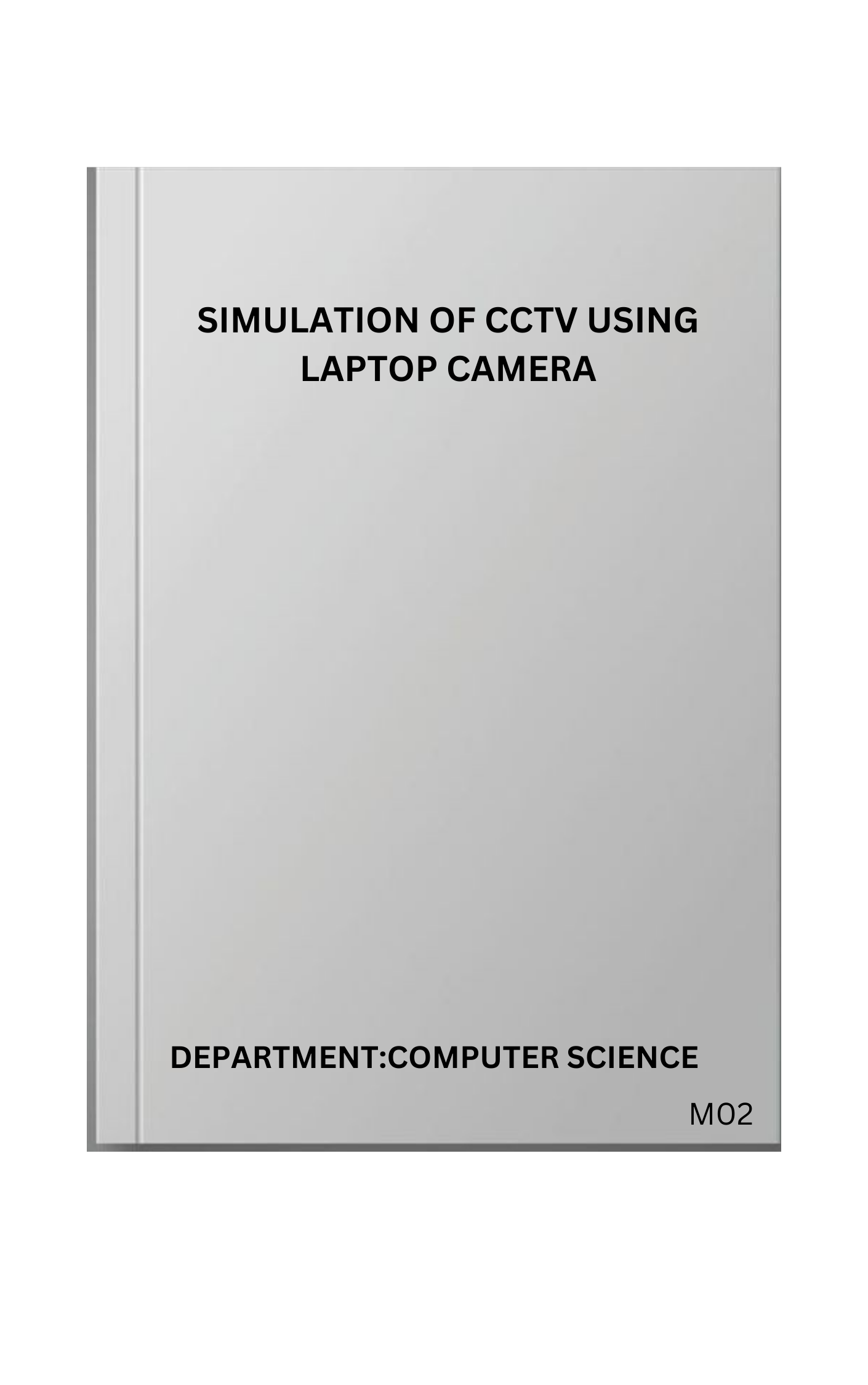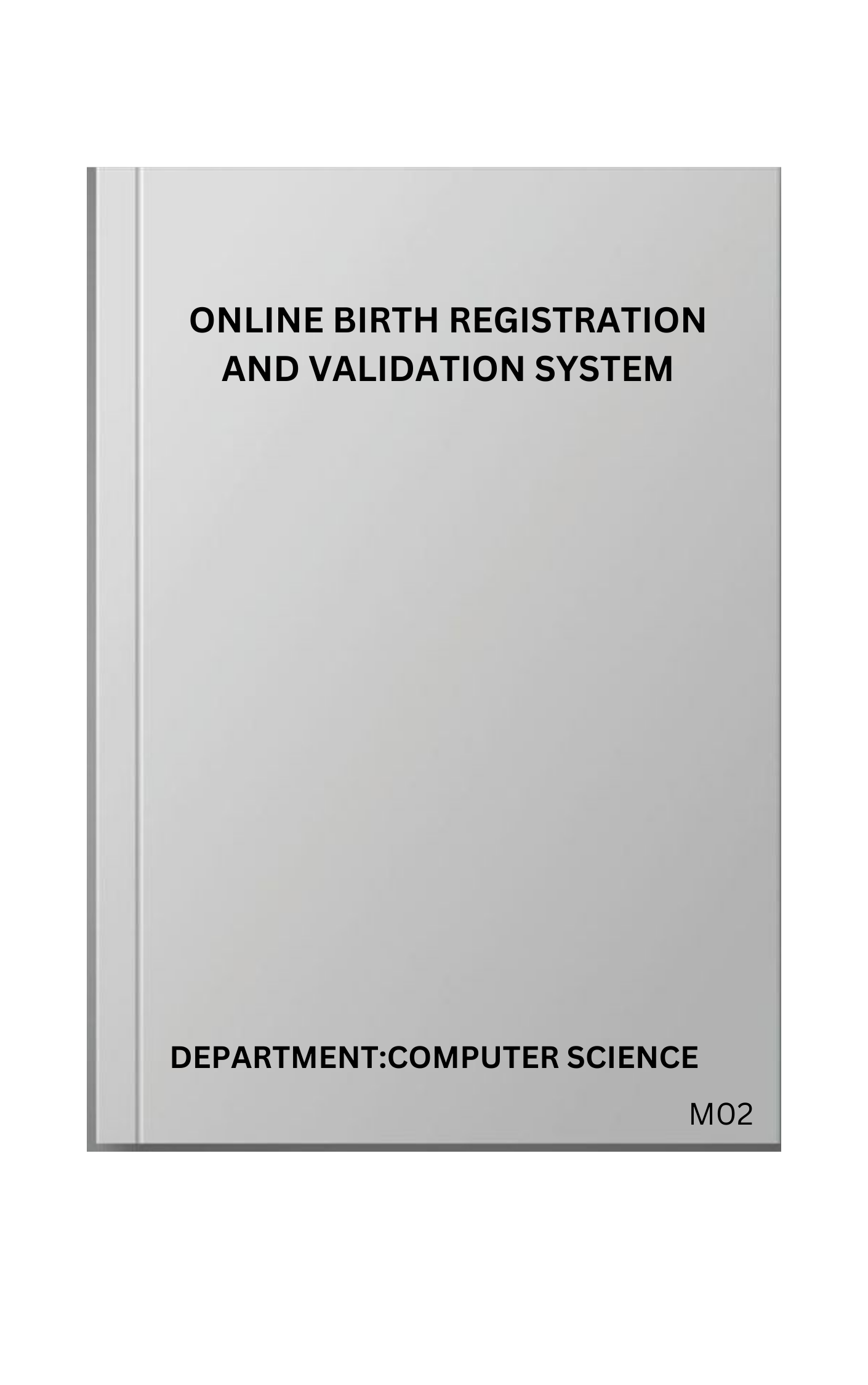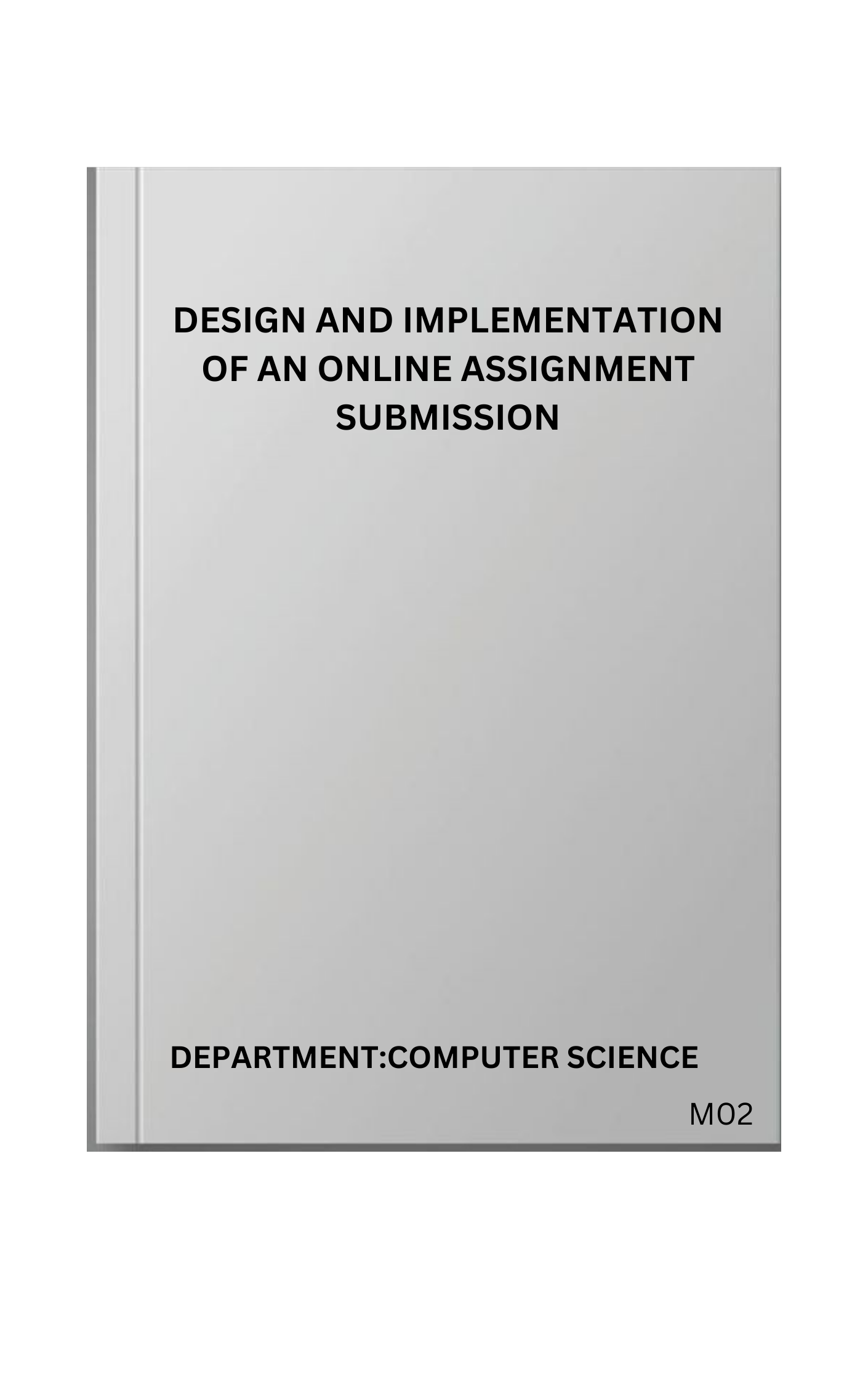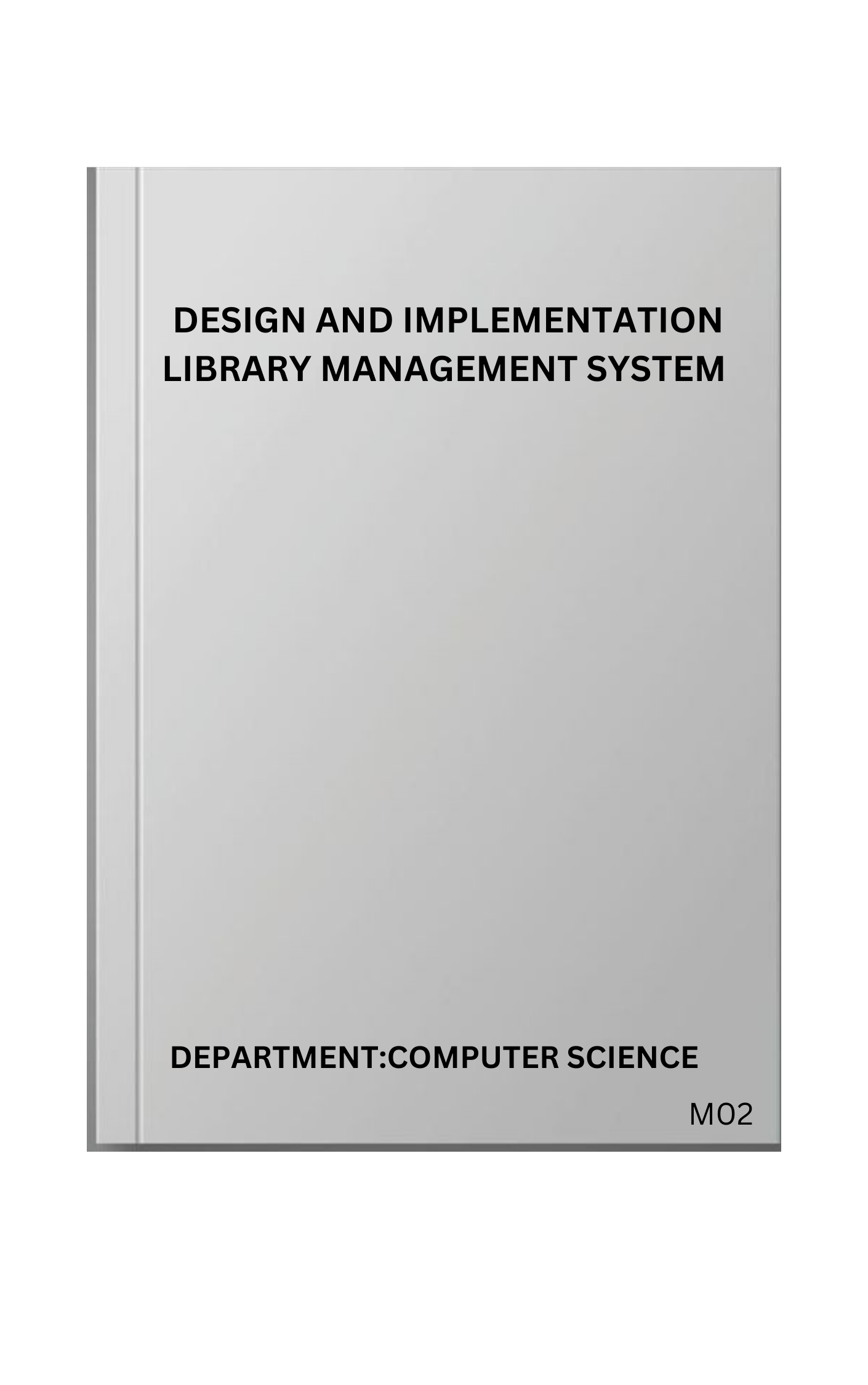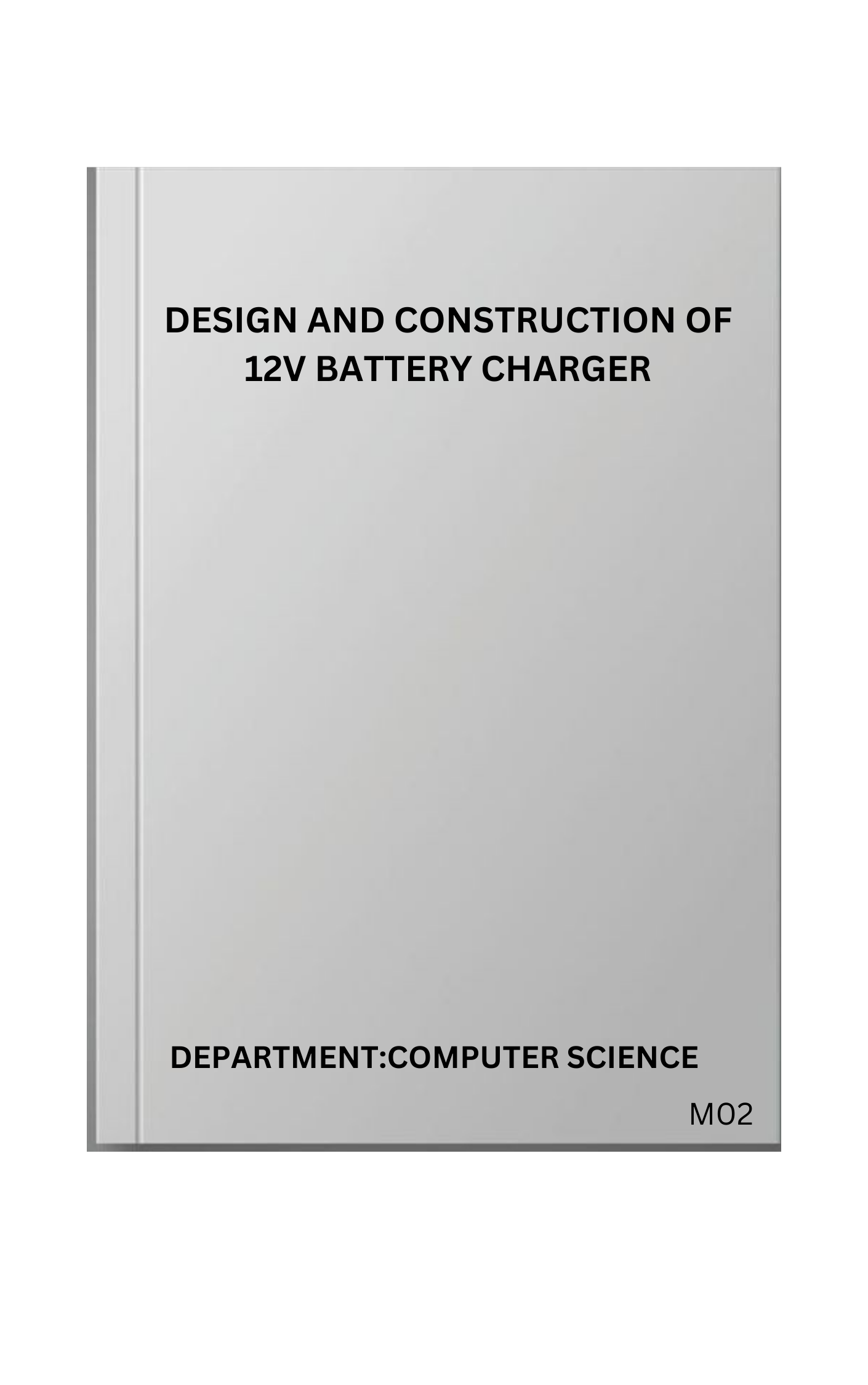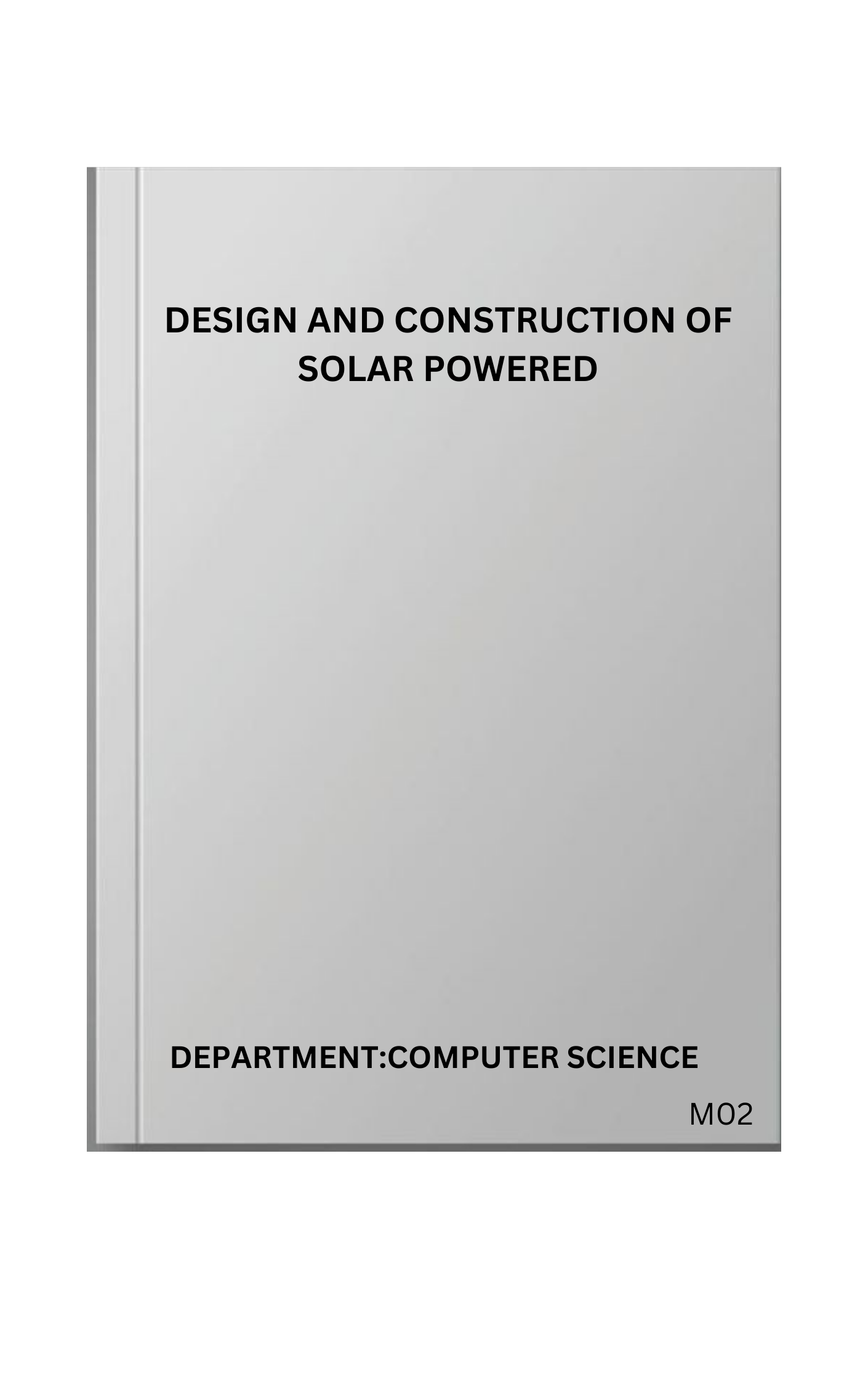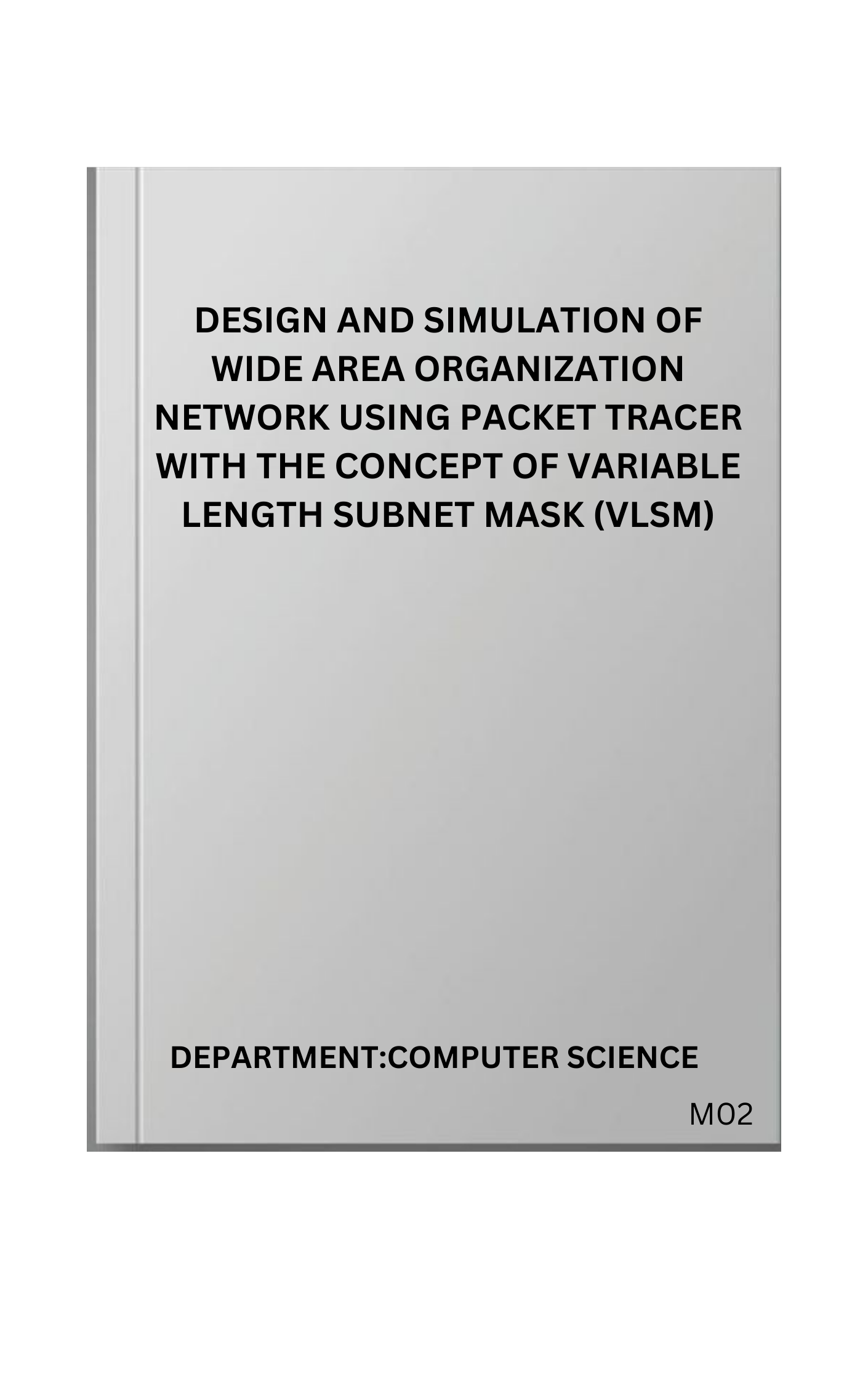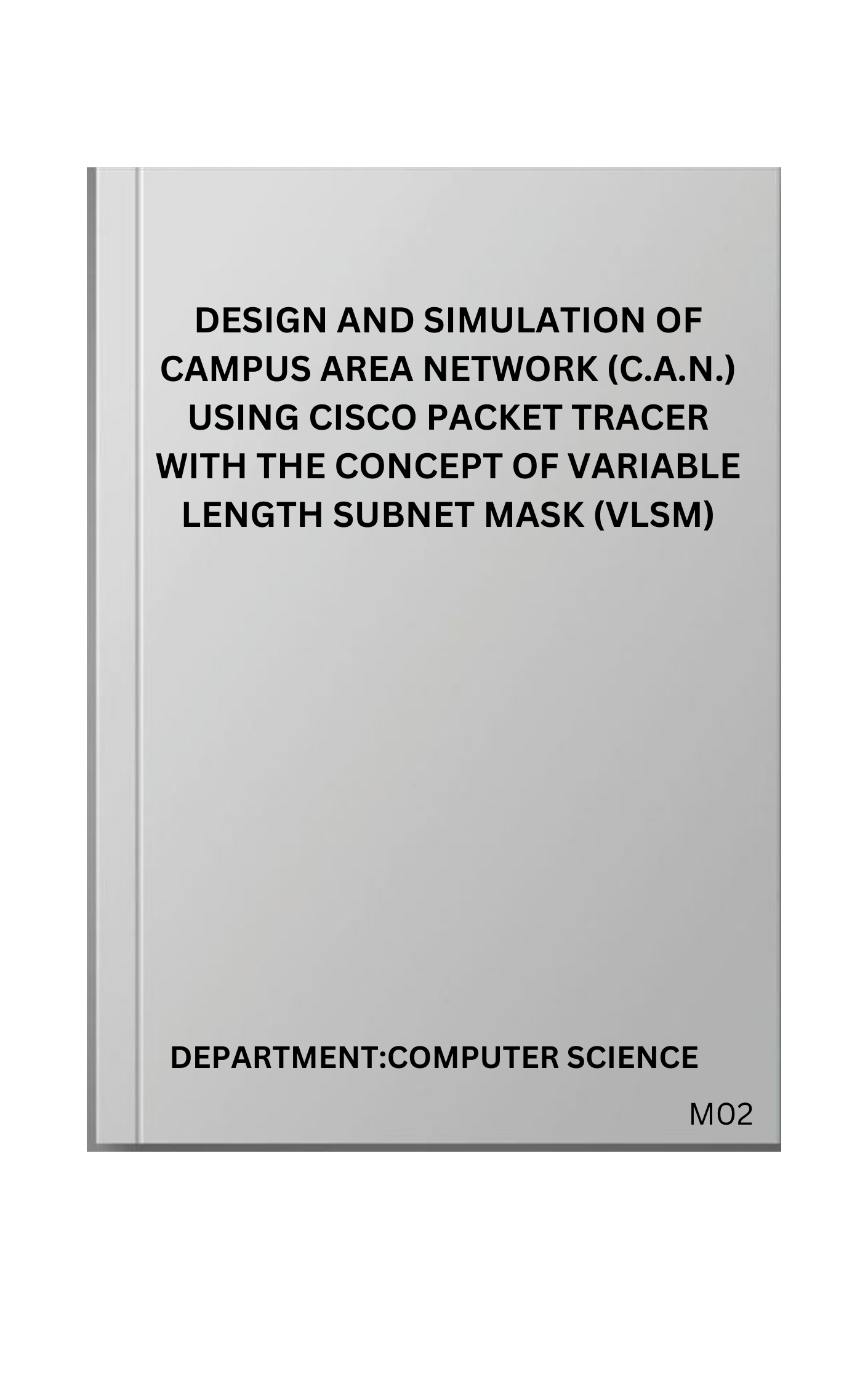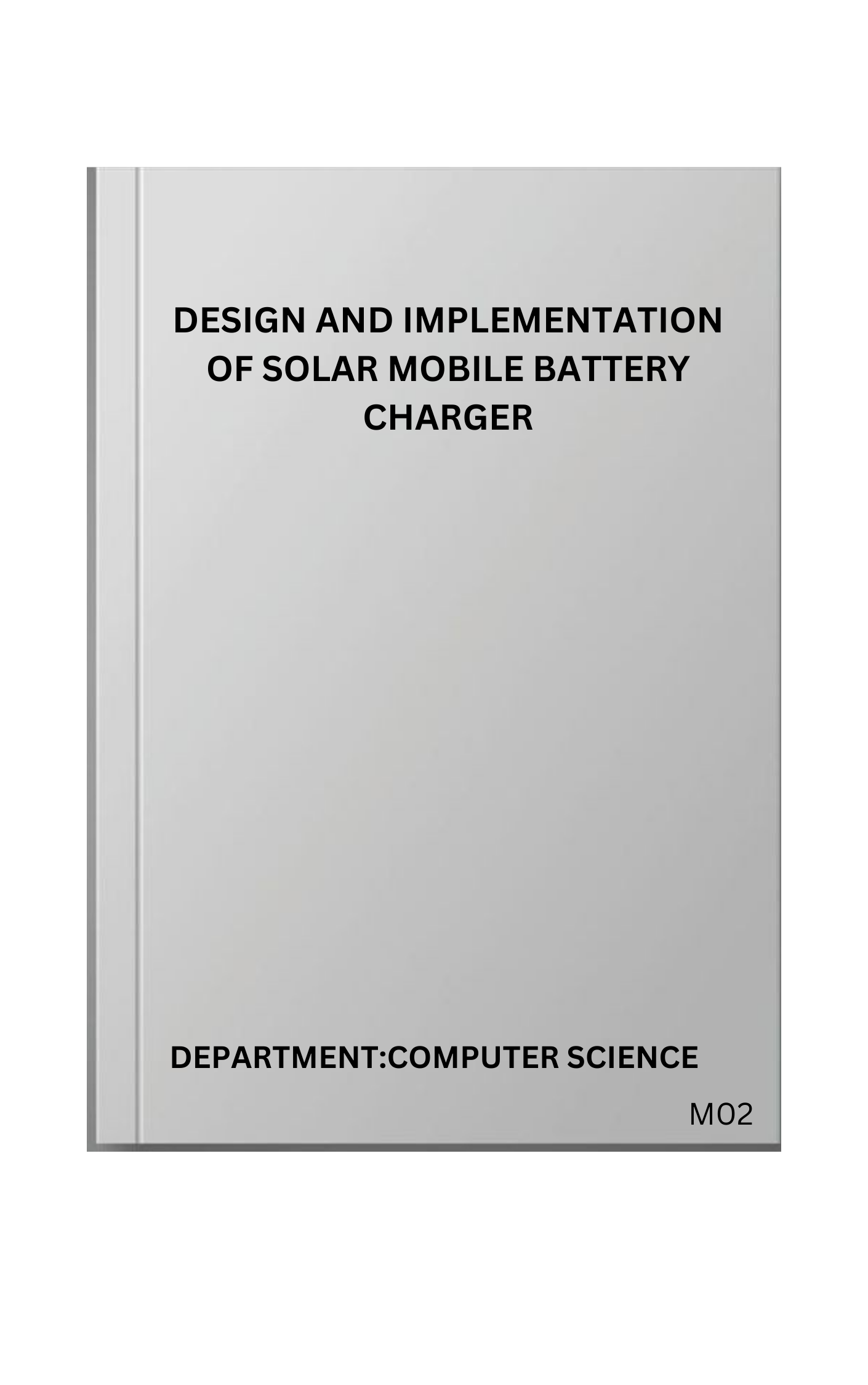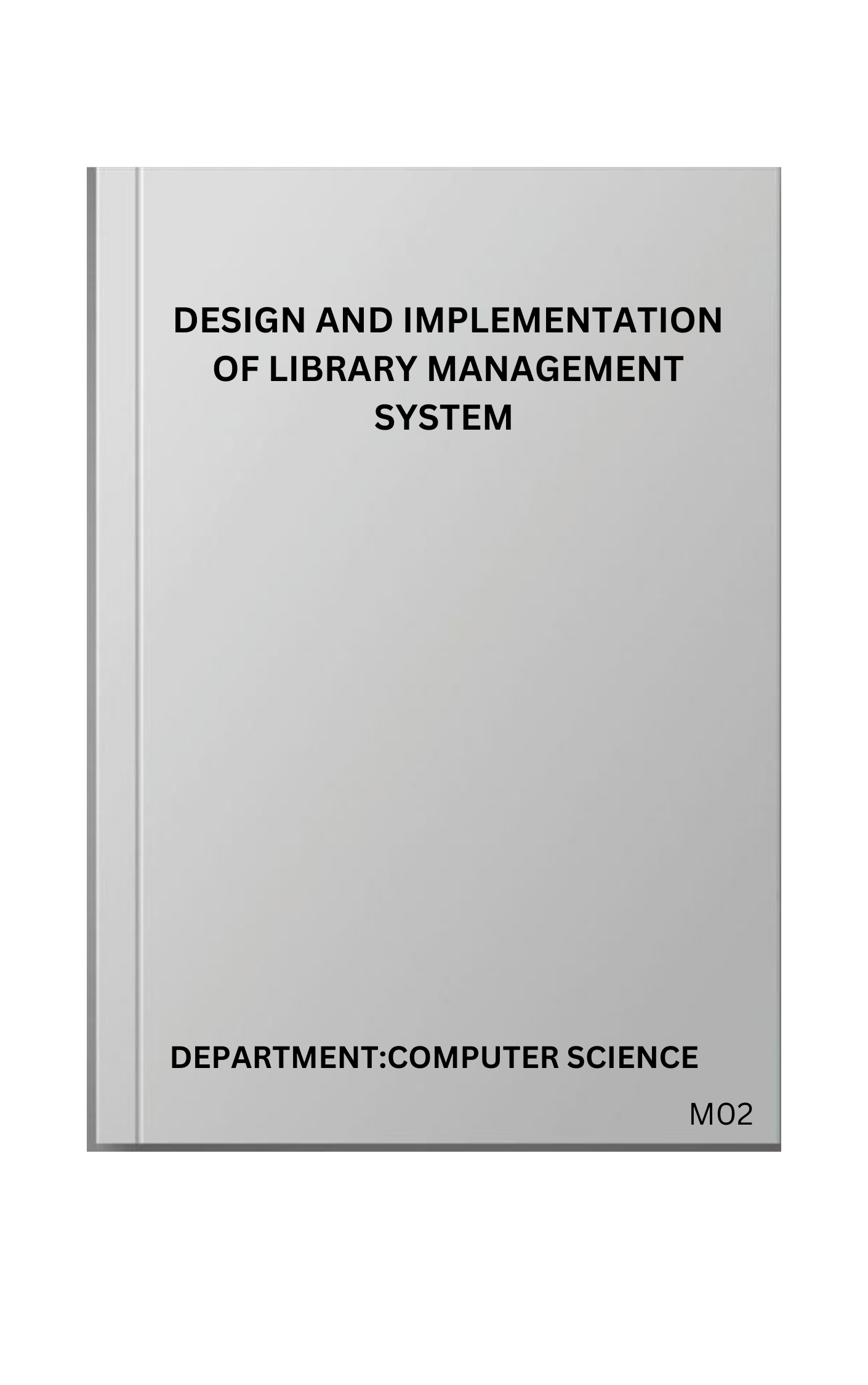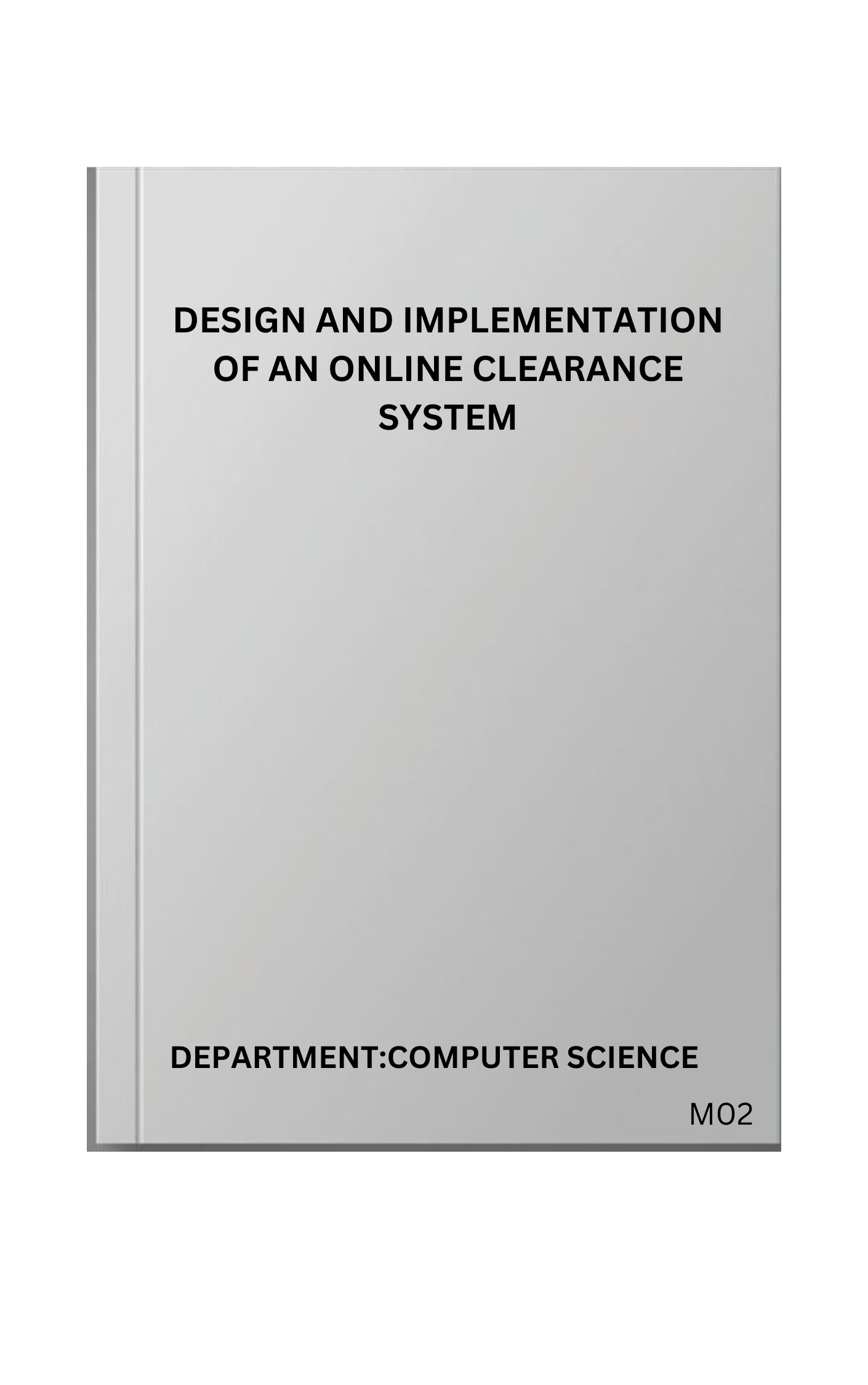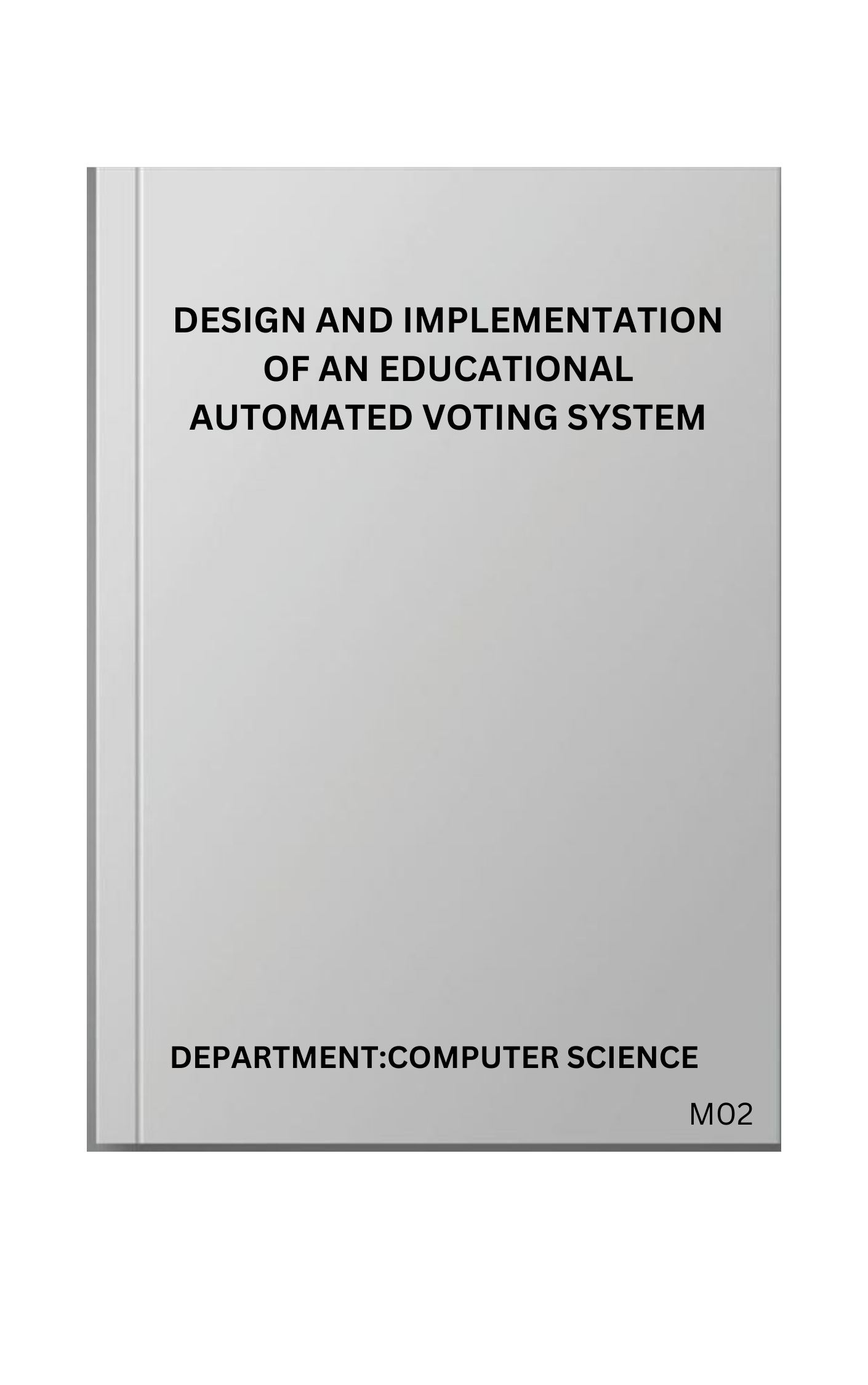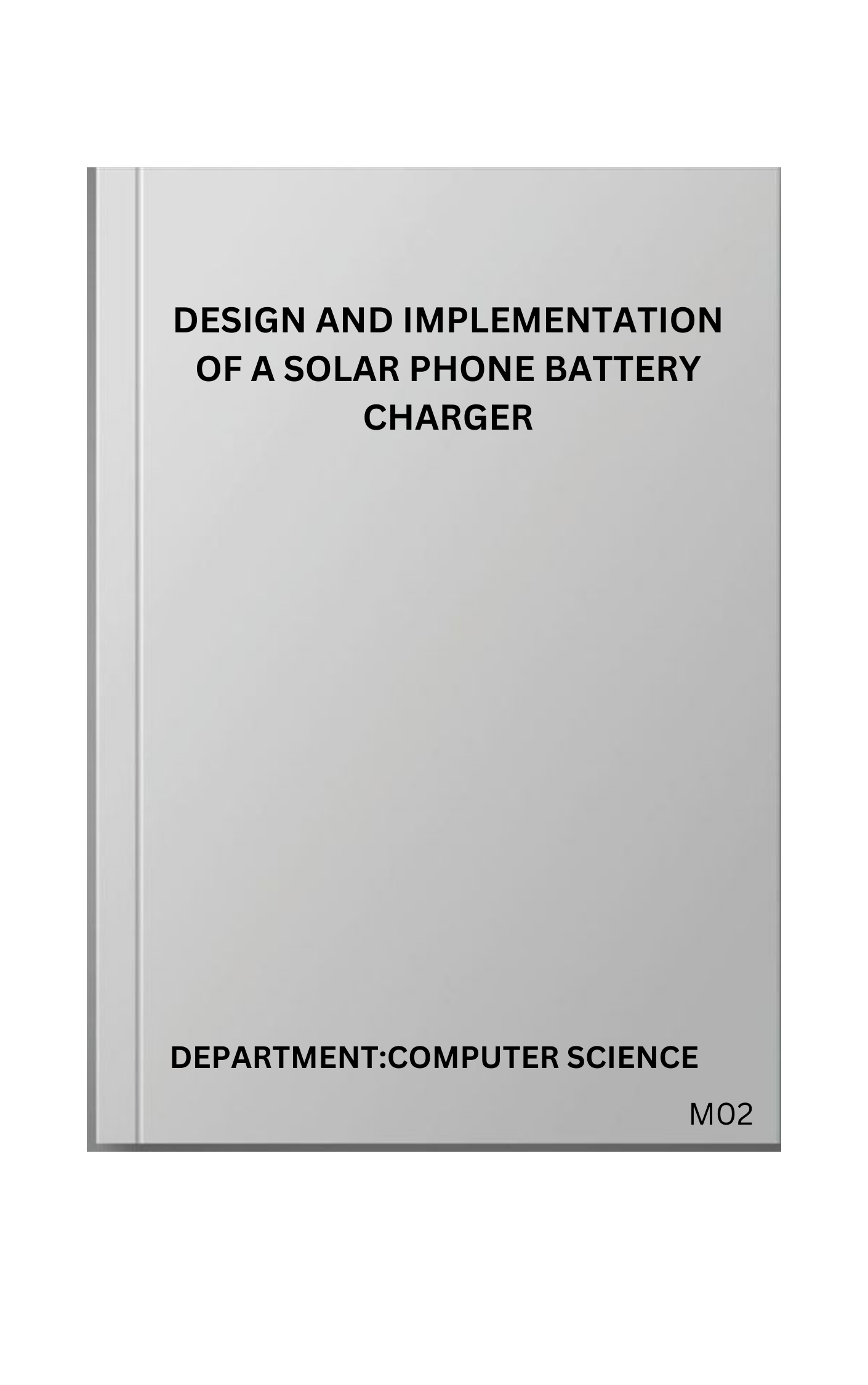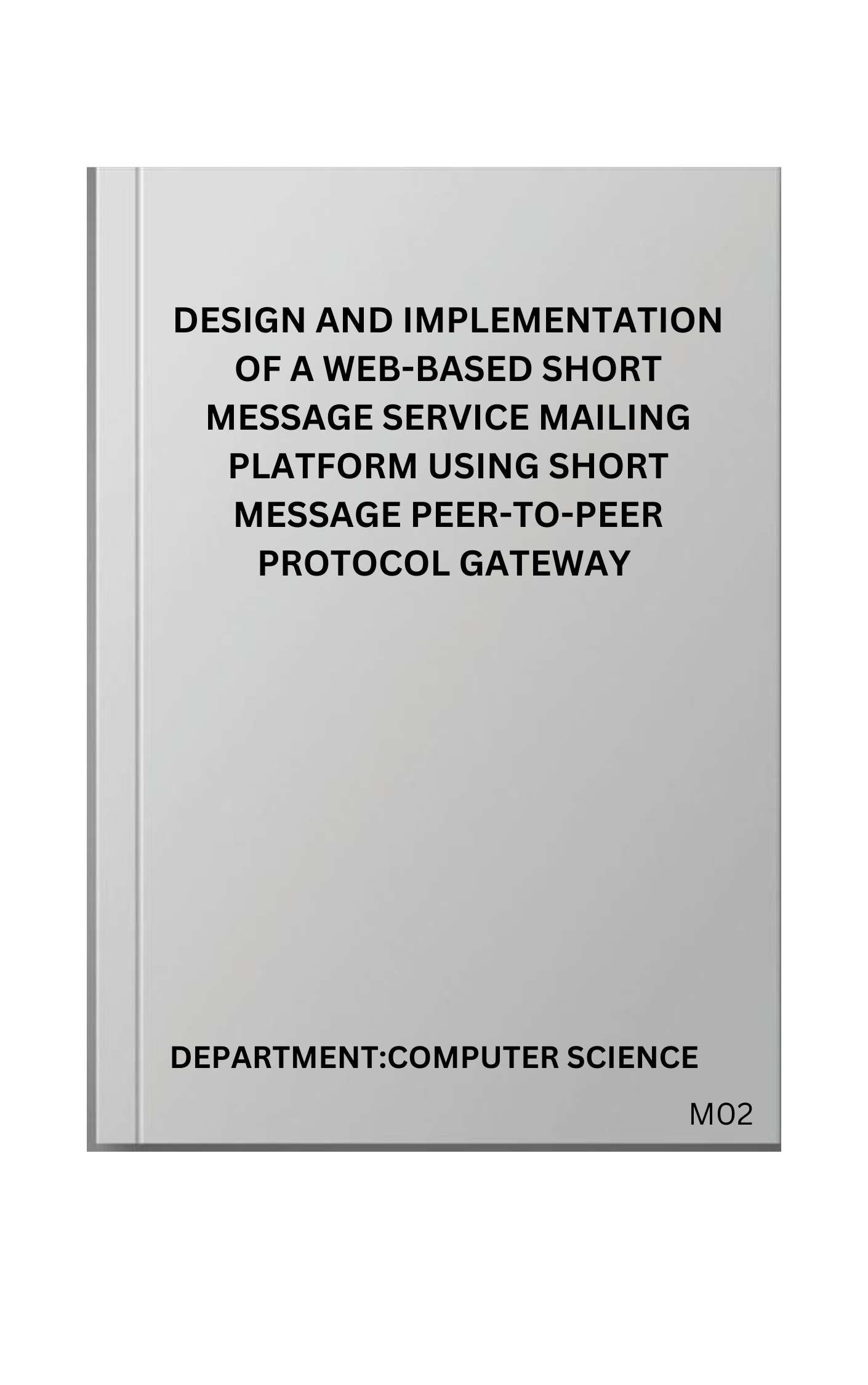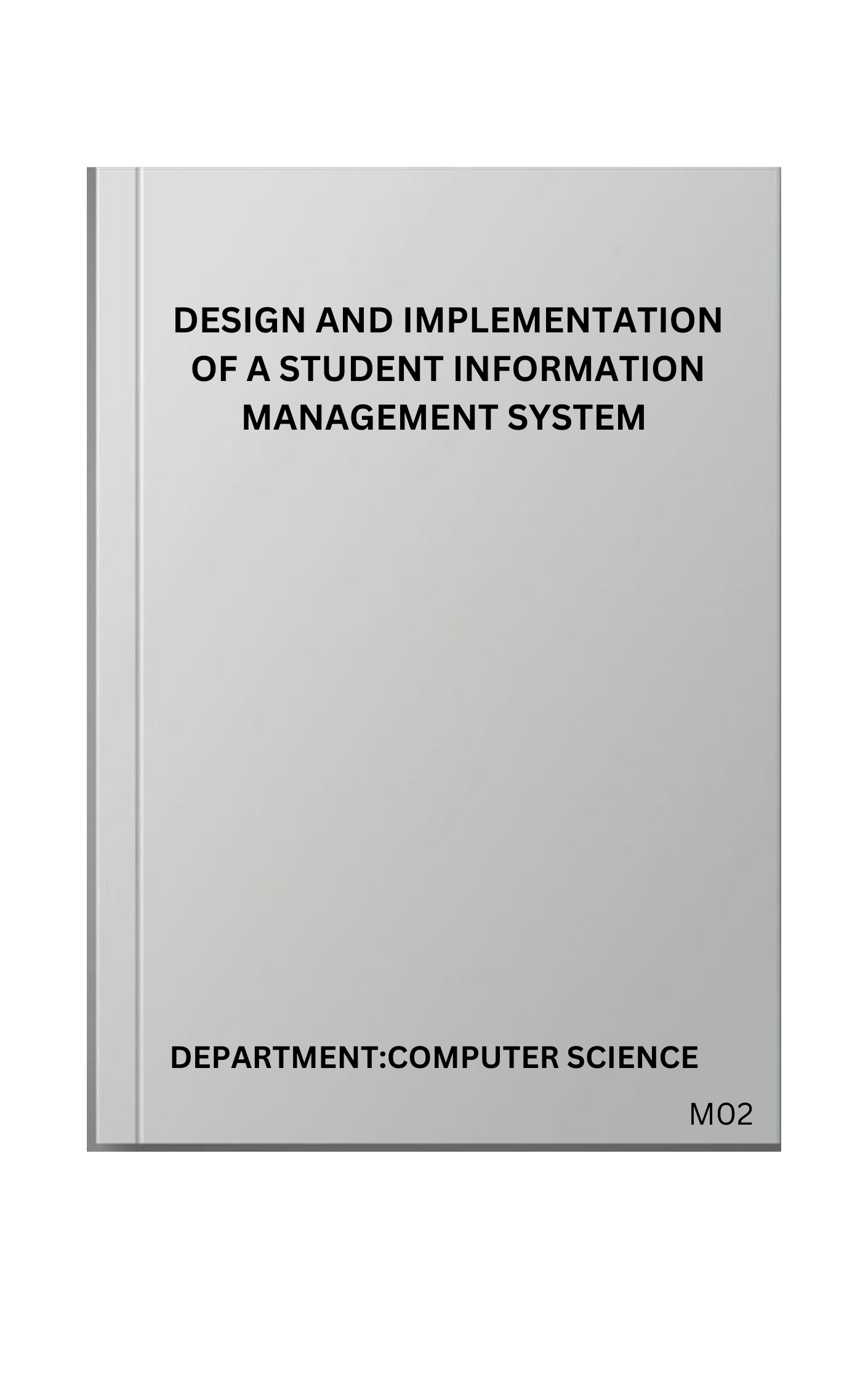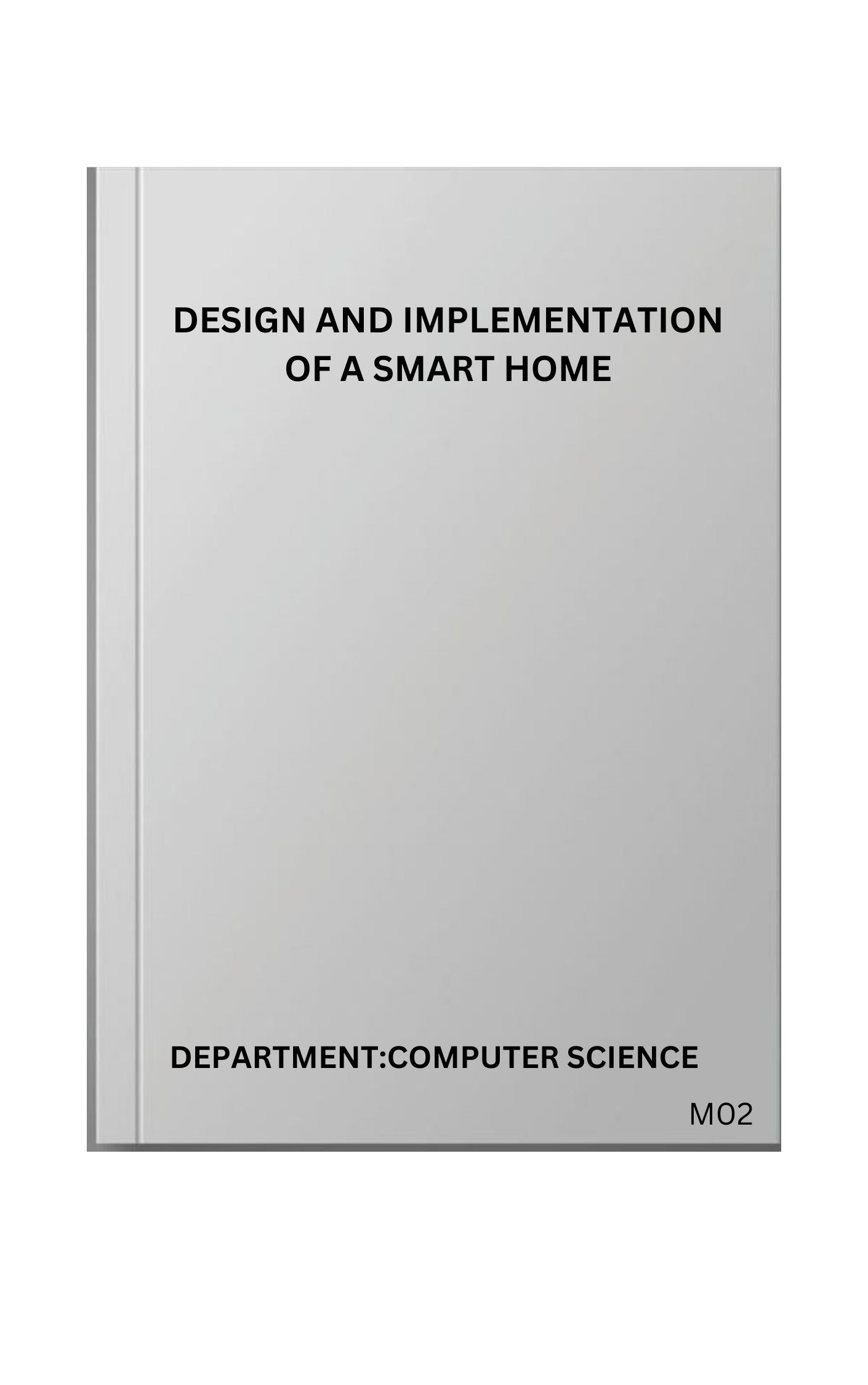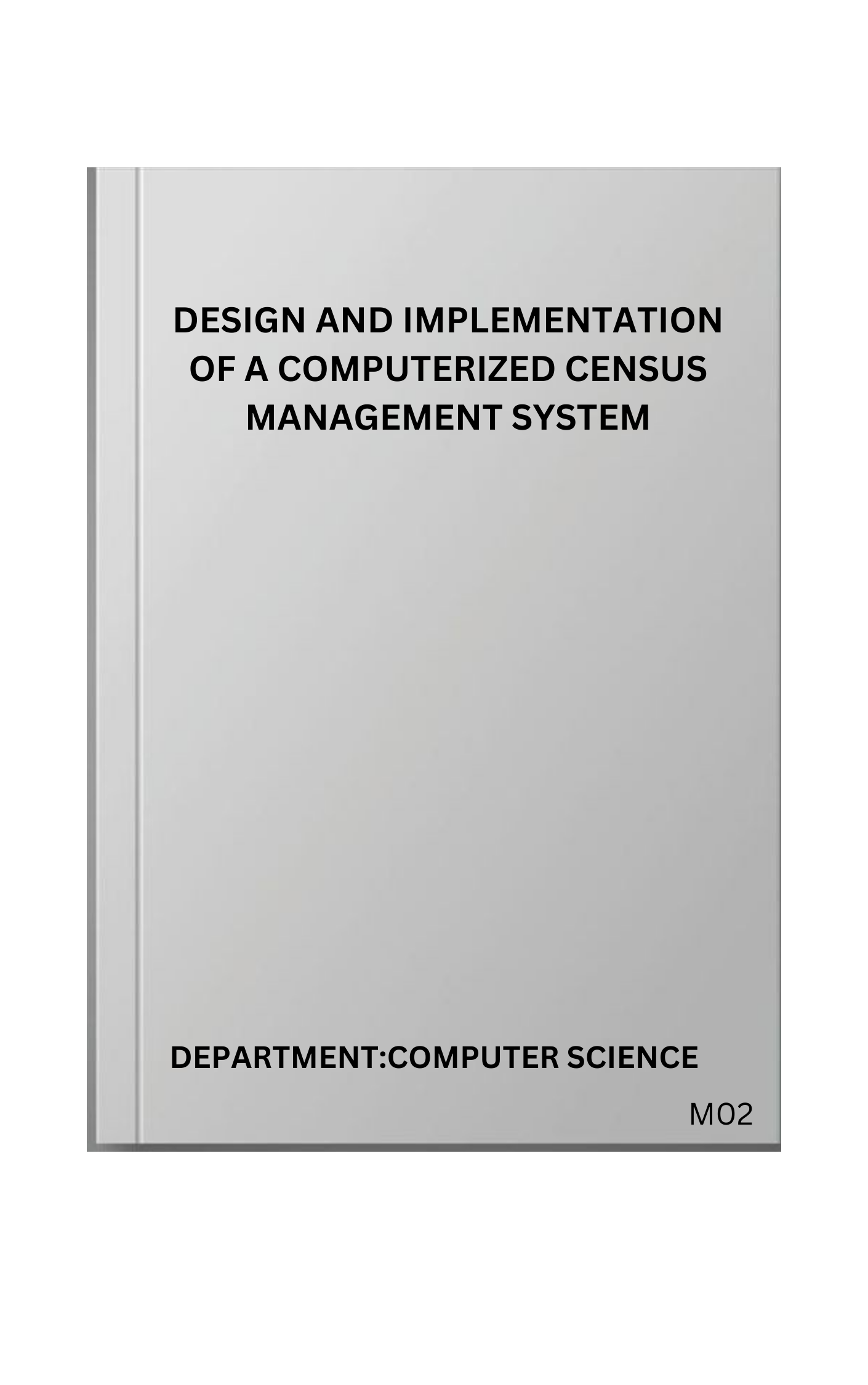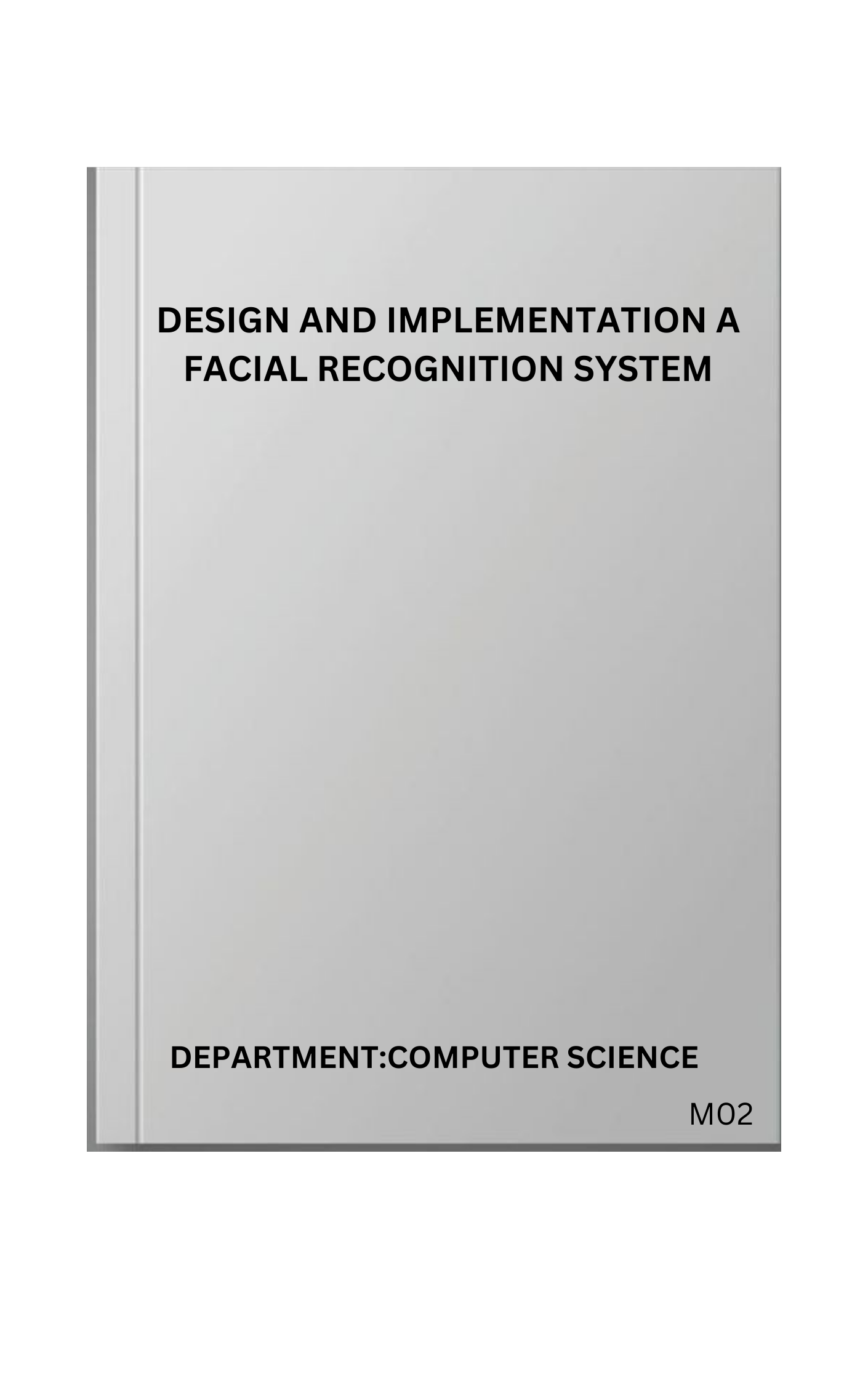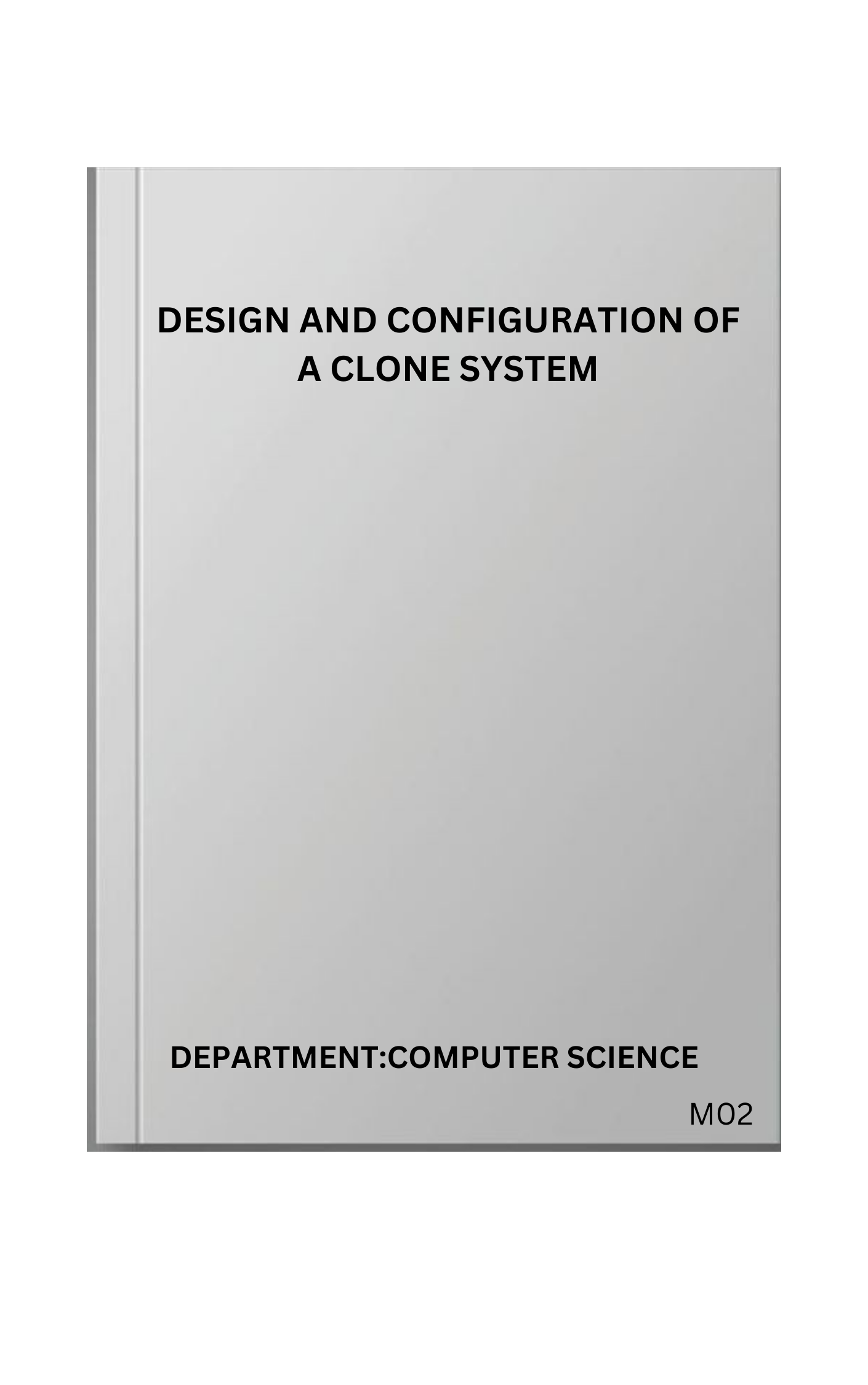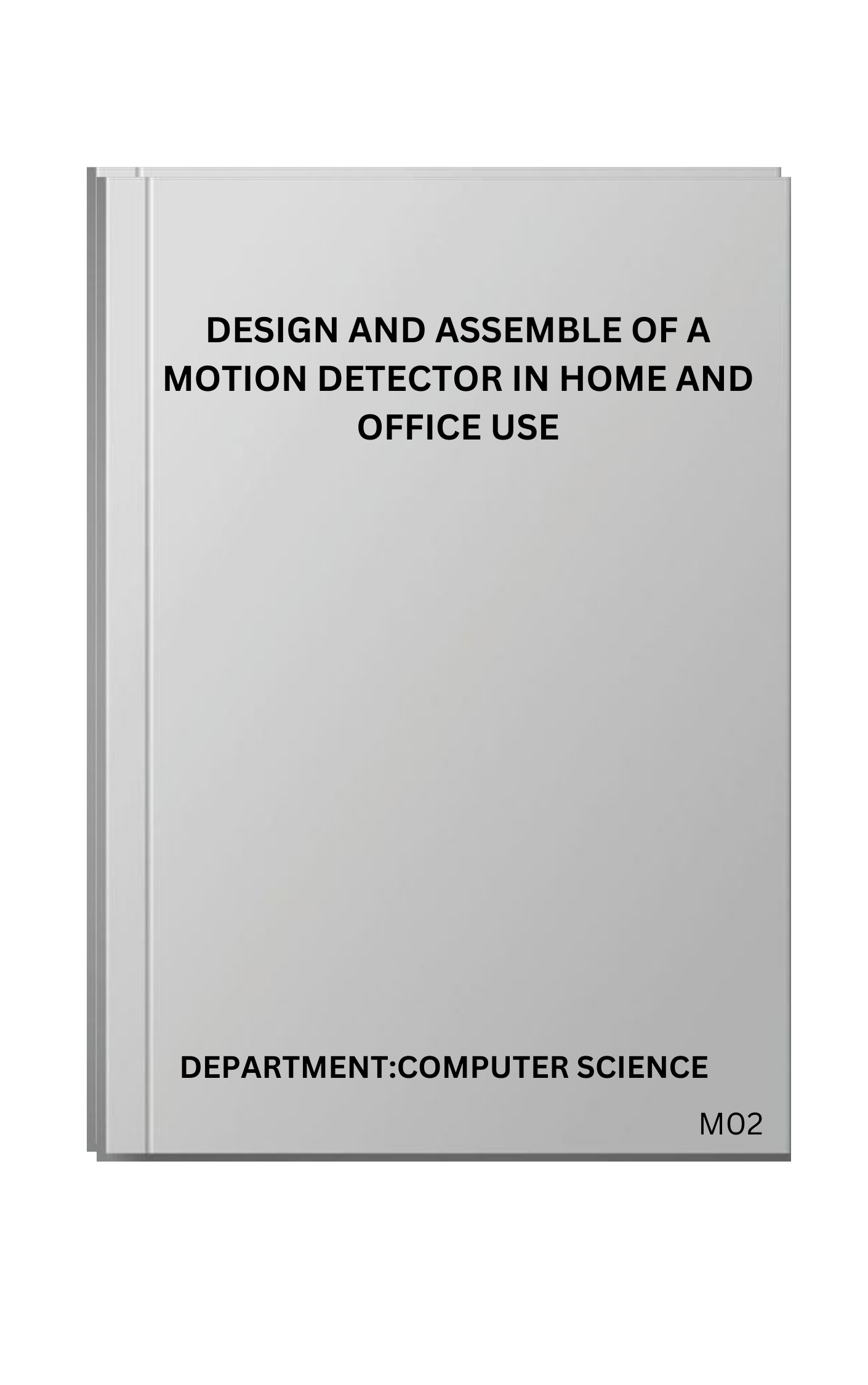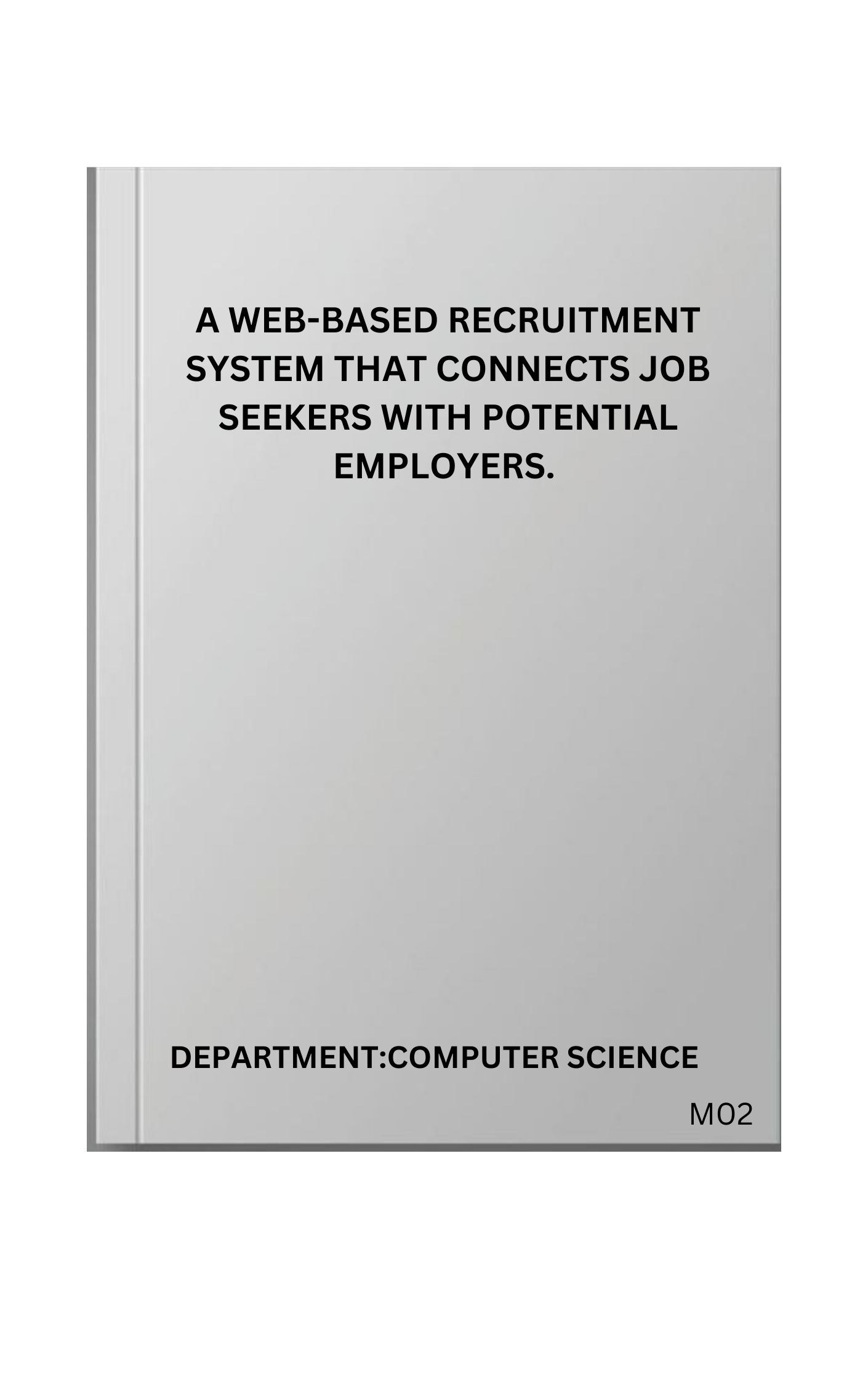CHAPTER ONE: INTRODUCTION
1.1 Background to the Study
Entrepreneurship is the process 0f identifying, pursuing, and bringing about change in economic and social system through the creation and management of new venture (Bates, 2019).
Entrepreneurship and small and medium enterprises (SMEs) are widely recognized as key drivers of economic growth, wealth creation, and poverty reduction in various economic around the world (Olayemi & Ogunleye, 2018).
These enterprises play a vital role in fostering innovation, generating employment opportunities, and promoting inclusive economic development (Egberi & Uregu, 2019). In Nigeria, SMEs constitute a major part of the economy, representing approximately 96% of all businesses and contributing significantly to employment generation, with about 84% of the workforce engaged in this sector (Small and Medium Enterprise Development Agency, 2017). Given these statistics, it is evident that SMEs are instrumental in promoting economic development in the country, serving as a critical source of job creation and income generation (Okonkwo & Chukwu, 2016).
The Delta State Government has acknowledged that pivotal role of SMES in its economic development strategy focusing on promoting entrepreneurship and cultivating an enabling environment for business to thrive (Egberi & Uregu, 2019).
This approach has led to the implementation of various initiatives such as the establishment of industrial parks, enterprise development centers, and microfinance institutions to provide the necessary support and resources for SMEs in the region. Effurun, a vibrant commercial town located in Delta State, has witnessed a proliferation of SMEs operating in a wide range of sectors, including manufacturing, trade, and services (Adeoye & Elgbiremolen, 2017). These enterprises contribute immensely to the local economy by offering employment opportunities stimulating innovation, and enhancing wealth creation within the community (Okonkwo & Chukwu, 2016). Nevertheless, SMEs in Effurun face a myriad of challenges that limited their growth and undermined their potential to significantly impact wealth creation and economic development in the region (Anayo & Amadi, 2020).
Entrepreneurship has become an increasingly vital tool for wealth creation and economic development globally. Small and medium-sized enterprise (SME’s) play a significant role in employment generation, poverty alleviation, and sustainable economic growth.
In Nigeria, particularly in Delta State, there is a growing interest in promoting entrepreneurship and SMEs as a means to diversify the economy, reduce unemployment, and enhance wealth creation.
Delta State, located in the south-south geopolitical zone of Nigeria, has significant economic potential due to tis abundant natural resources, such as oil and gas, agriculture, and a vibrant population.
However, the state has faced numbers challenges including high unemployment rates, poverty, and over-dependence on oil revenue. Consequently, the need to promote entrepreneurship and SME growth has become a priority for the Delta State Government and its people. Effurun, a rapidly growing urban settlement in Delta State, serves as a focal point for this study due to its environs, this study aims to shed light on the role of entrepreneurship in wealth creation, as well as the challenges and opportunities that SMES encounter in their quest for growth and sustainability.
Among the challenges faced by SMEs in Effurun are access to technology, flexibility creativity and innovation (Egberi & Uregu, 2019; Nzewi & Ibeh, 2021). These constraints have adverse effects on the productivity, competitiveness, and overall performance of SMEs, leading to increased costs of doing business and diminished prospects for sustainable growth (Ama, 2021). Addressing these challenges and optimizing the potential of SMEs in Effurun and its environs is therefore crucial for achieving economic prosperity in Delta State.
A considerable number of researchers have focused on identifying the major constraints faced by SMEs in Effurun, exploring strategies to promote entrepreneurship and wealth creation, and proposing policy interventions to address the various challenges confronting these enterprises (Okonkwo & Chukwu, 2016); (Olayemi & Ogunleye, 2018). The present study seeks to further enrich this body of knowledge by conducting an in-depth examination of the challenges faced by SMEs in Effurun and offering practical recommendation to promote entrepreneurship and wealth creation in the area.
A comprehensive understanding of the challenges faced by SMEs in Effurun, as well as potential solution to address these issues, will contribute to the existing literature on SMEs and economic development. The finding of this study will serve as a valuable resource for policy makers, stakeholders, and other interested parties seeking to enhance the growth and performance of SMEs. In Effurun and similar regions. By implementing effective policies and strategies, it is possible to create a conductive environment that nurtures entrepreneurship, fosters wealth creation, and promotes sustainable economic development in Delta state and beyond.
This project aims to contribute to existing body of knowledge on entrepreneurship and SMEs development in Nigeria, particularly in Delta State, by providing insights into the dynamics of wealth creation, employment generation, and economic development through entrepreneurial activities.
Furthermore, it seeks to inform policy recommendations and strategies to support SMEs in Effurun and its environ, thereby fostering a conducive environment for entrepreneurship and sustainable economic growth the region.
1.2 Statement of the Problem
Entrepreneurship and small and medium enterprise (SMEs) are recognized as significant contributors to economic growth, innovation and employment creation in various economics around the world (Egberi & Uregu, 2019). In Delta State, SMEs constitute a major part of the economy, and the government has acknowledged their pivotal role in economic development.
Despite their immense potential for promoting wealth creation and sustainable economic development in Effurun and its environs, SMEs face several challenges that limited their growth and undermine their performance (Egberi & Uregu, 2019). These challenges include access to technology, innovation, flexibility, and creativity. These constraints have negative effects on SMEs productivity and competitiveness leading to increased costs and diminished prospects for sustainable growth (Ama, 2021).
In responses to this problem, the researchers aims to further investigate the effect of entrepreneurship on wealth creation in Delta State using selected SME’s in Effurun and environs.
1.3 Research Question
In line with the intended specific objectives of the study, the following research question was raised to guide the study.
1.Does access to technology influence wealth creation in Delta State?
2.Does innovation within SMEs play a key role in wealth creation for entrepreneurs in Effurun and its environs?
3.Does creativity influence the growth of SMEs in promoting wealth creation?
PAY TO GET COMPLETE PROJECT

